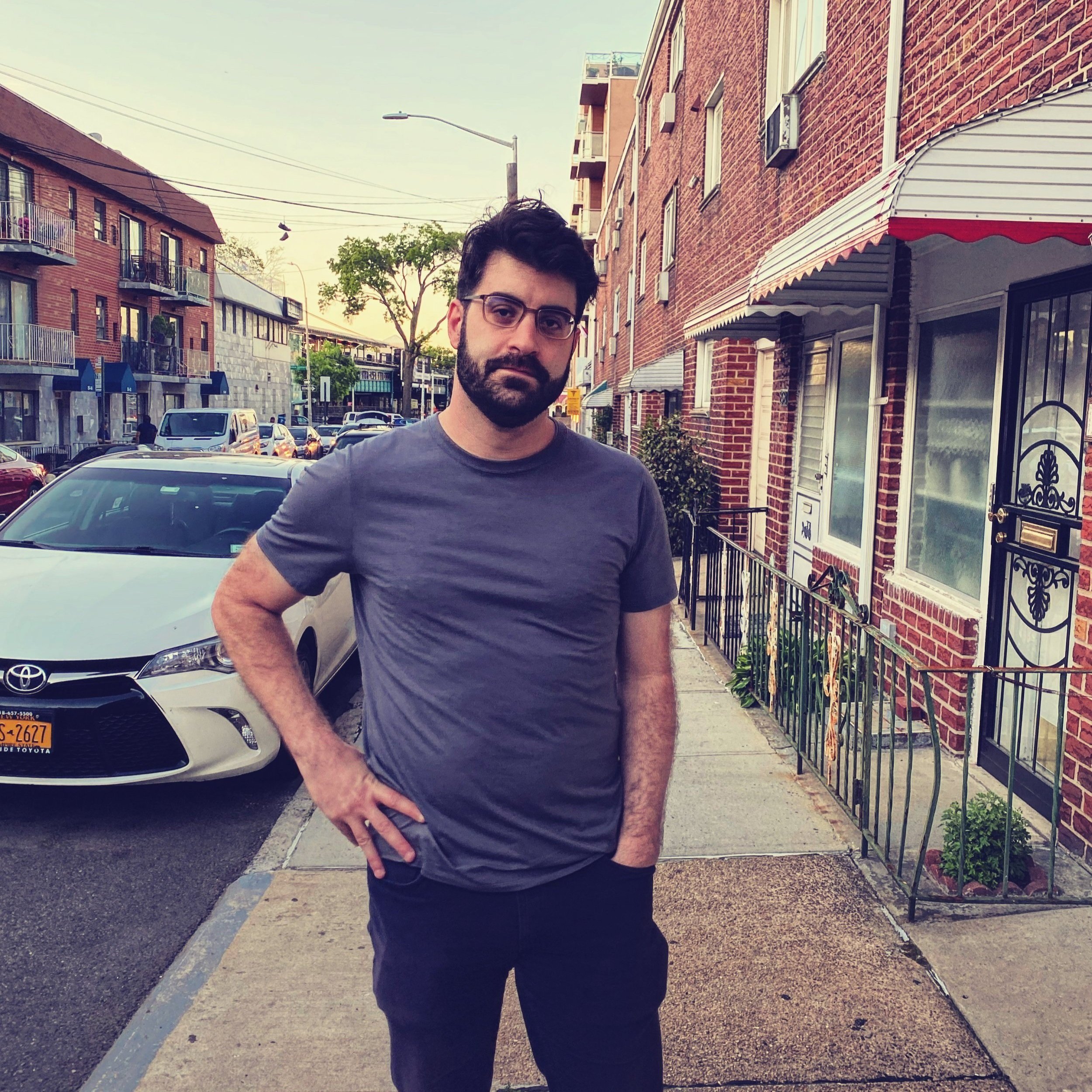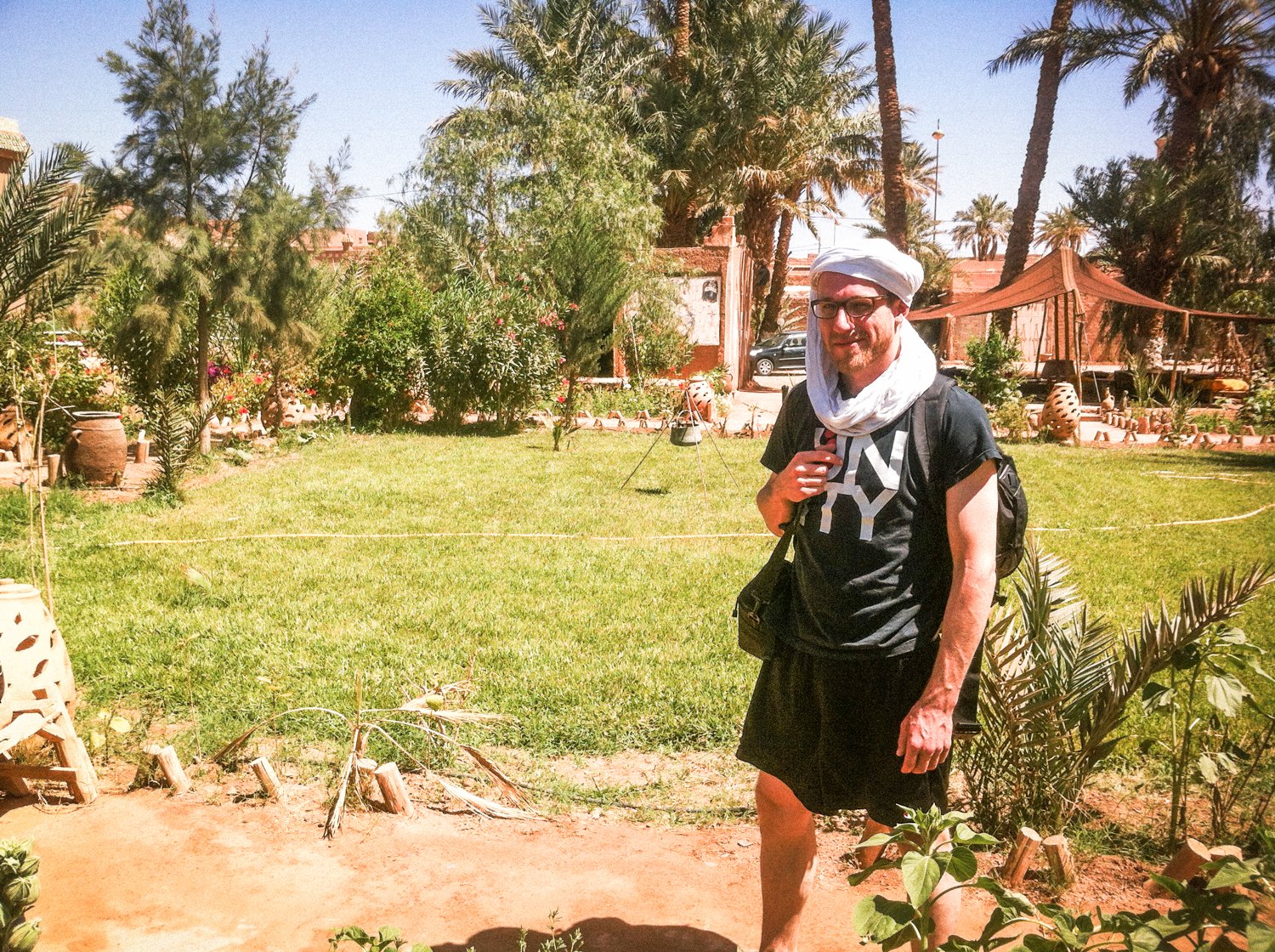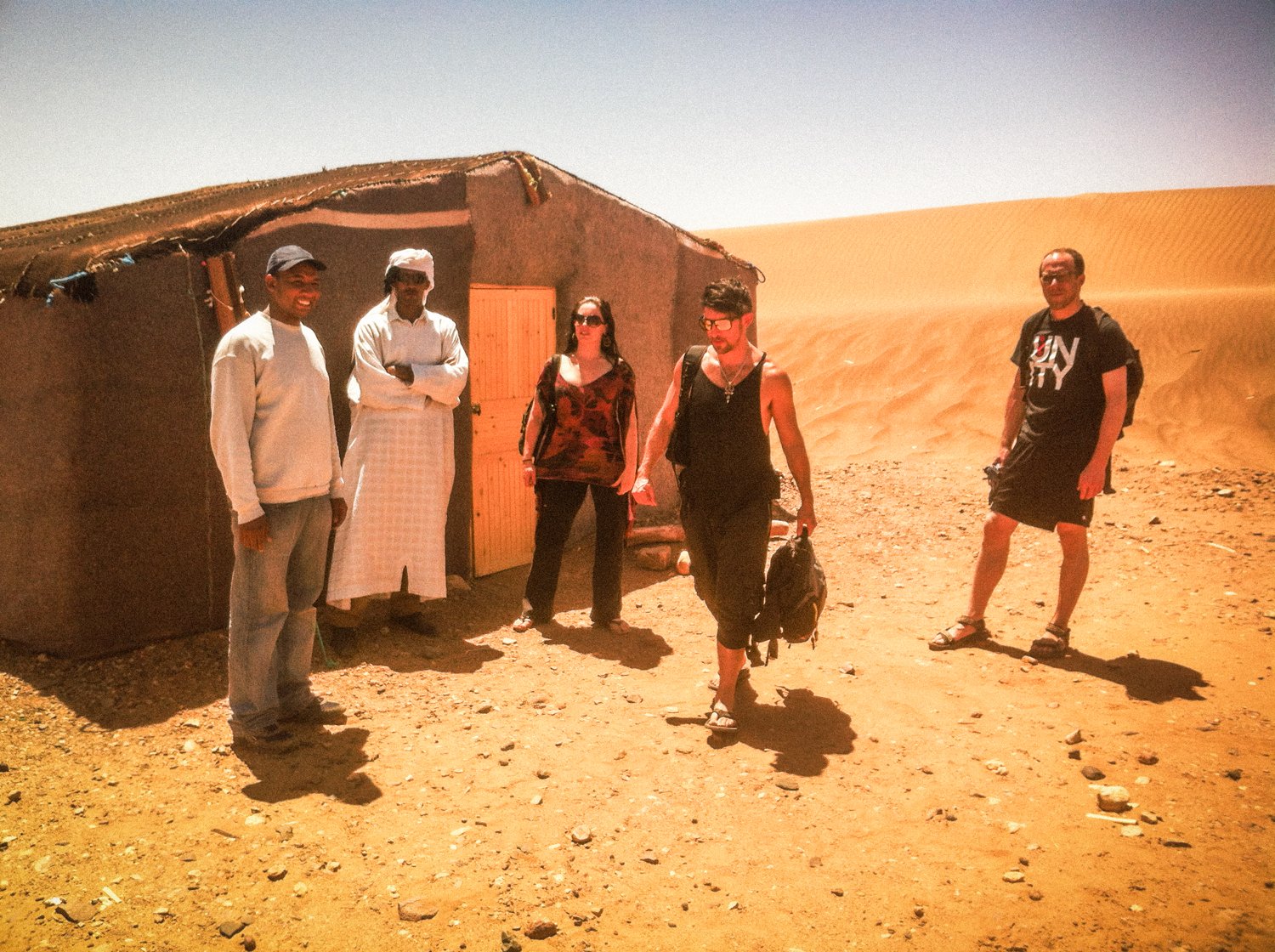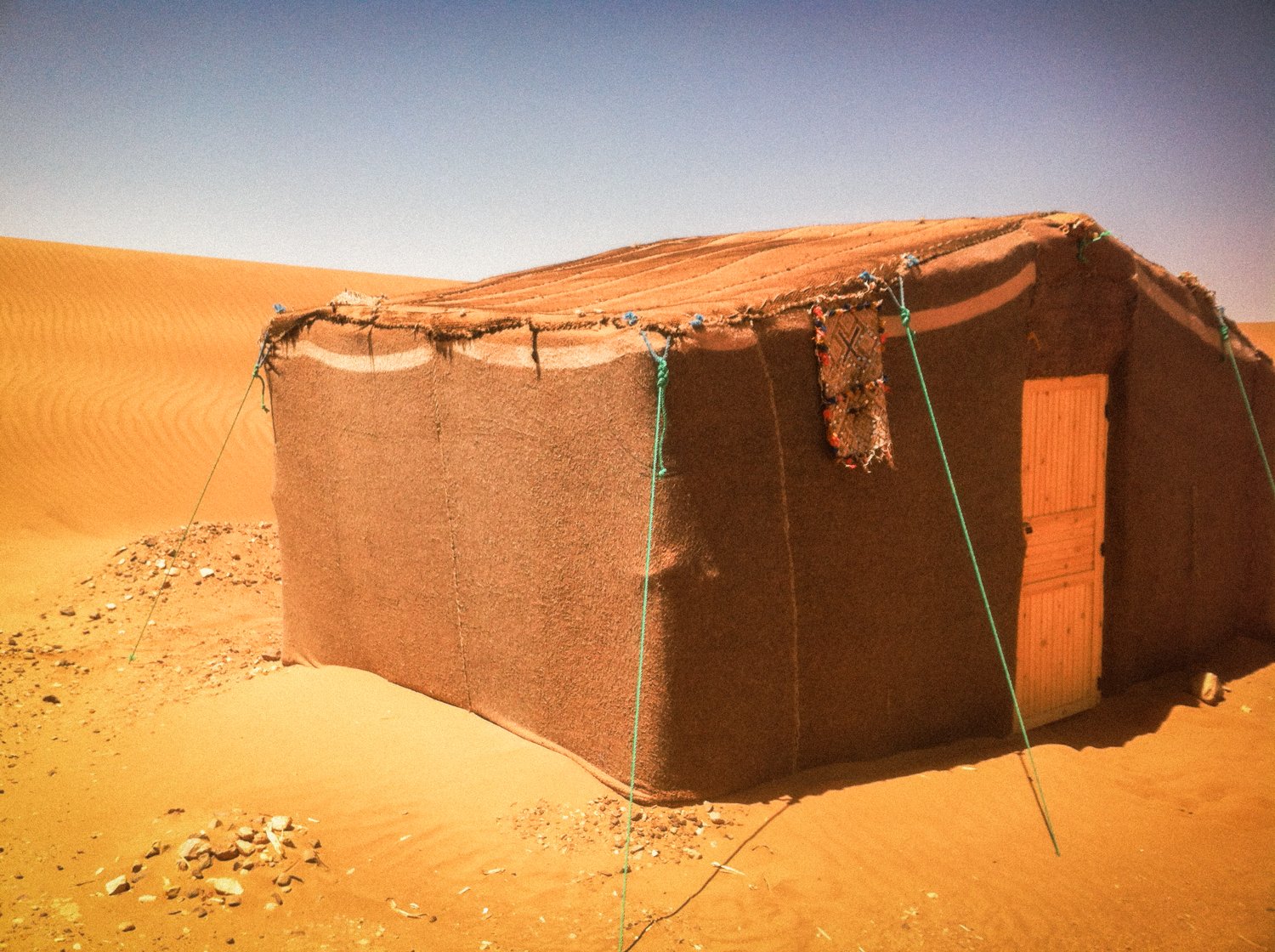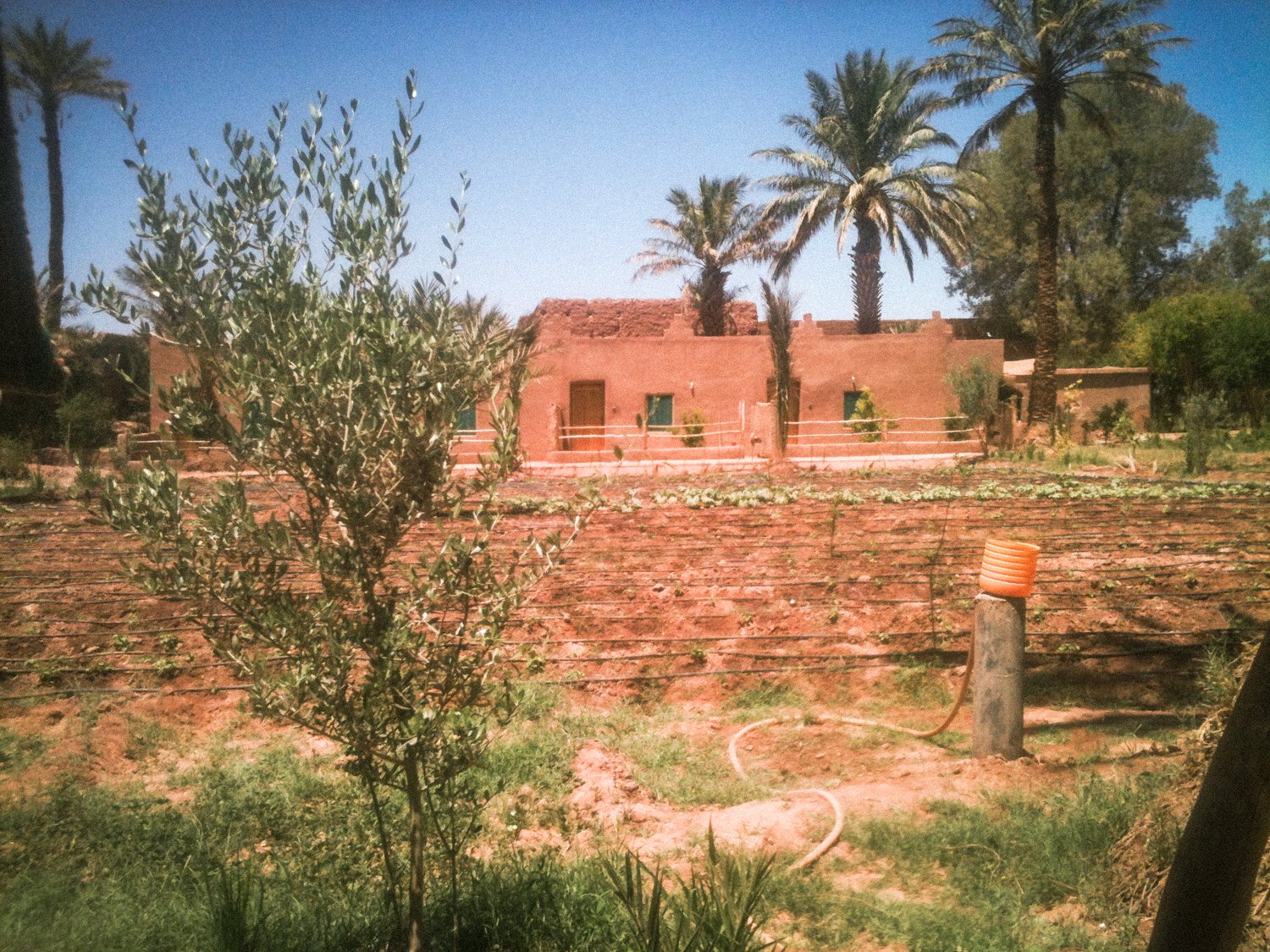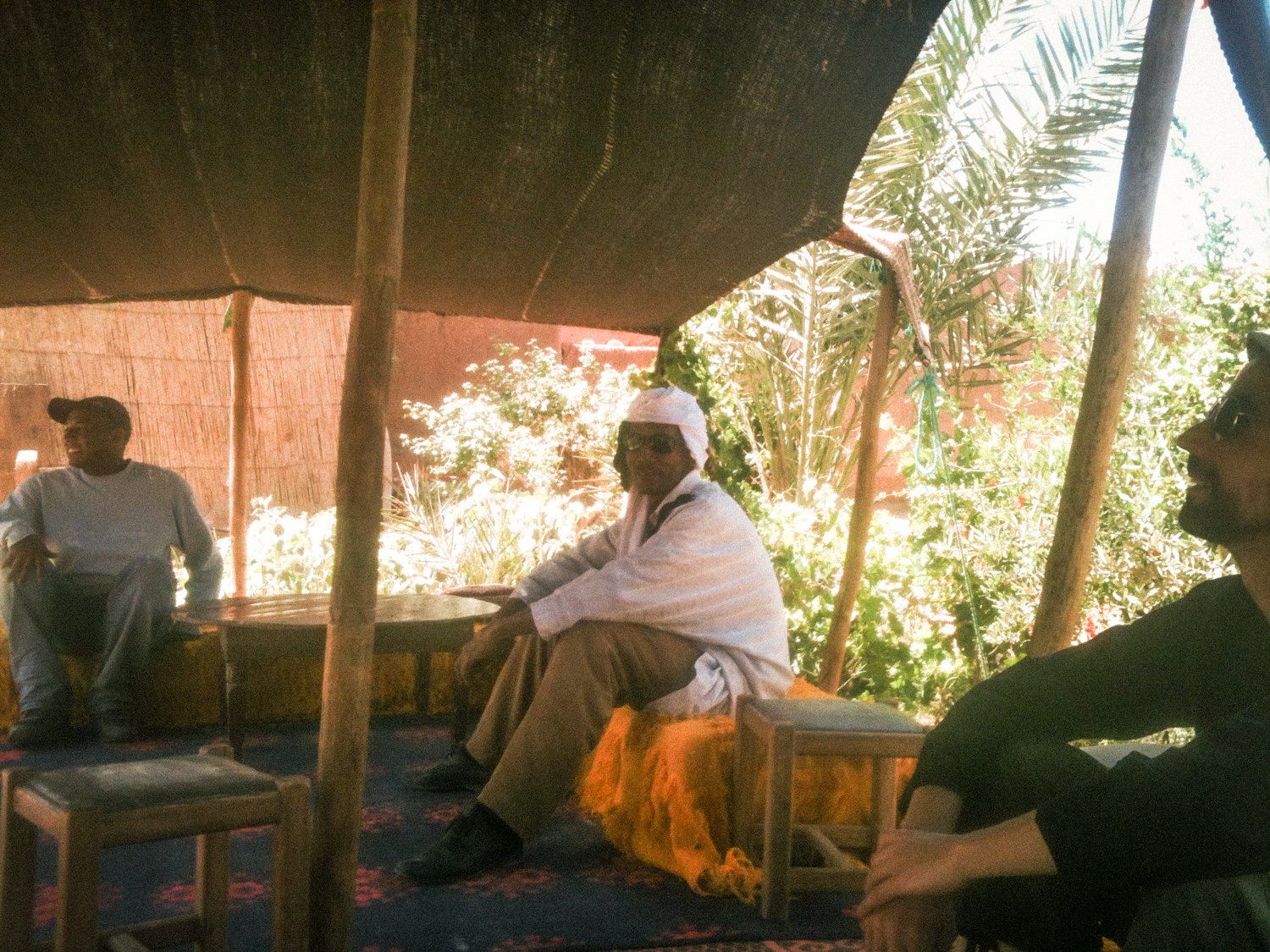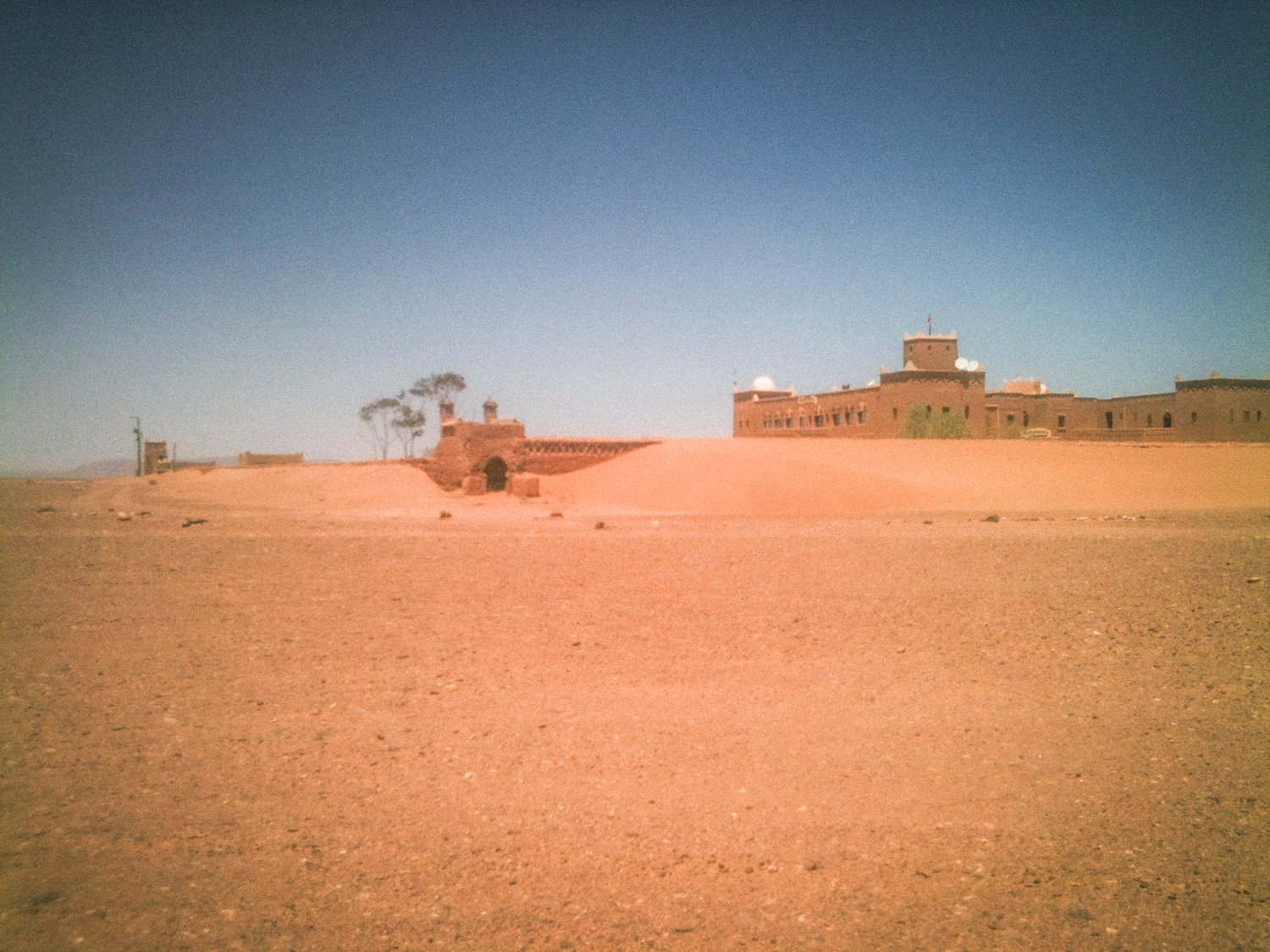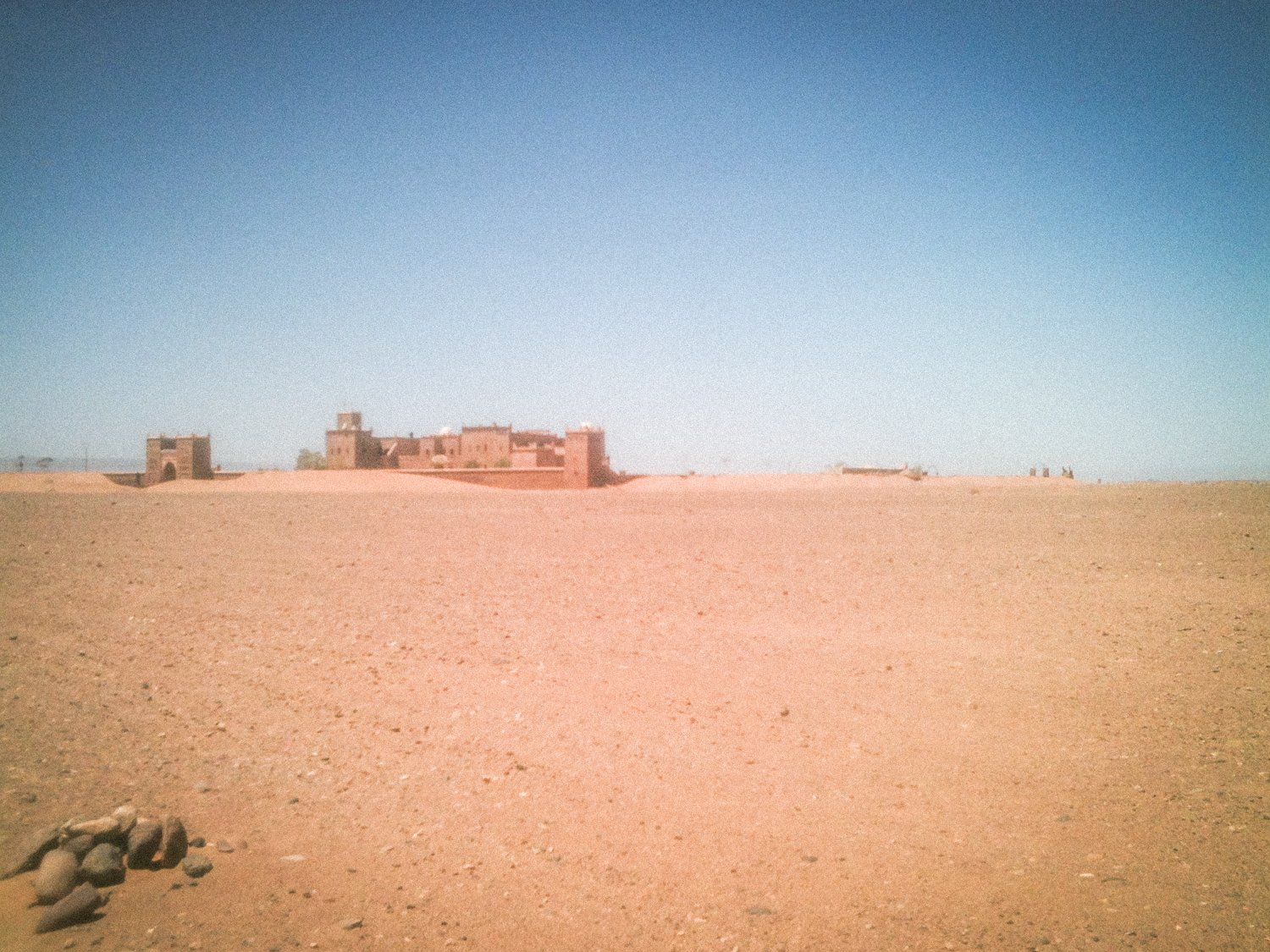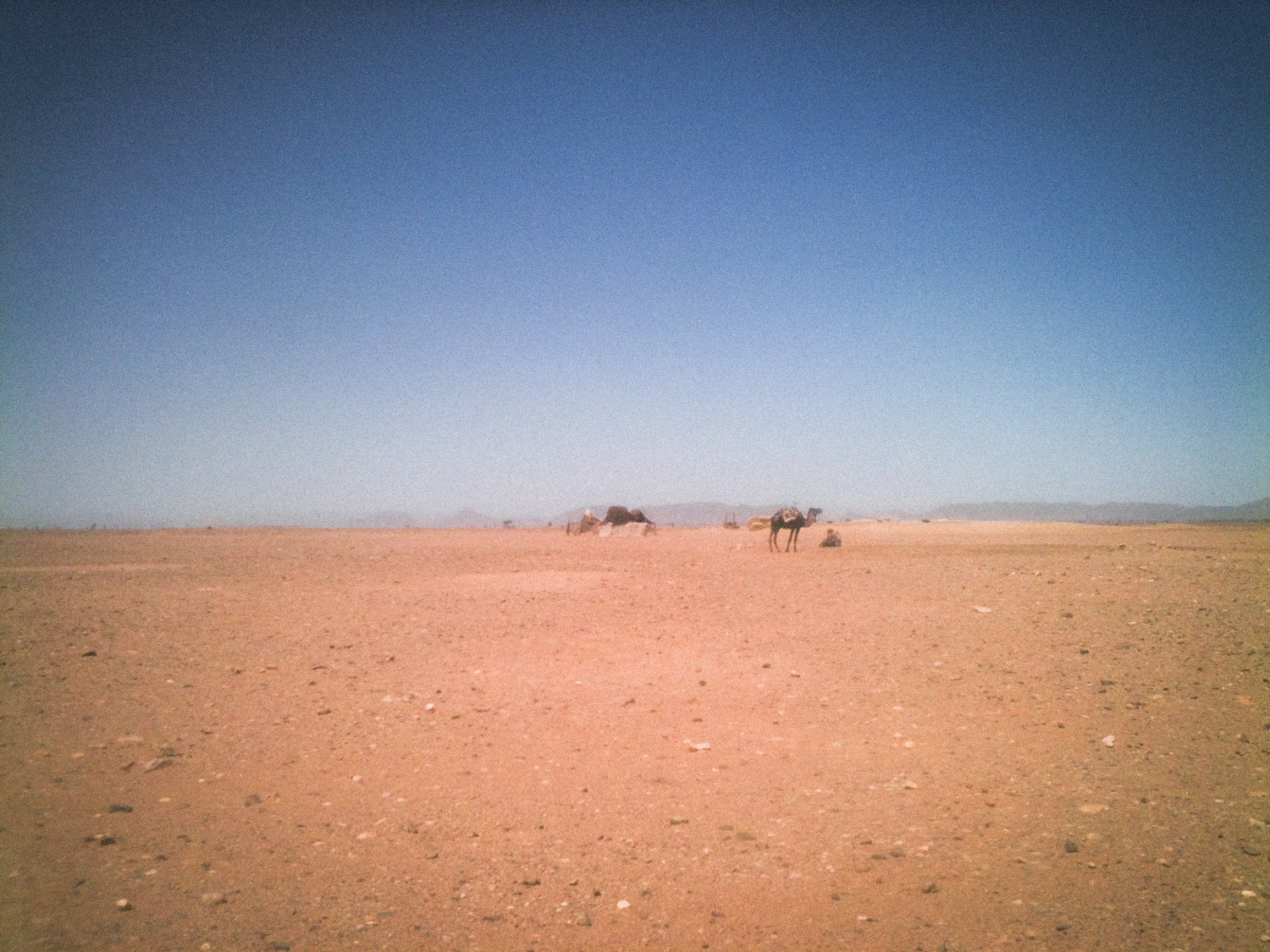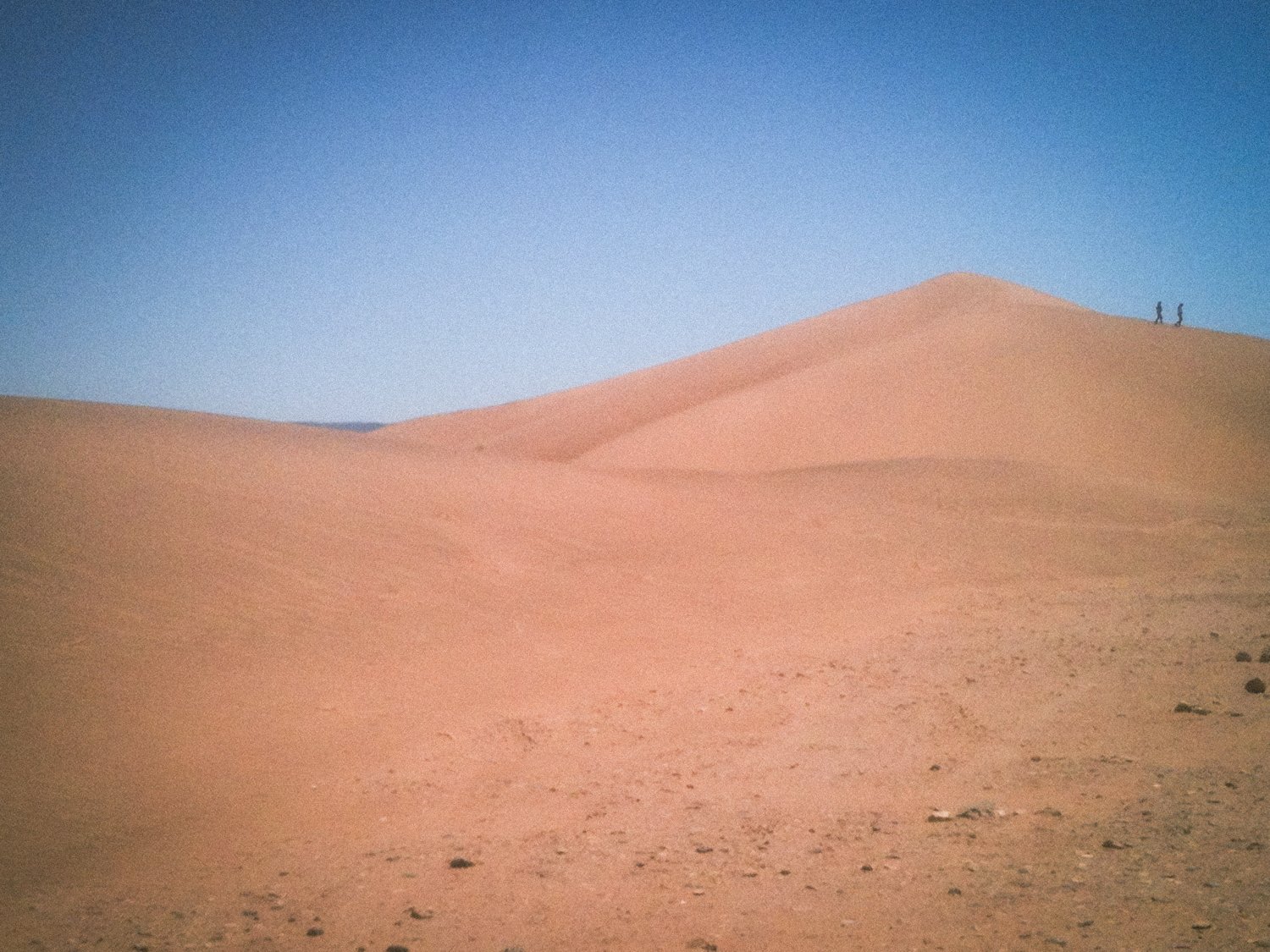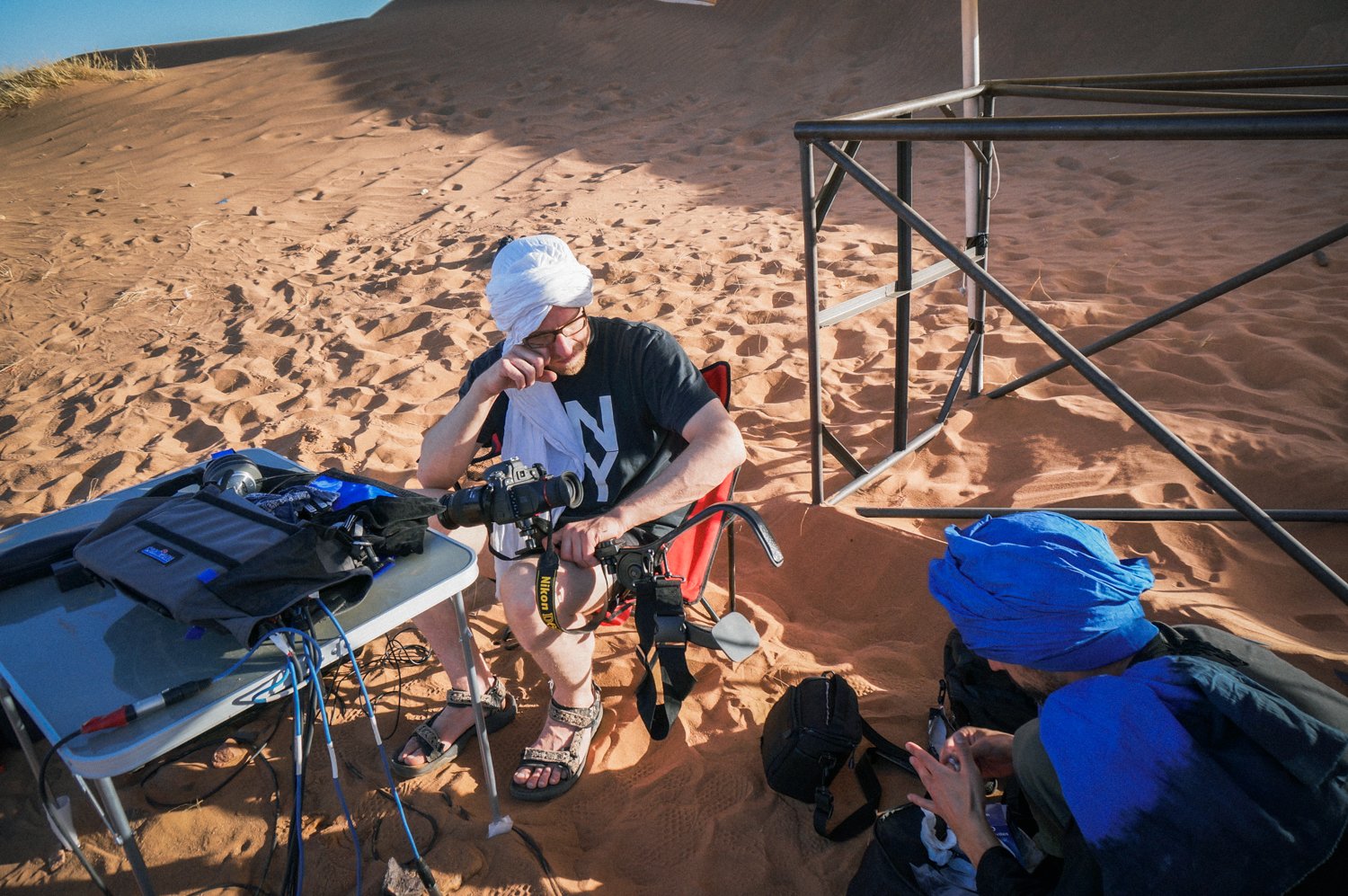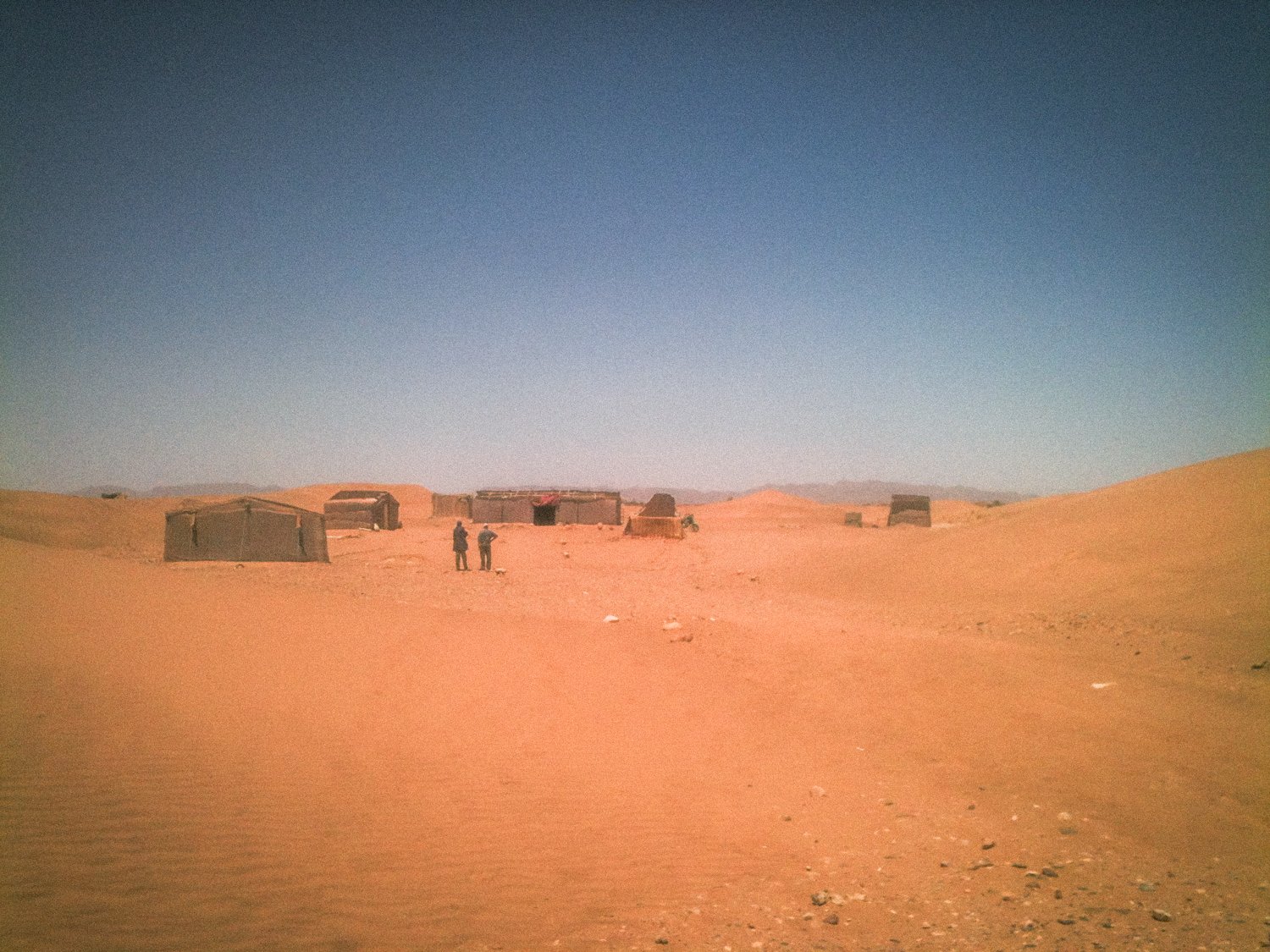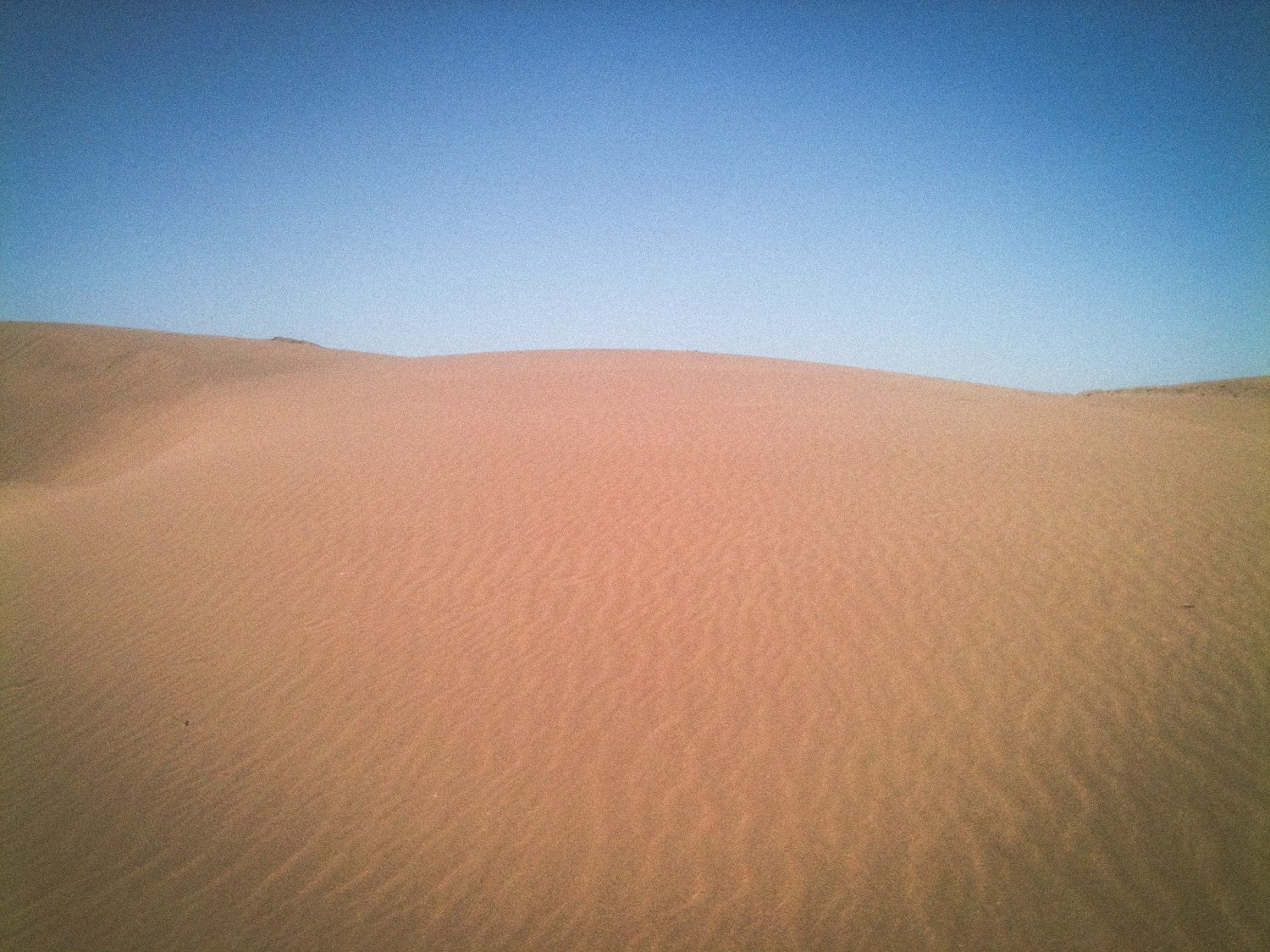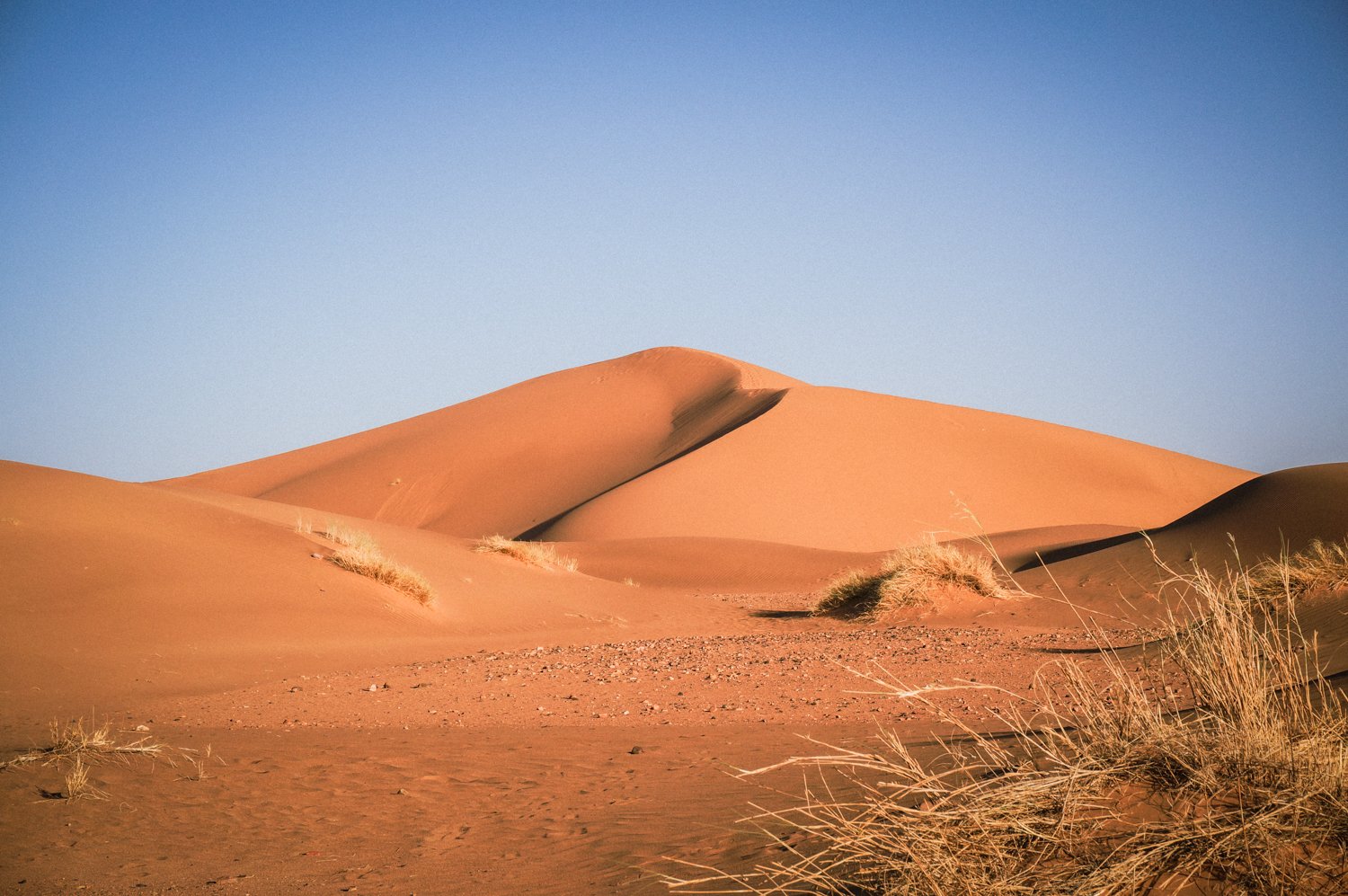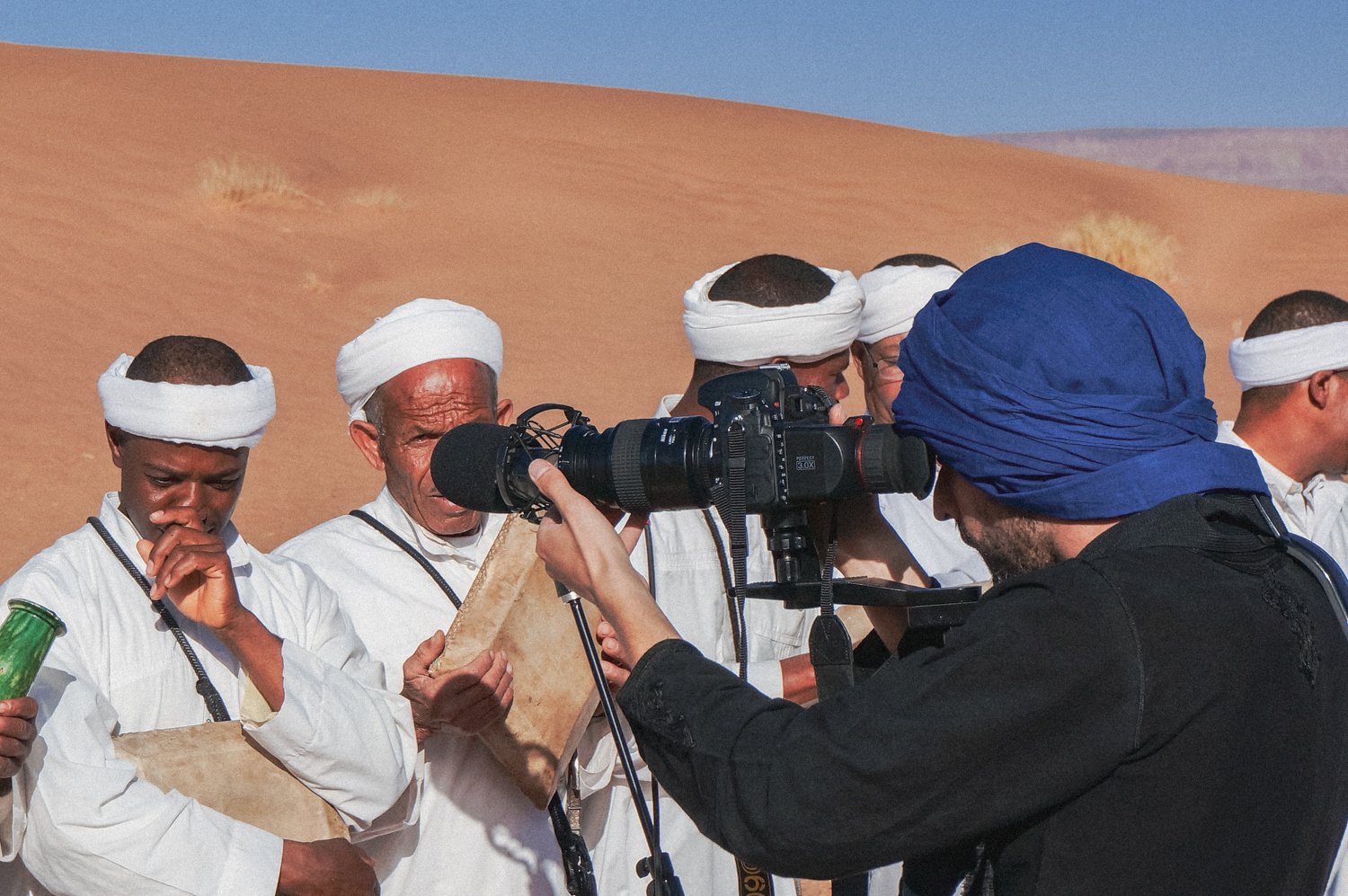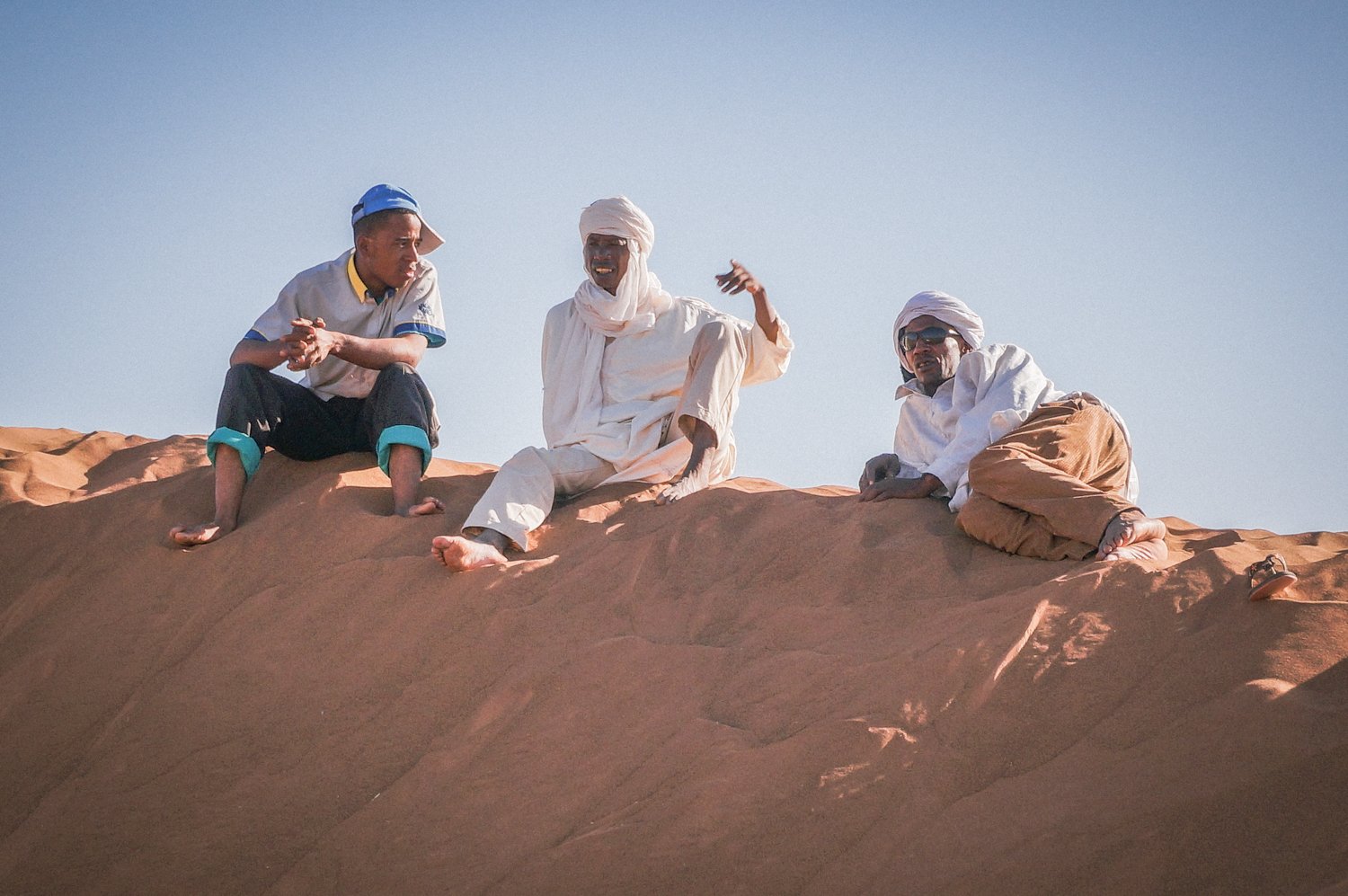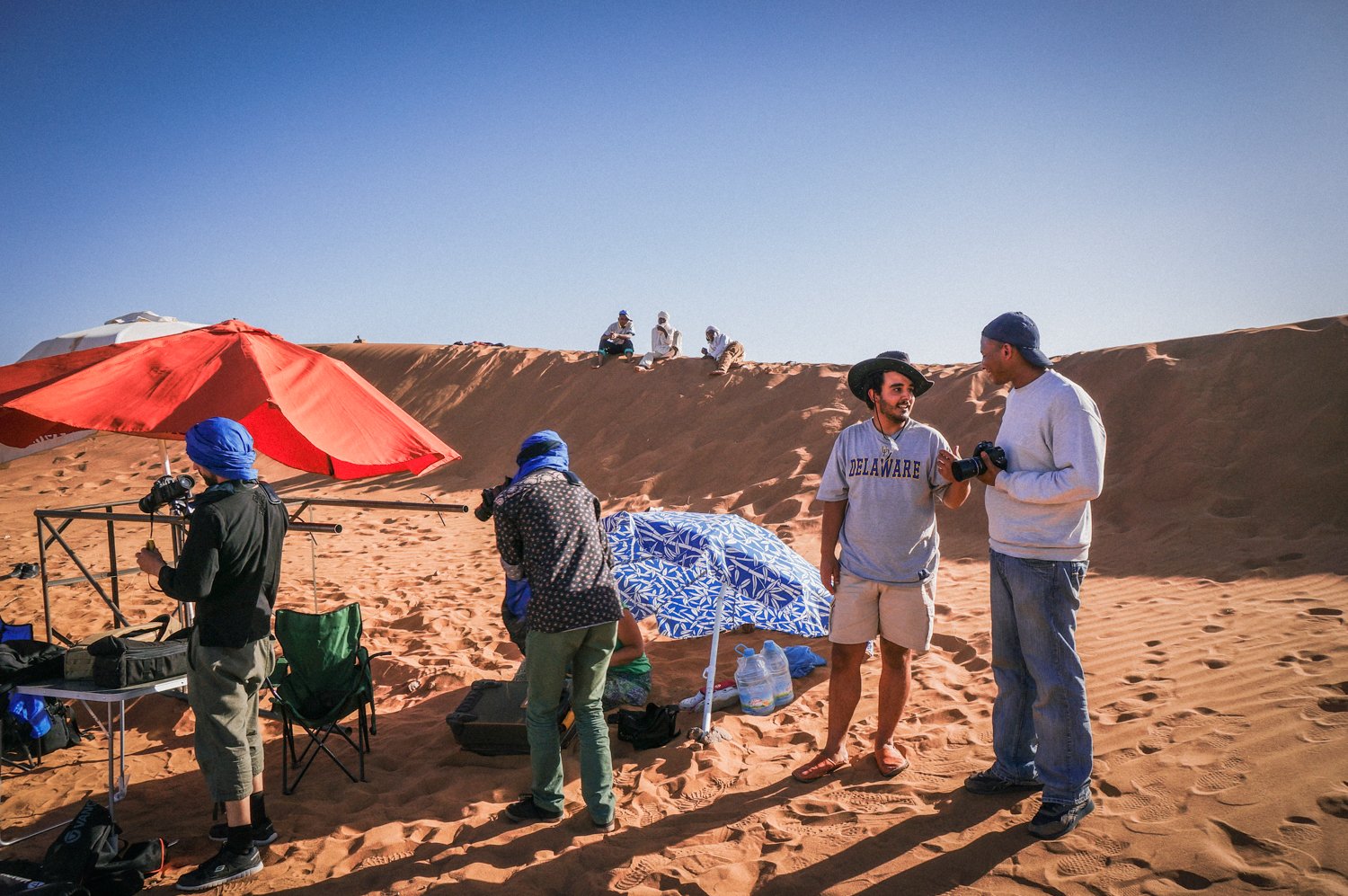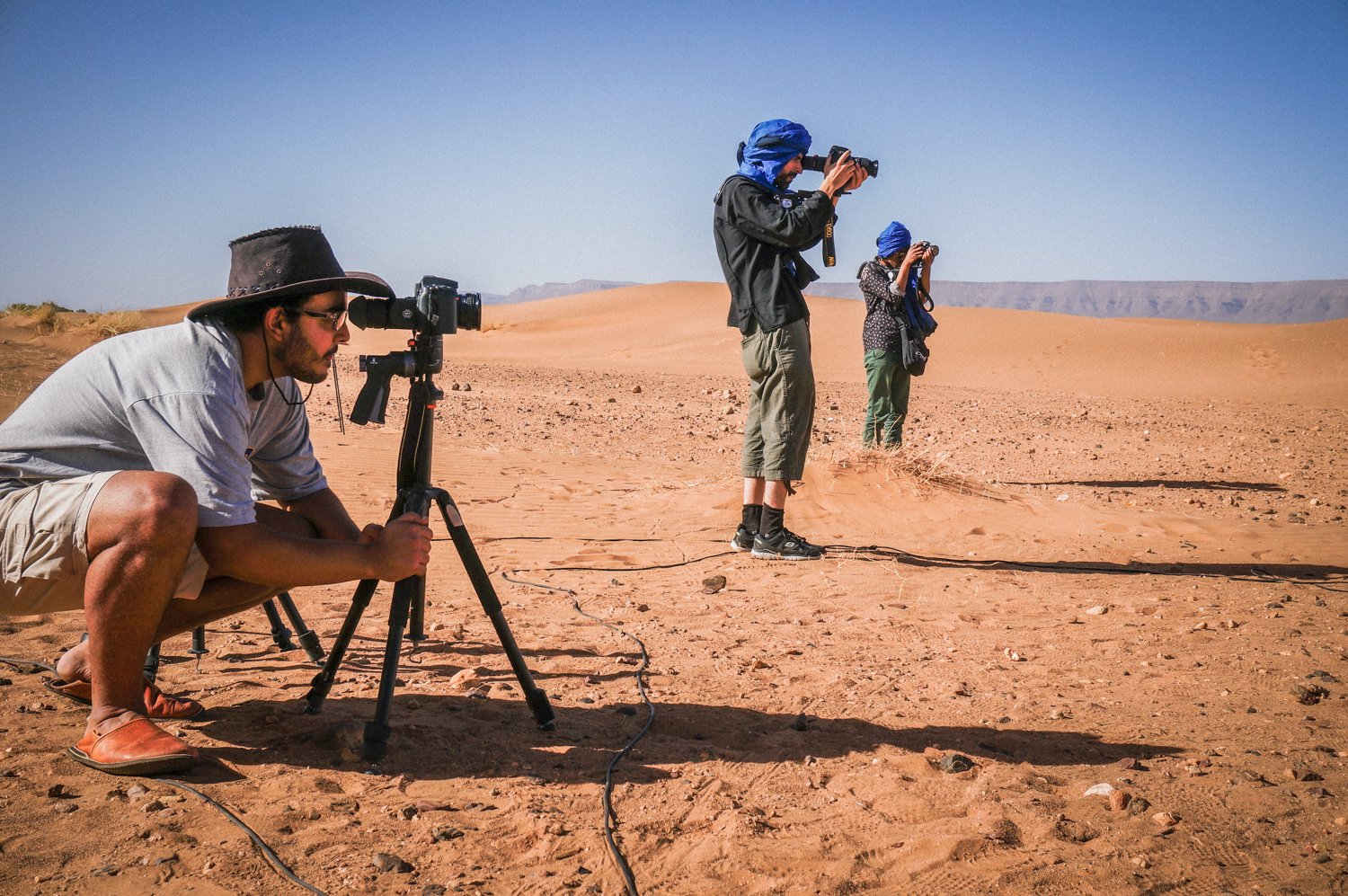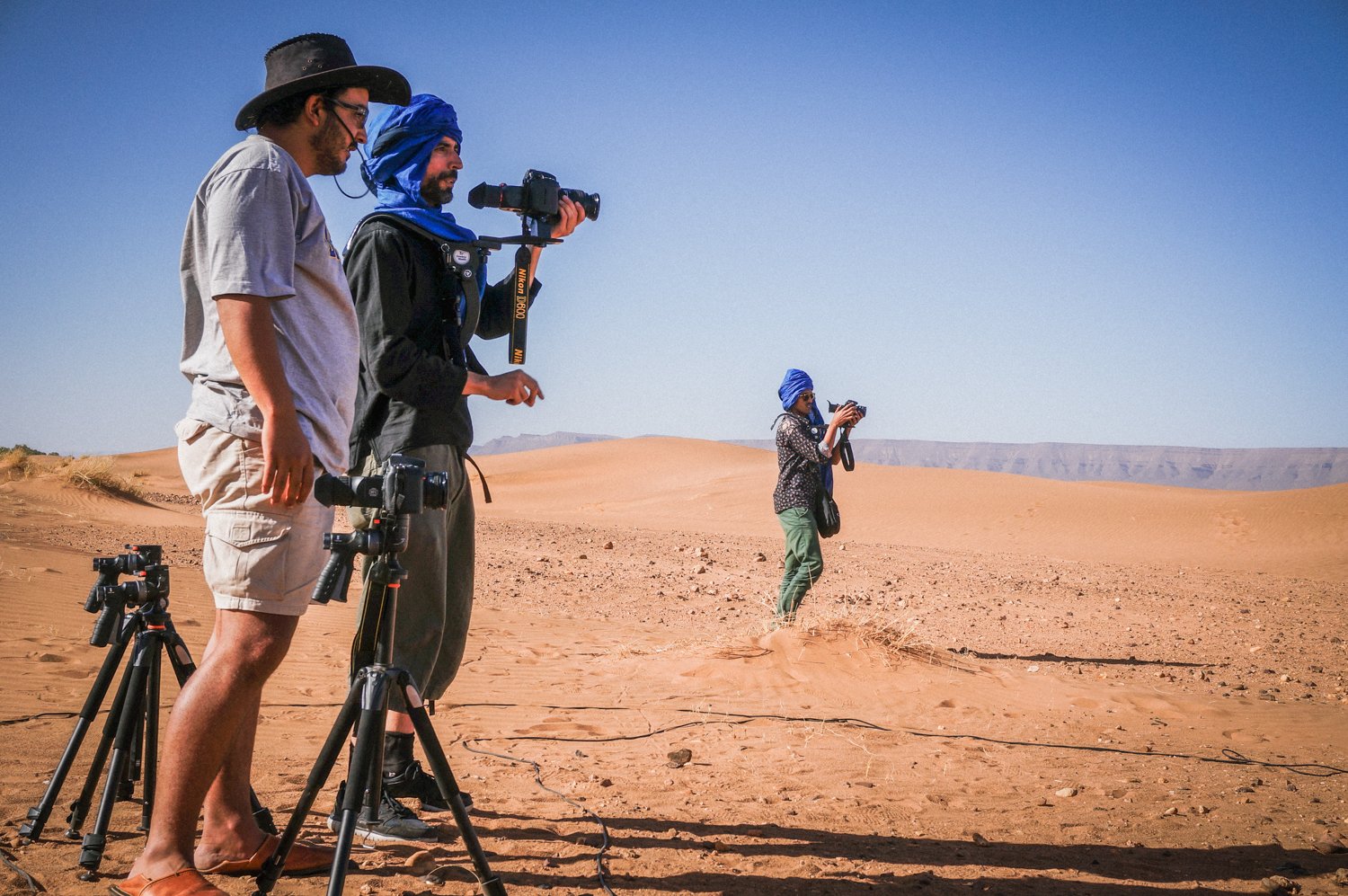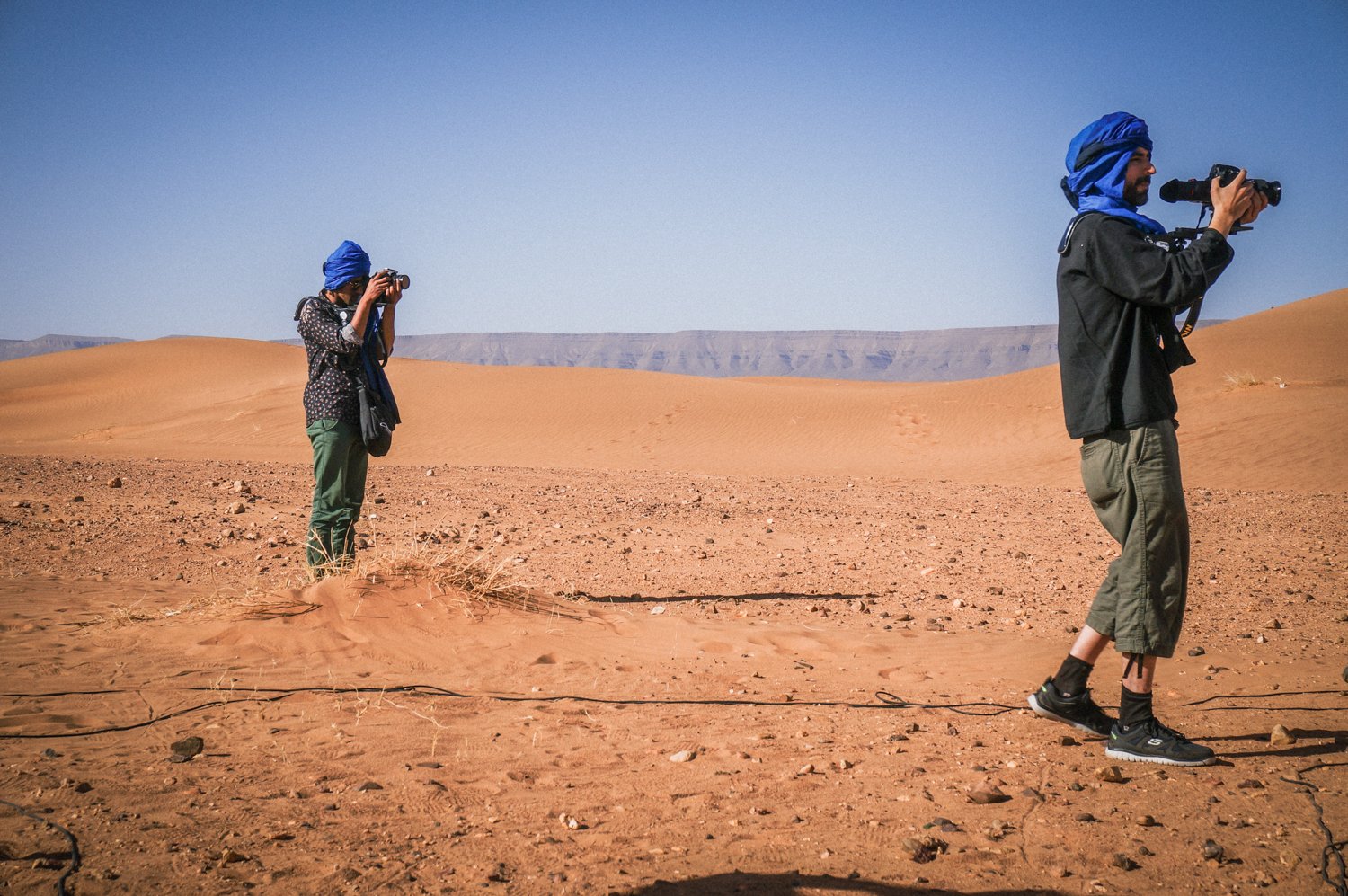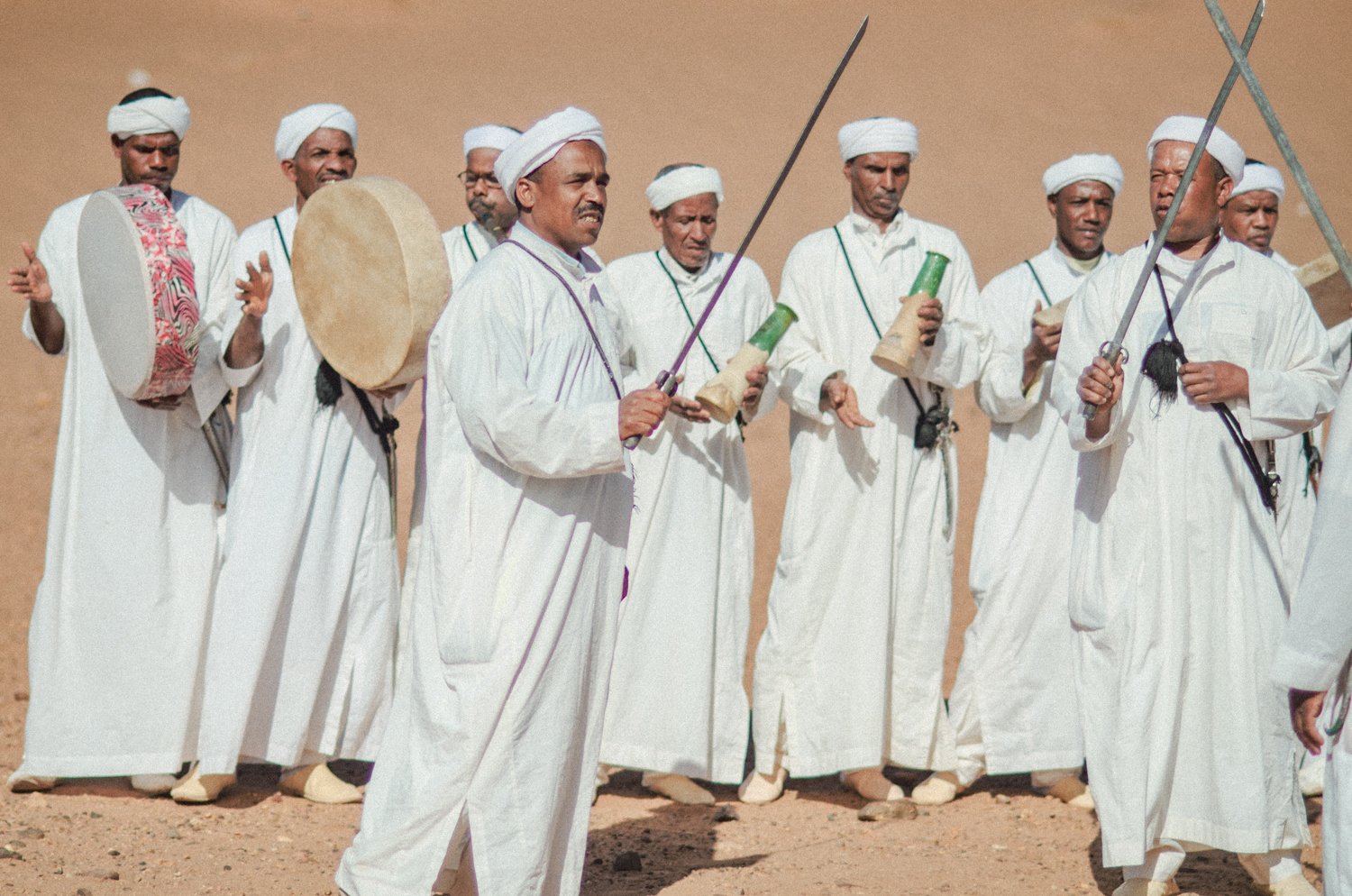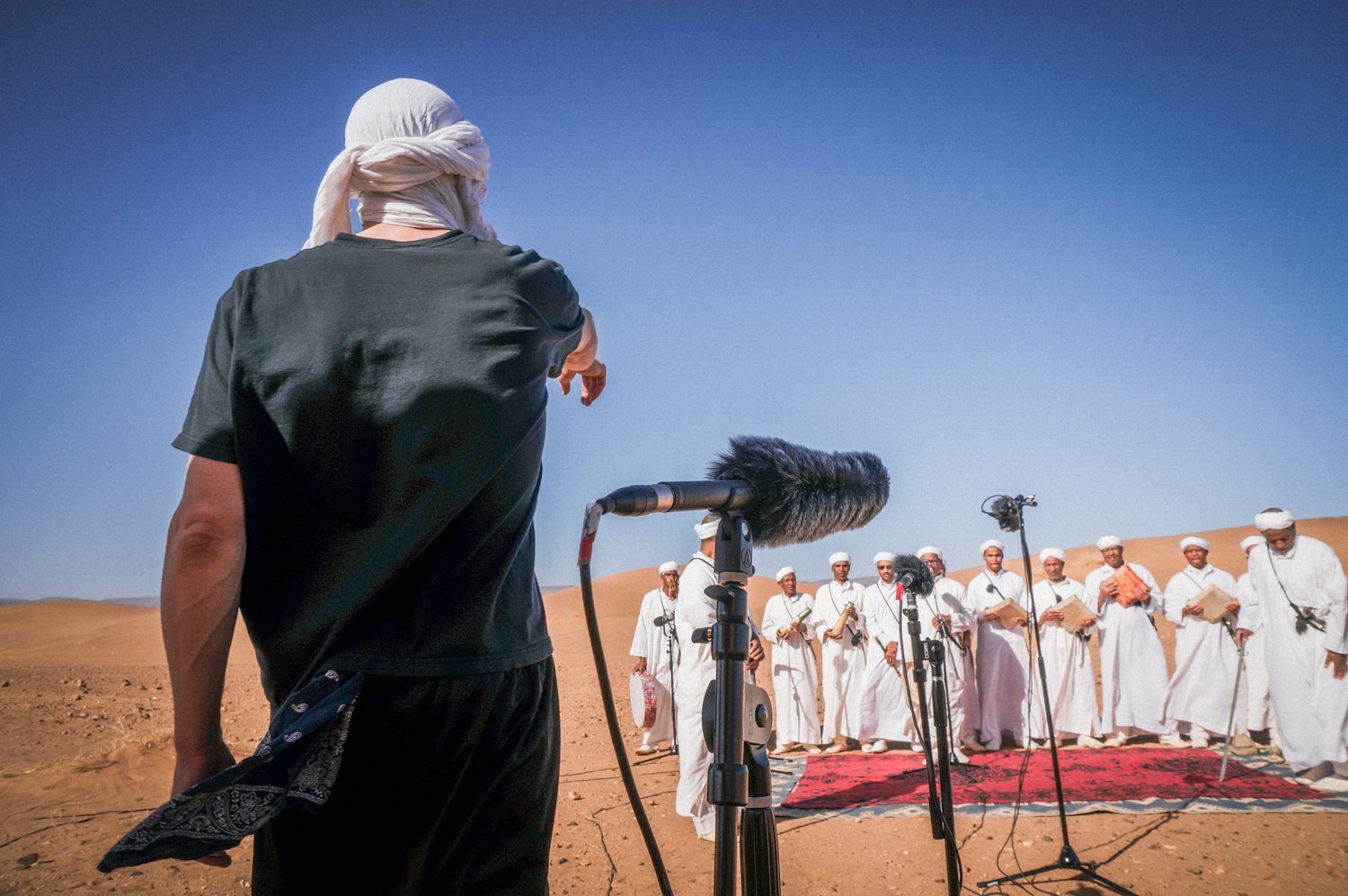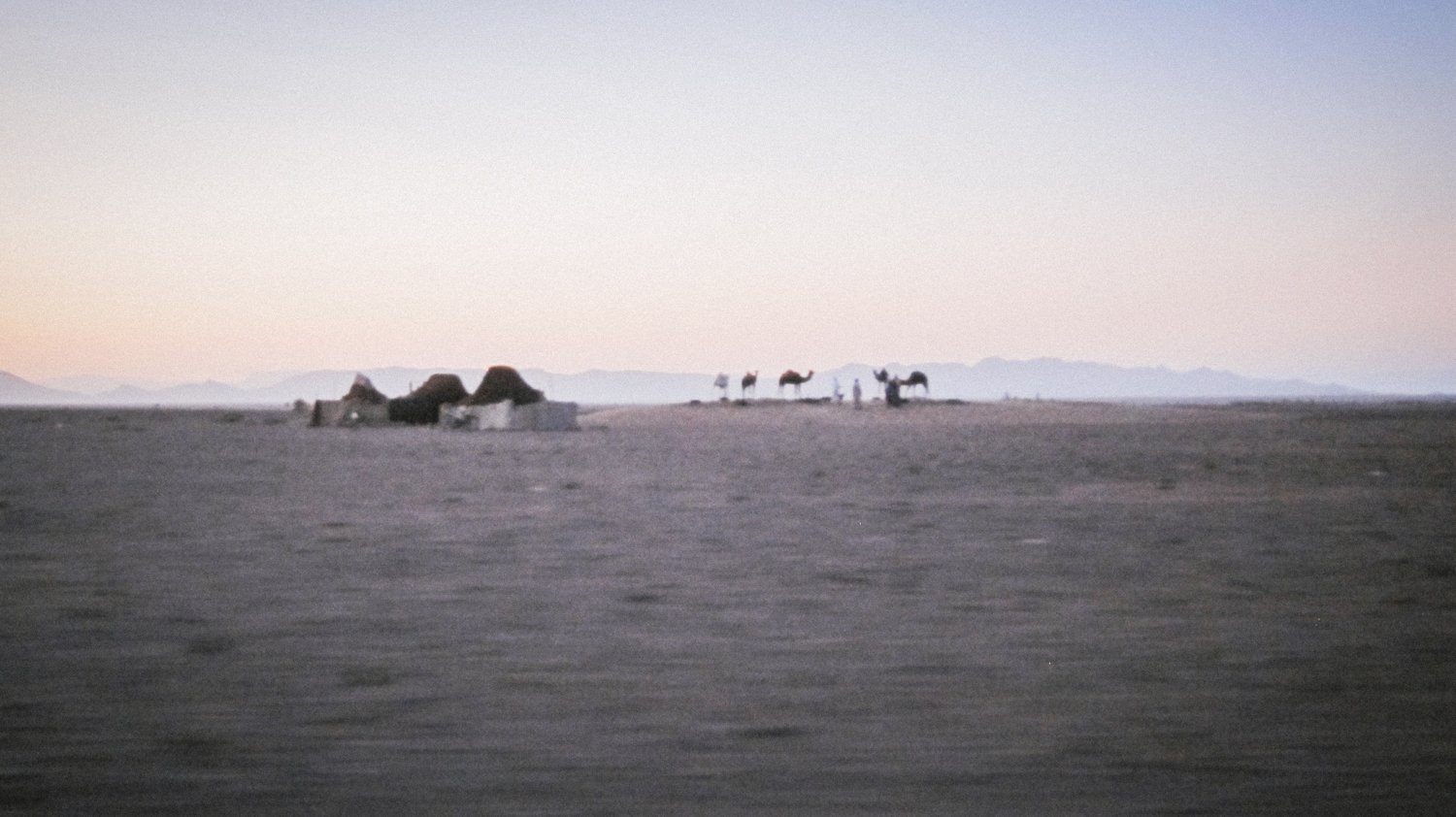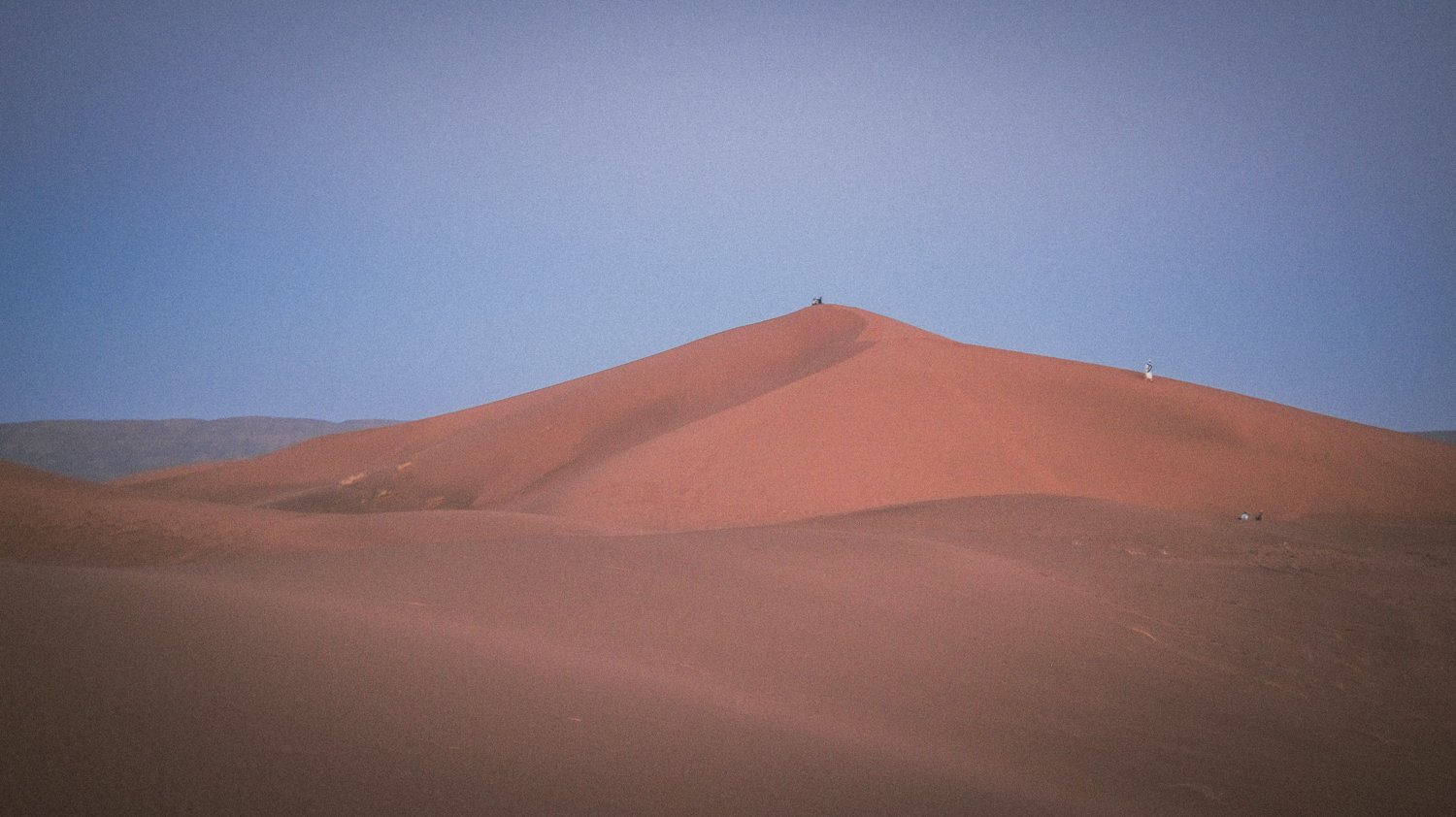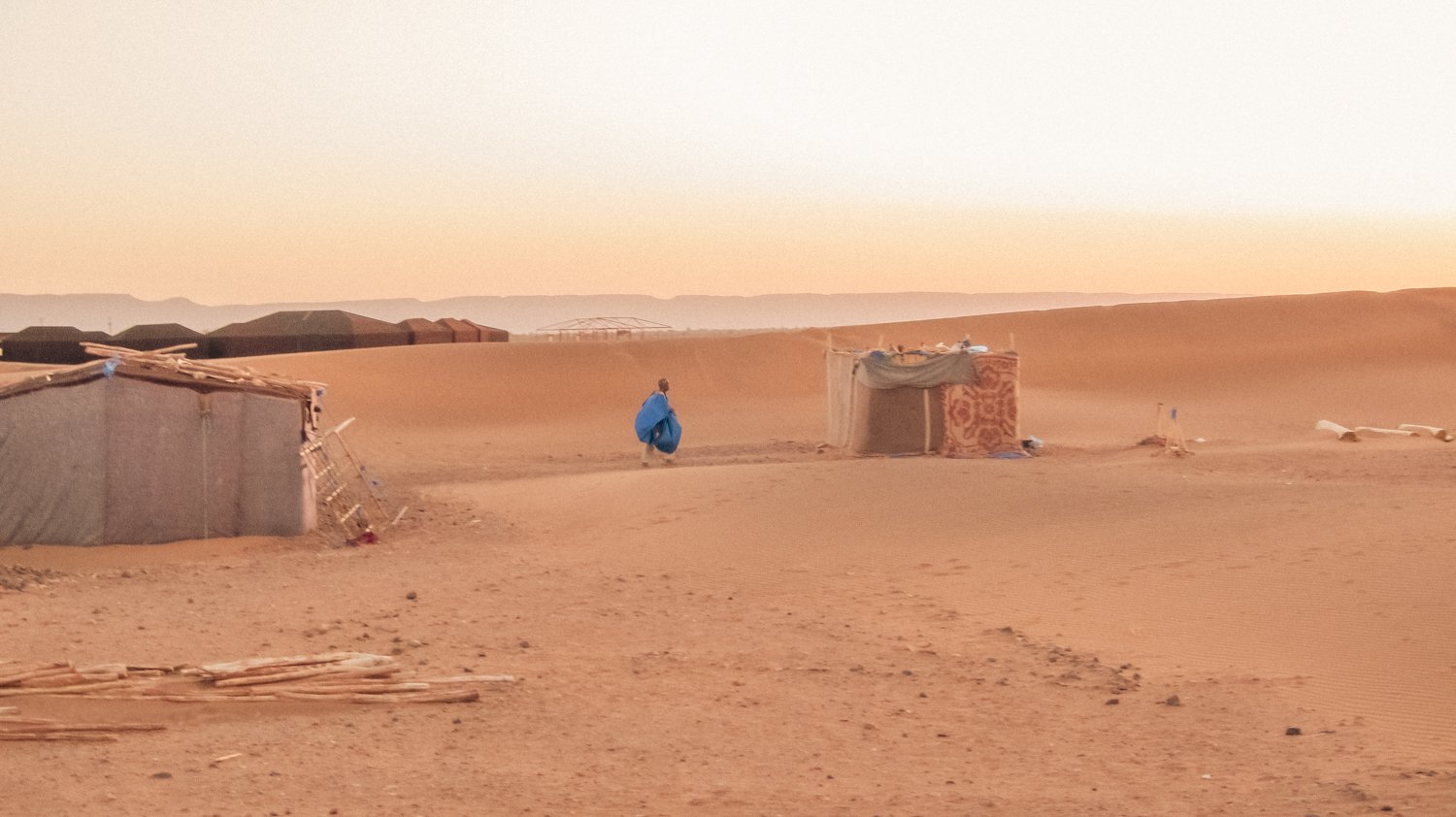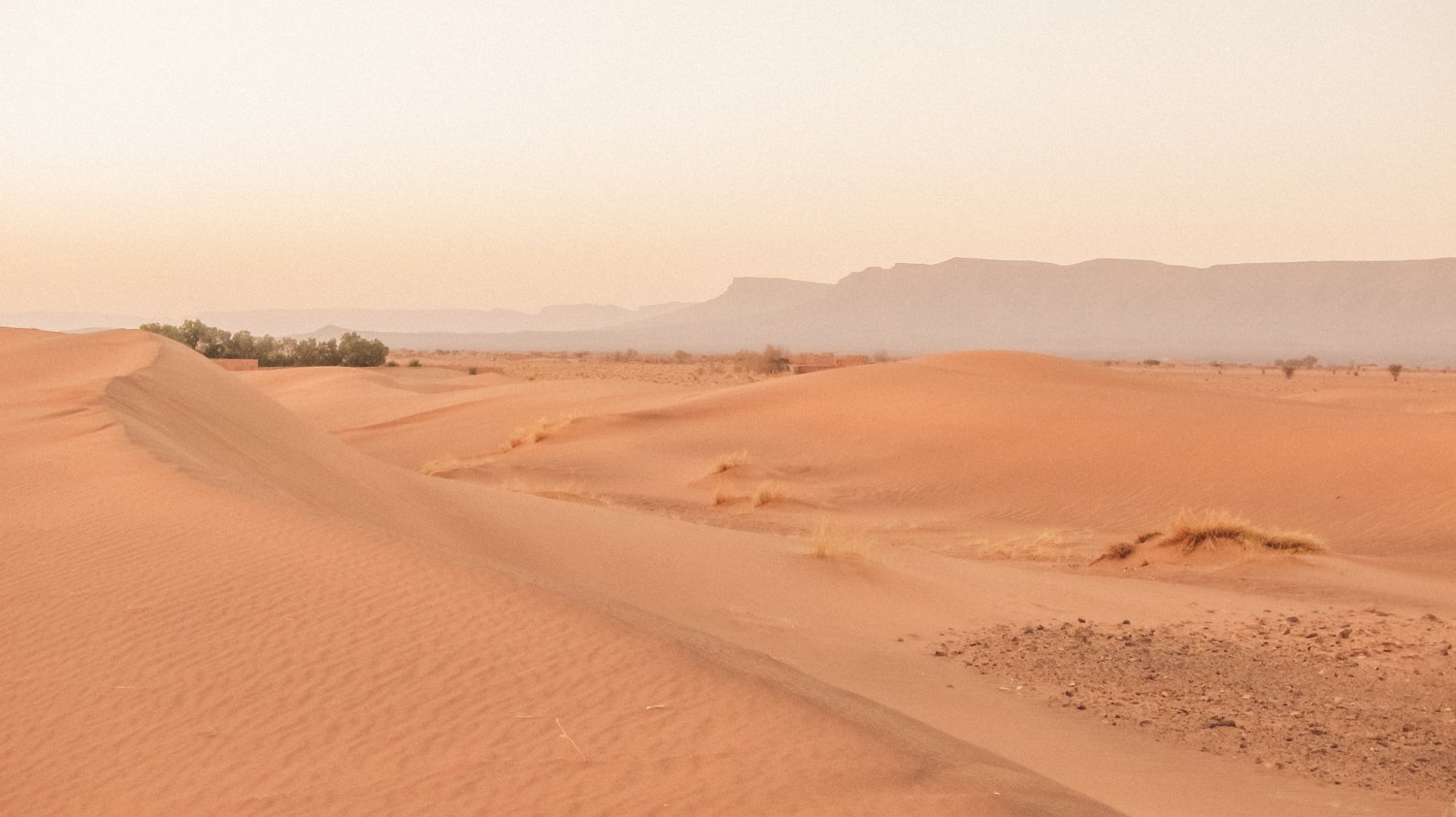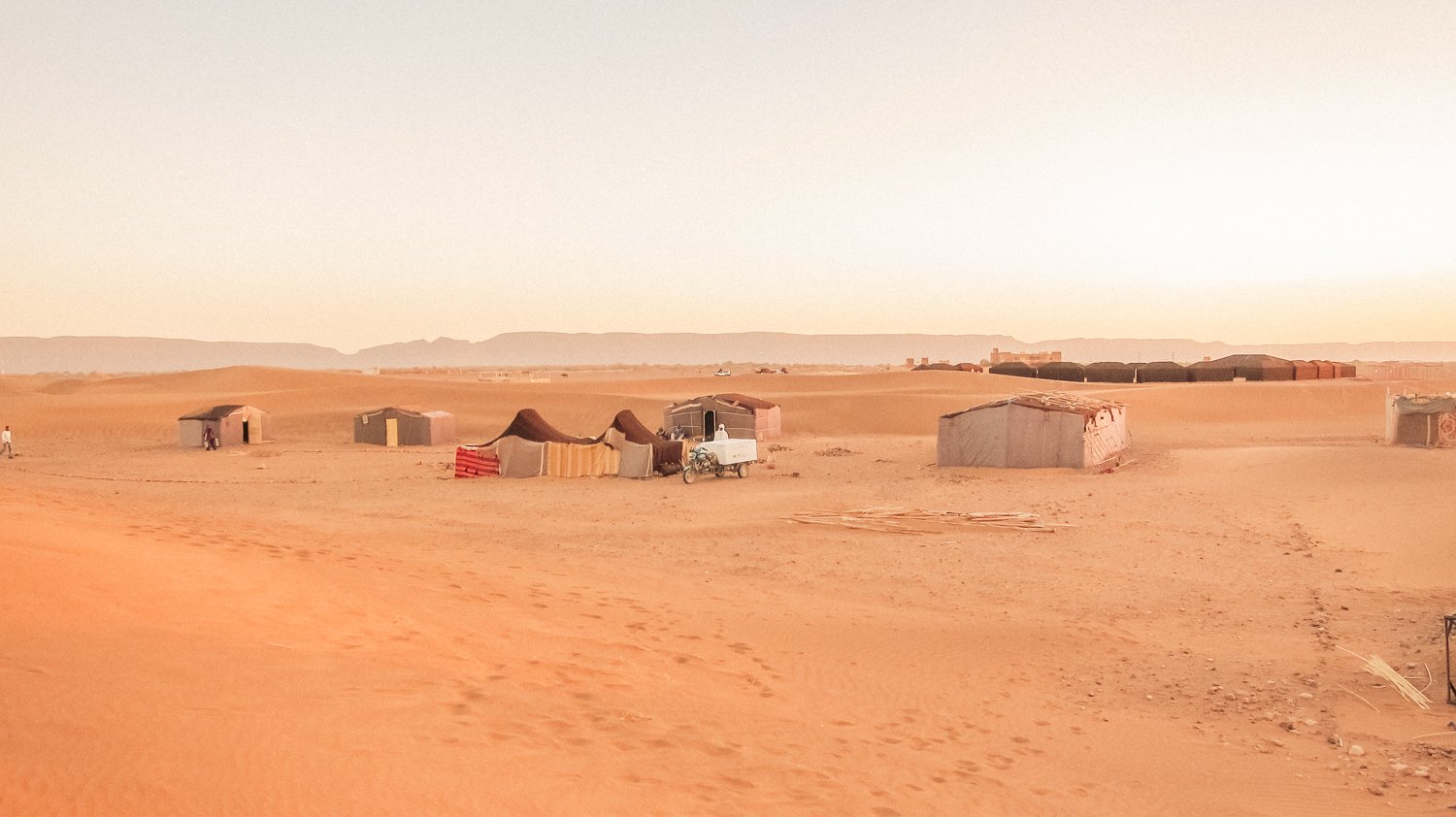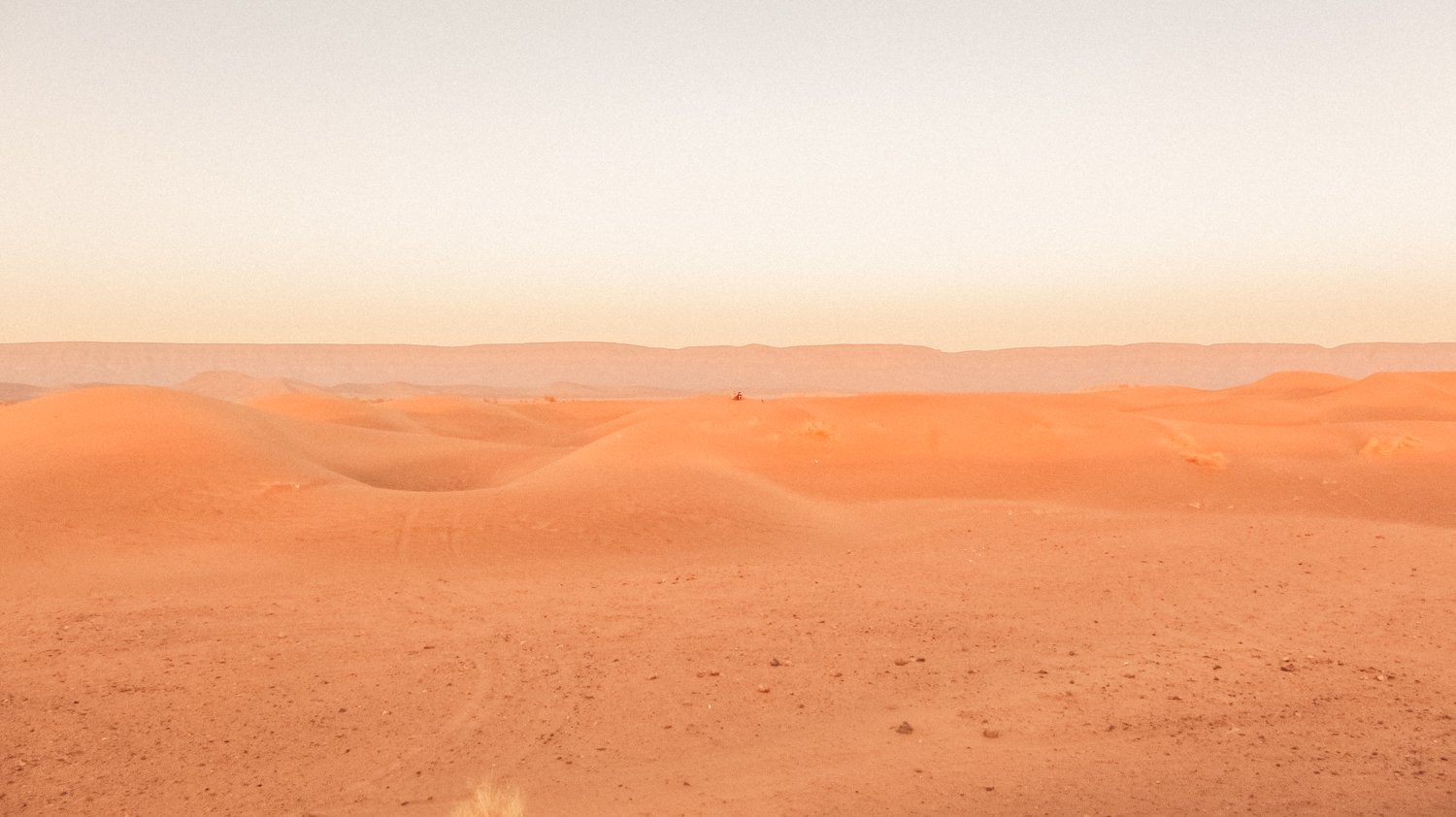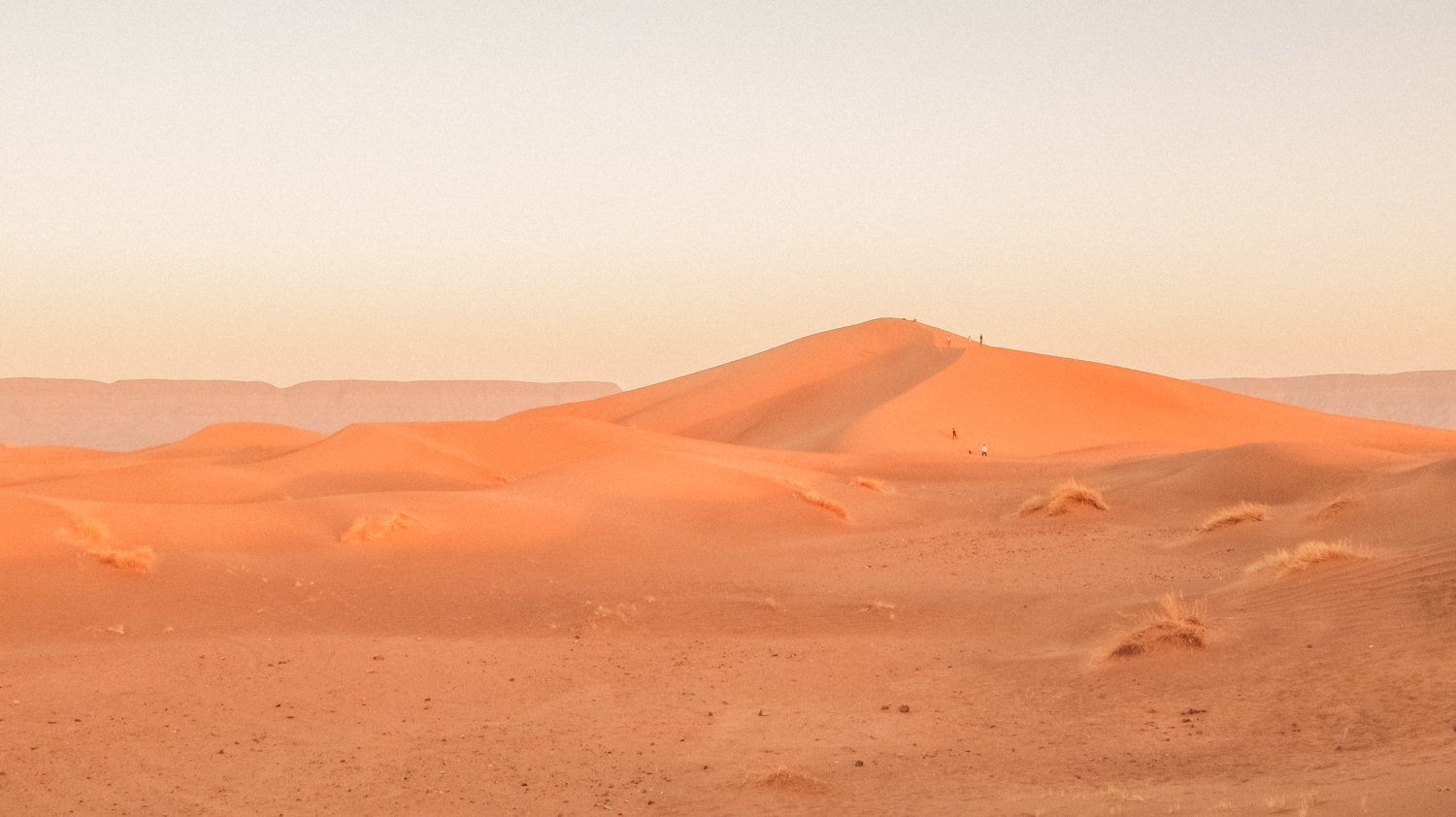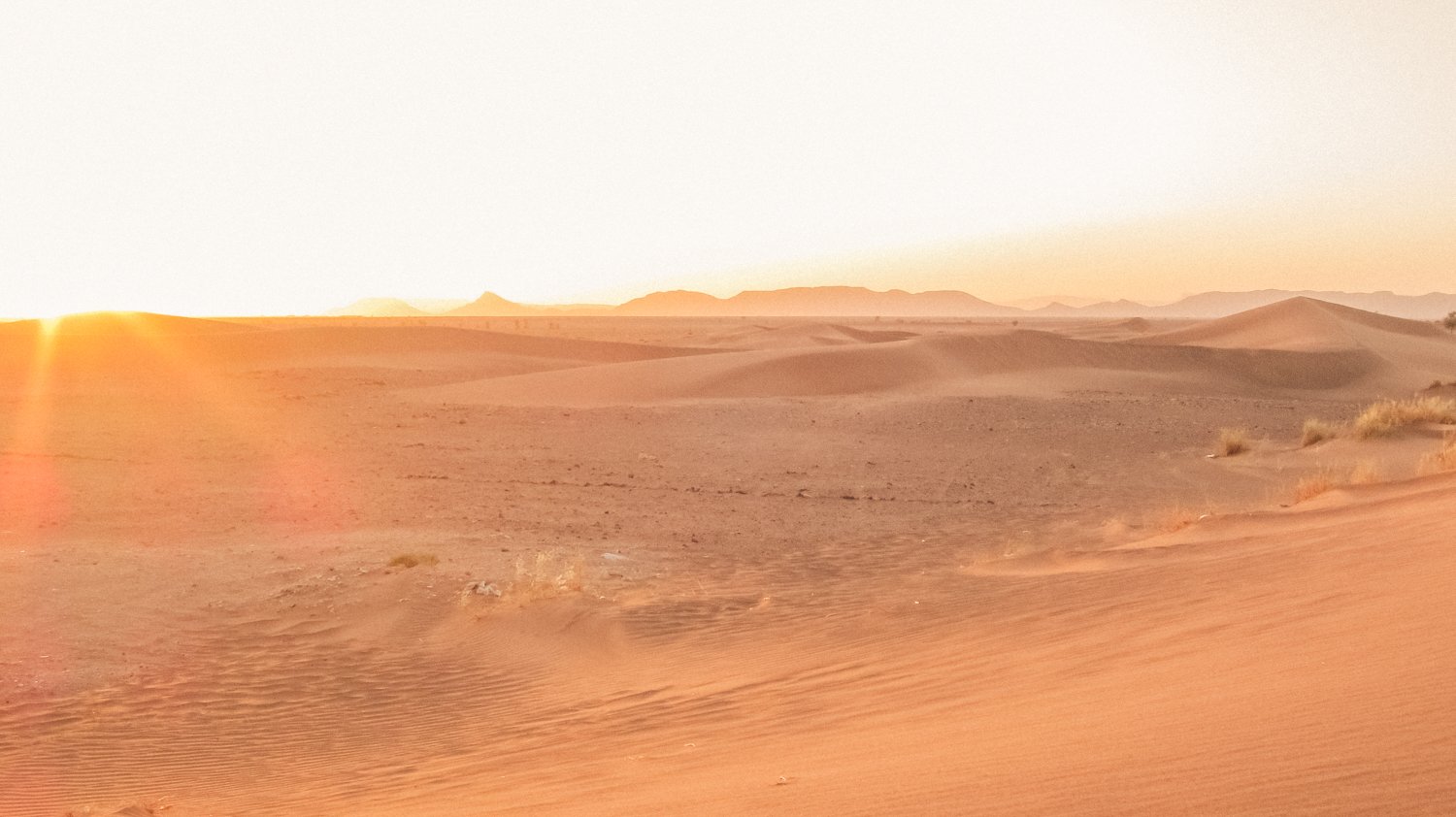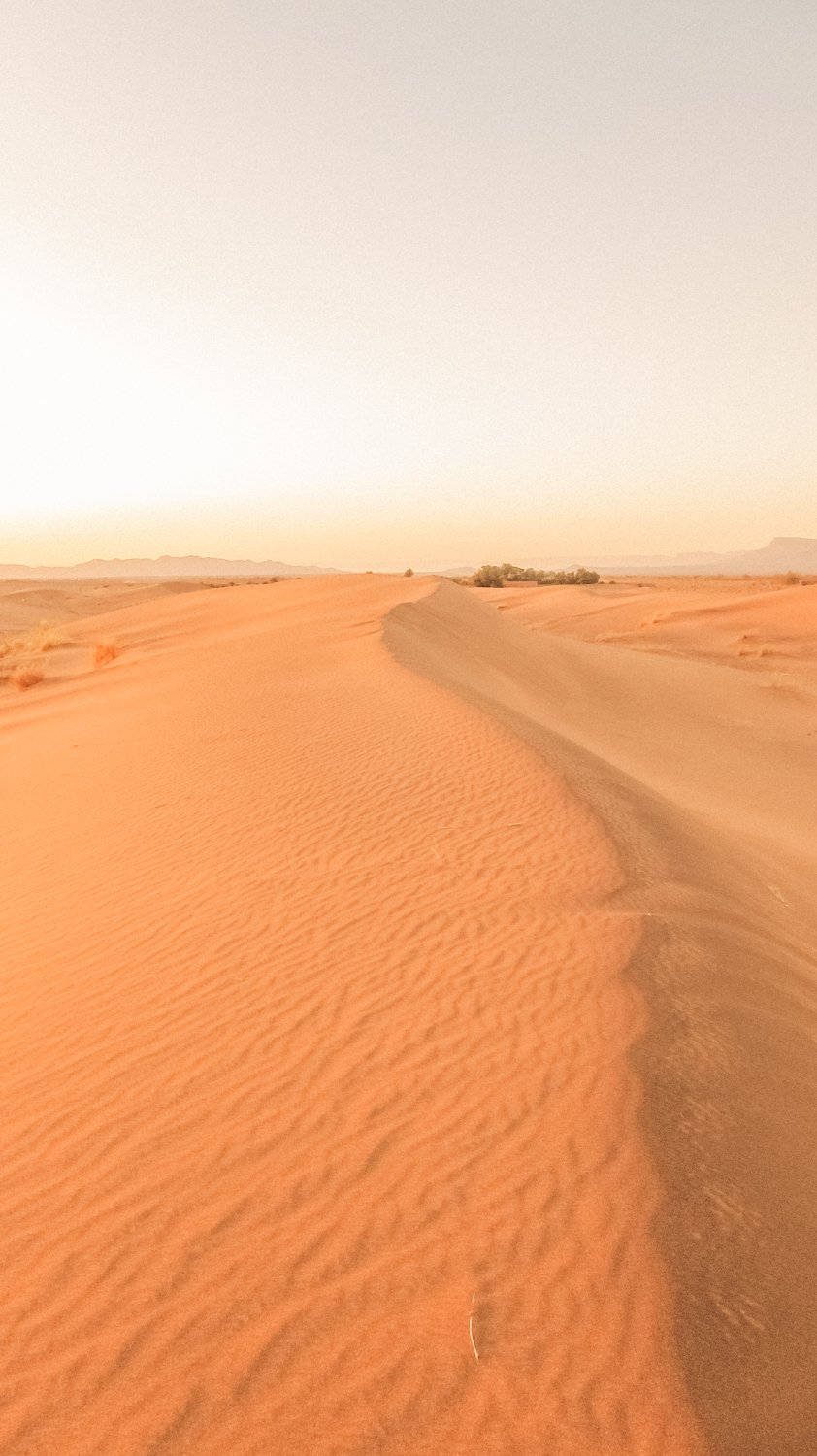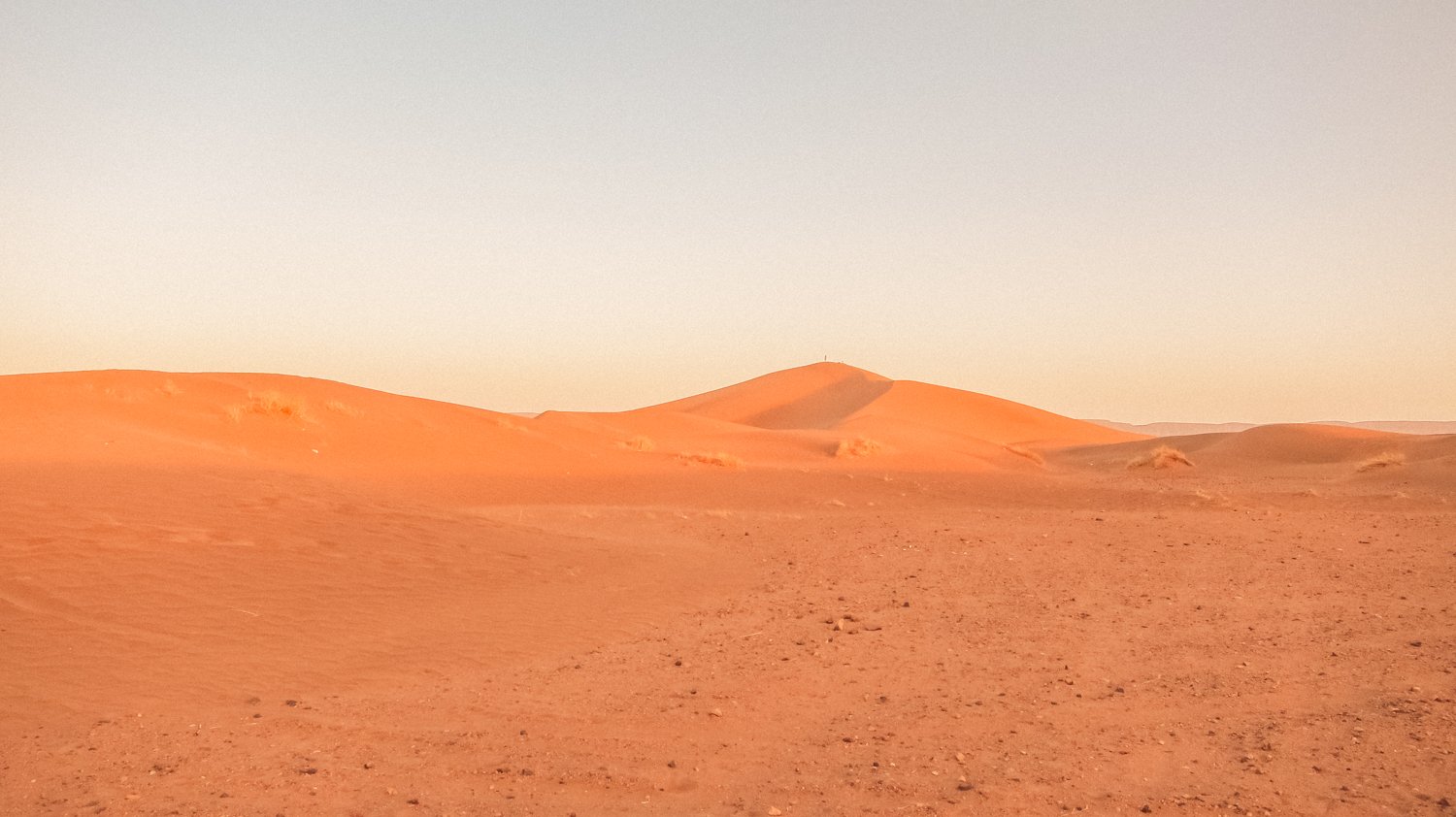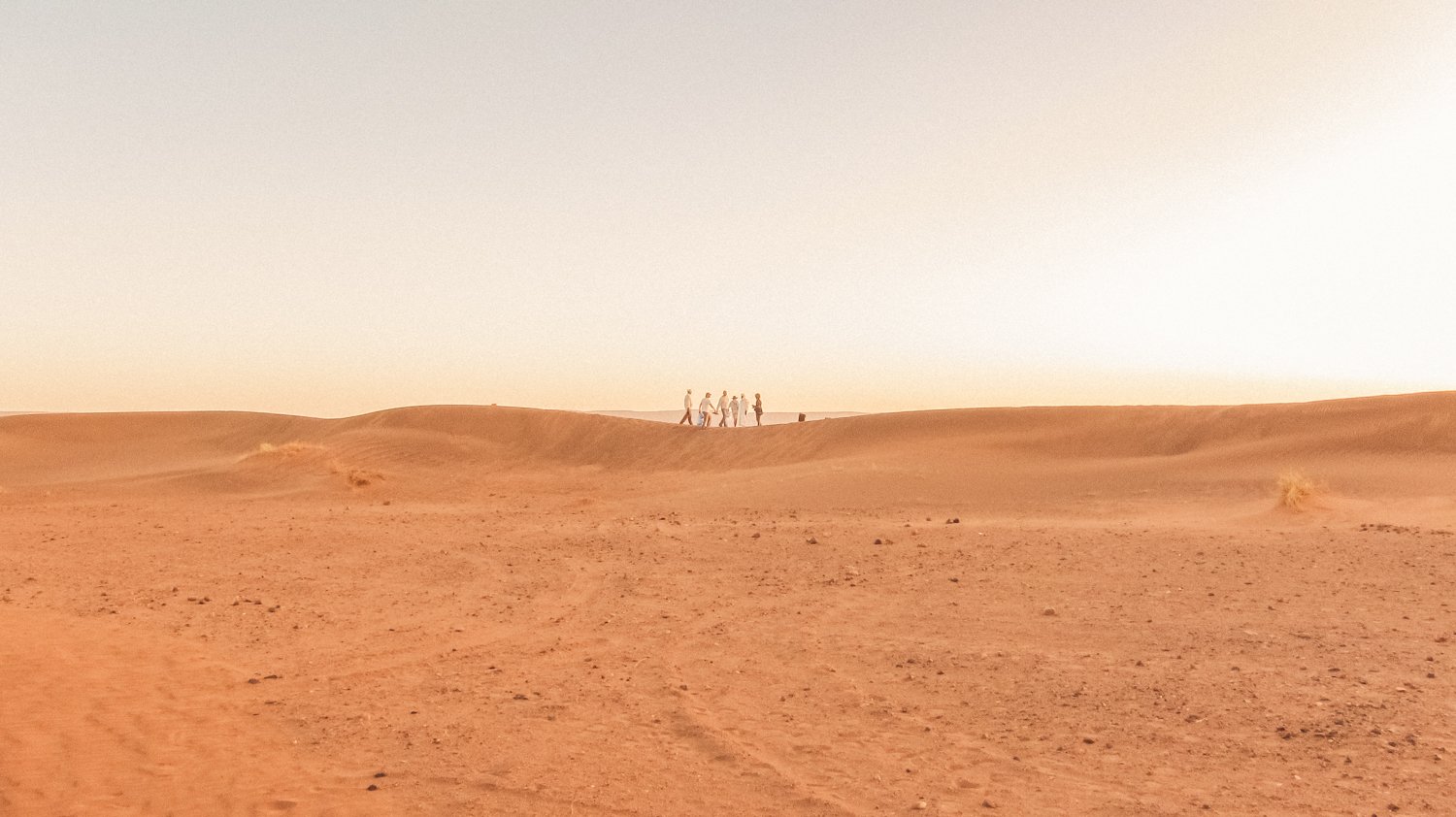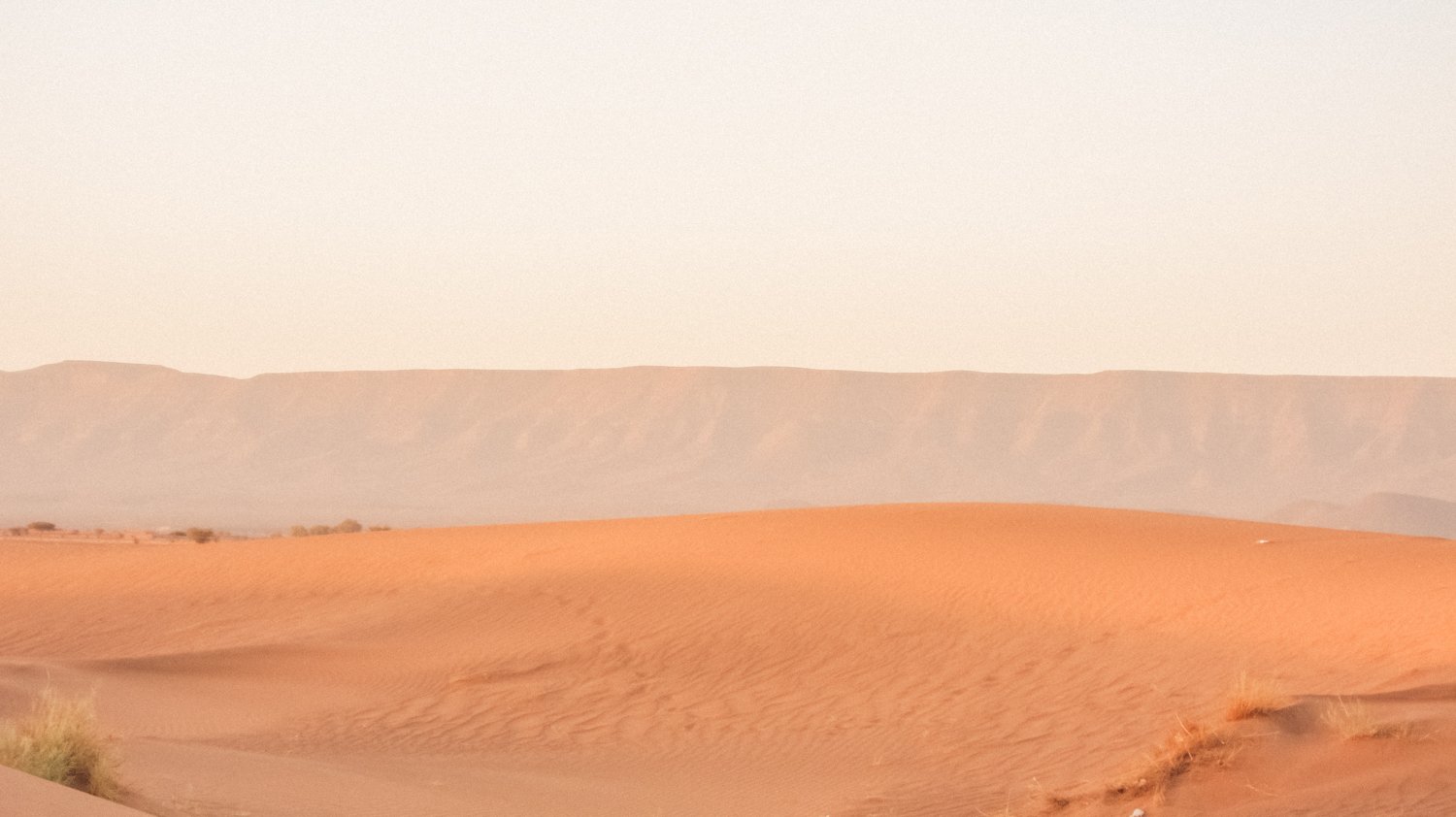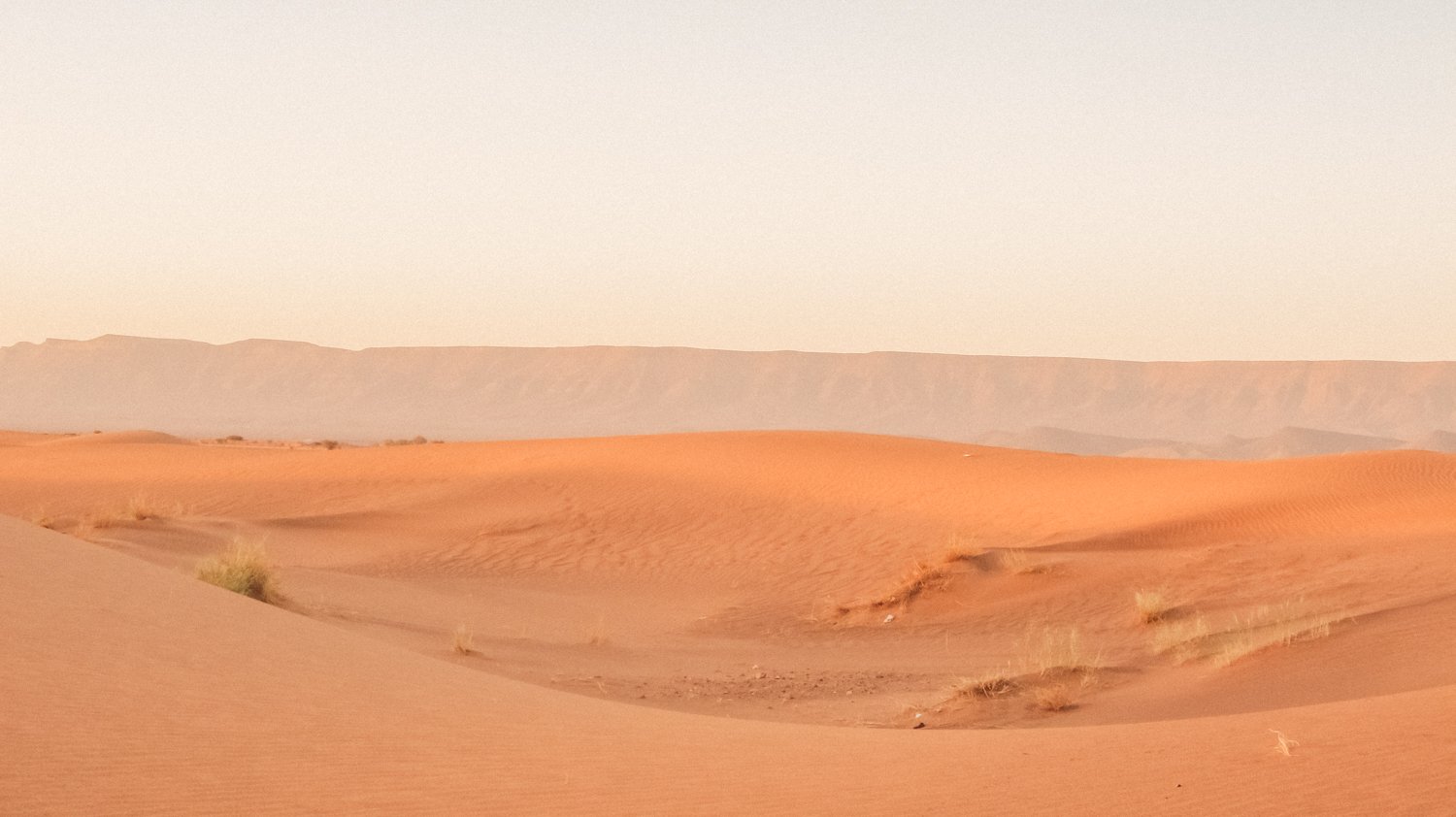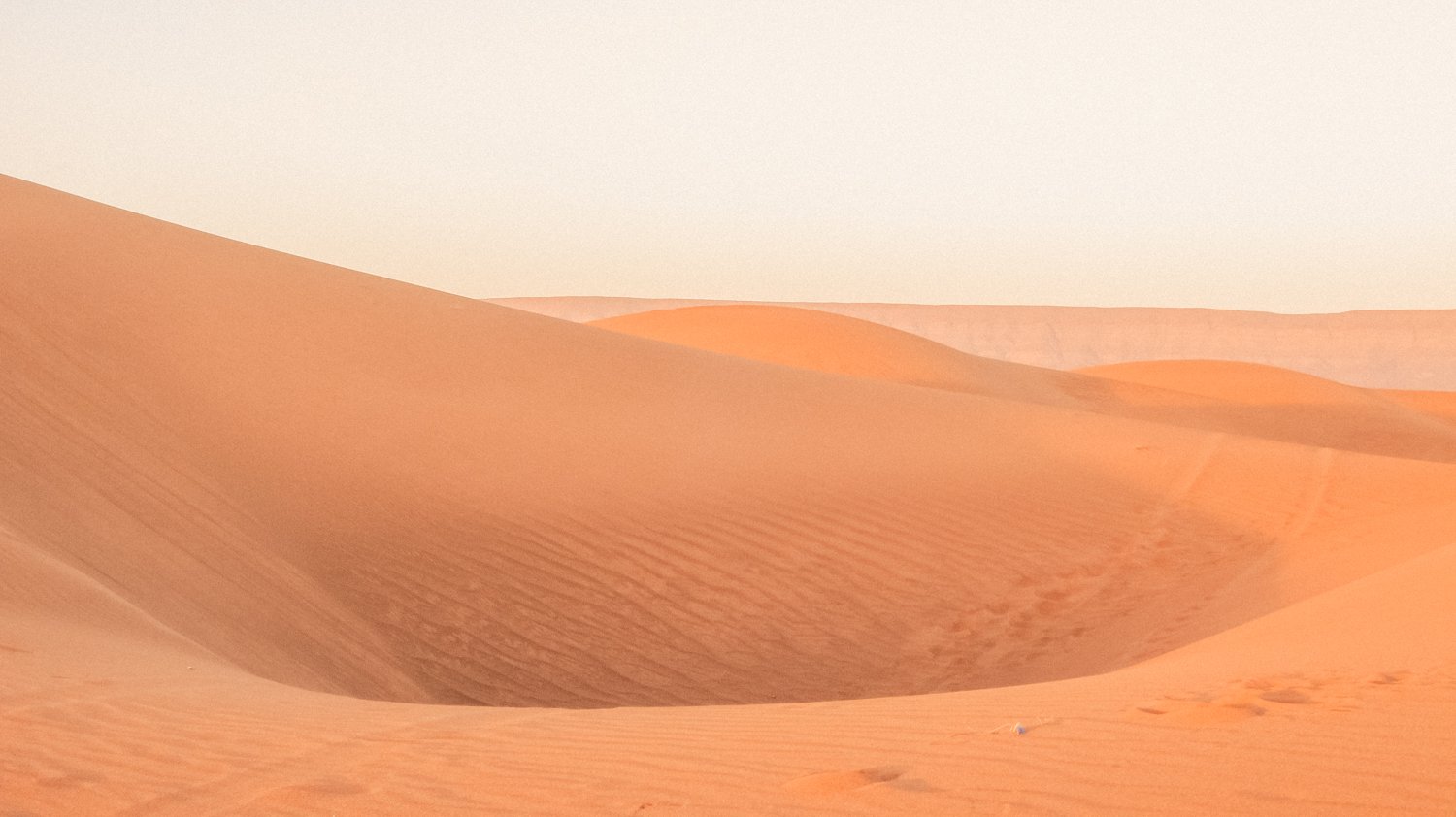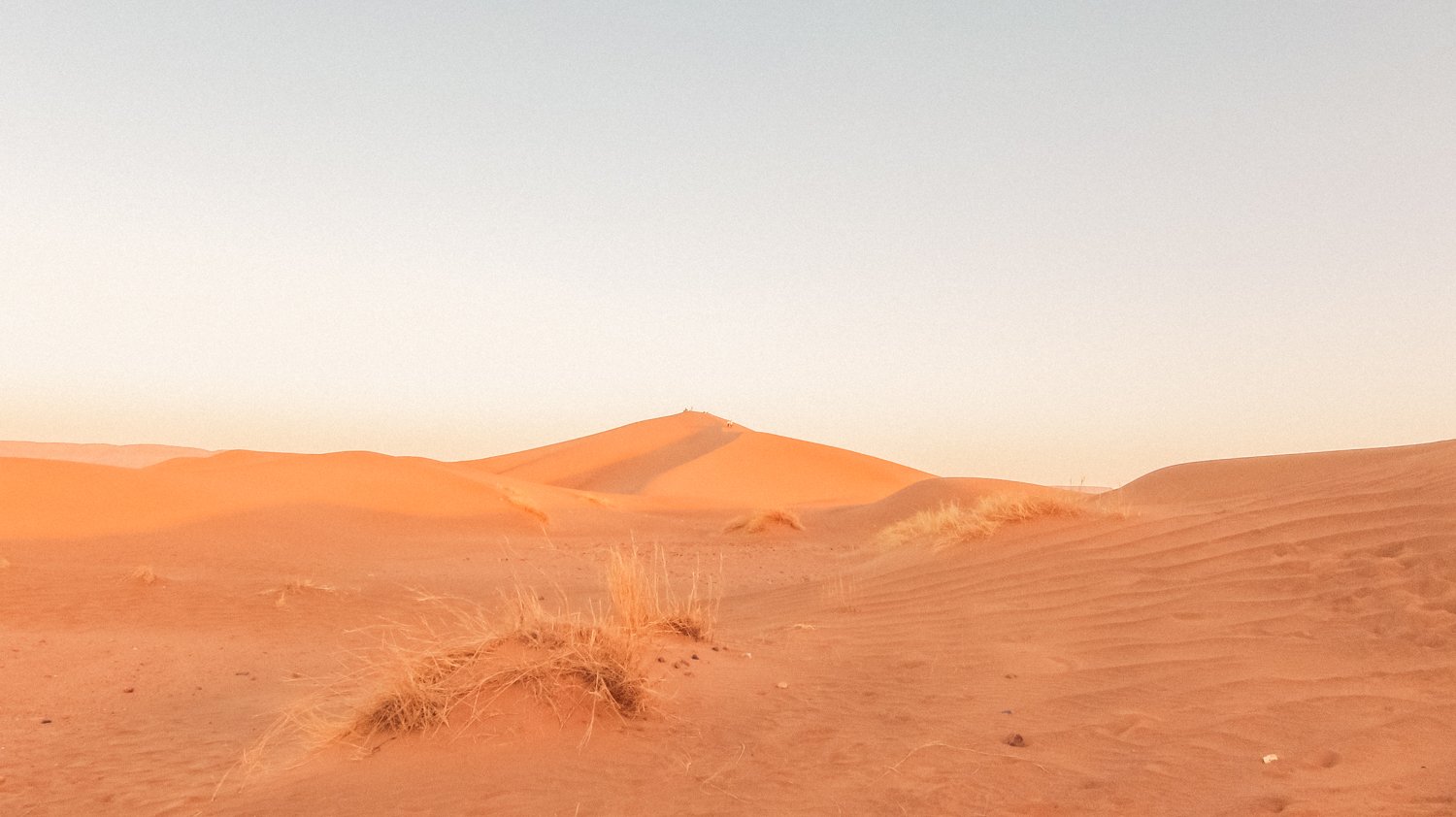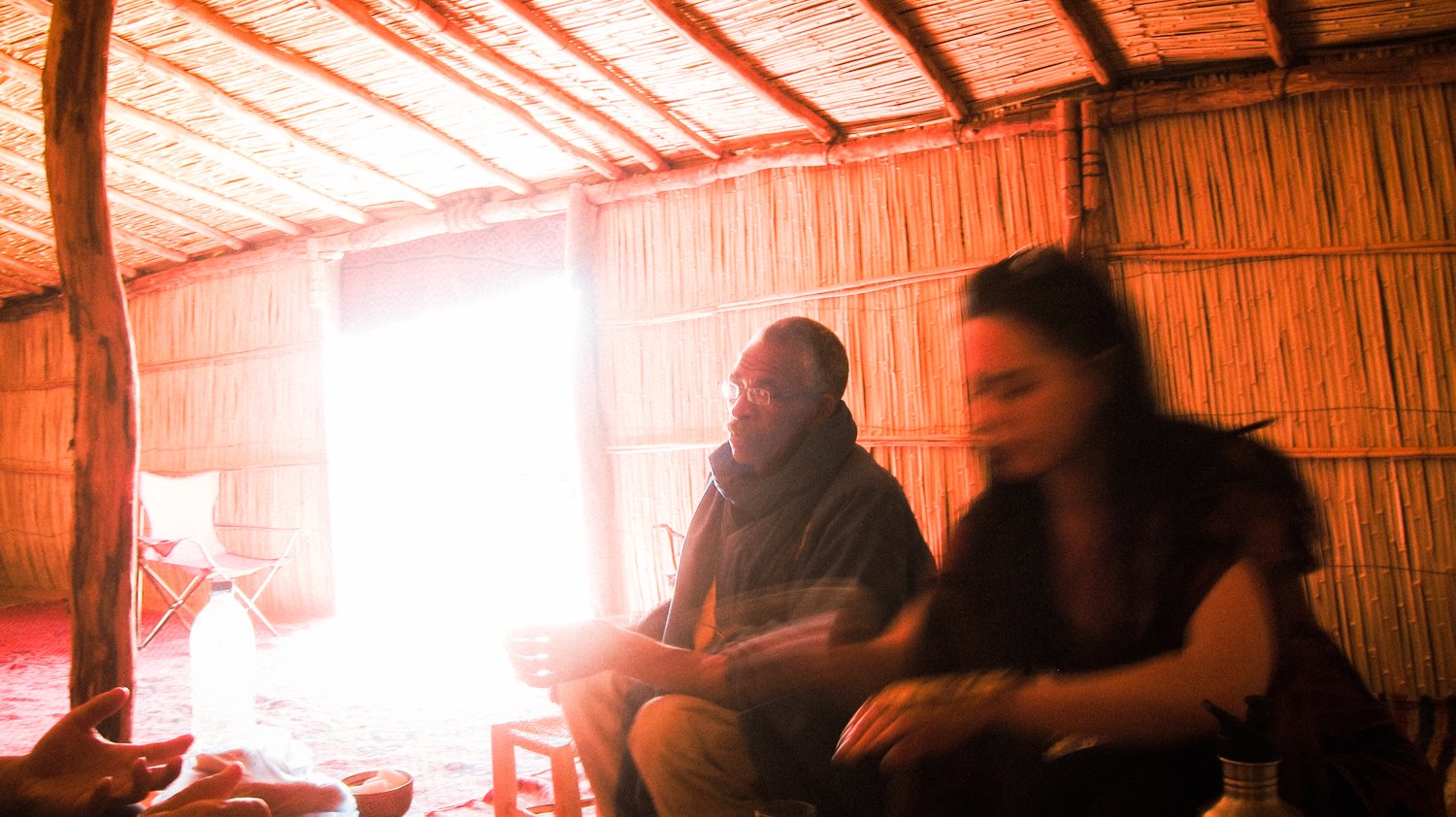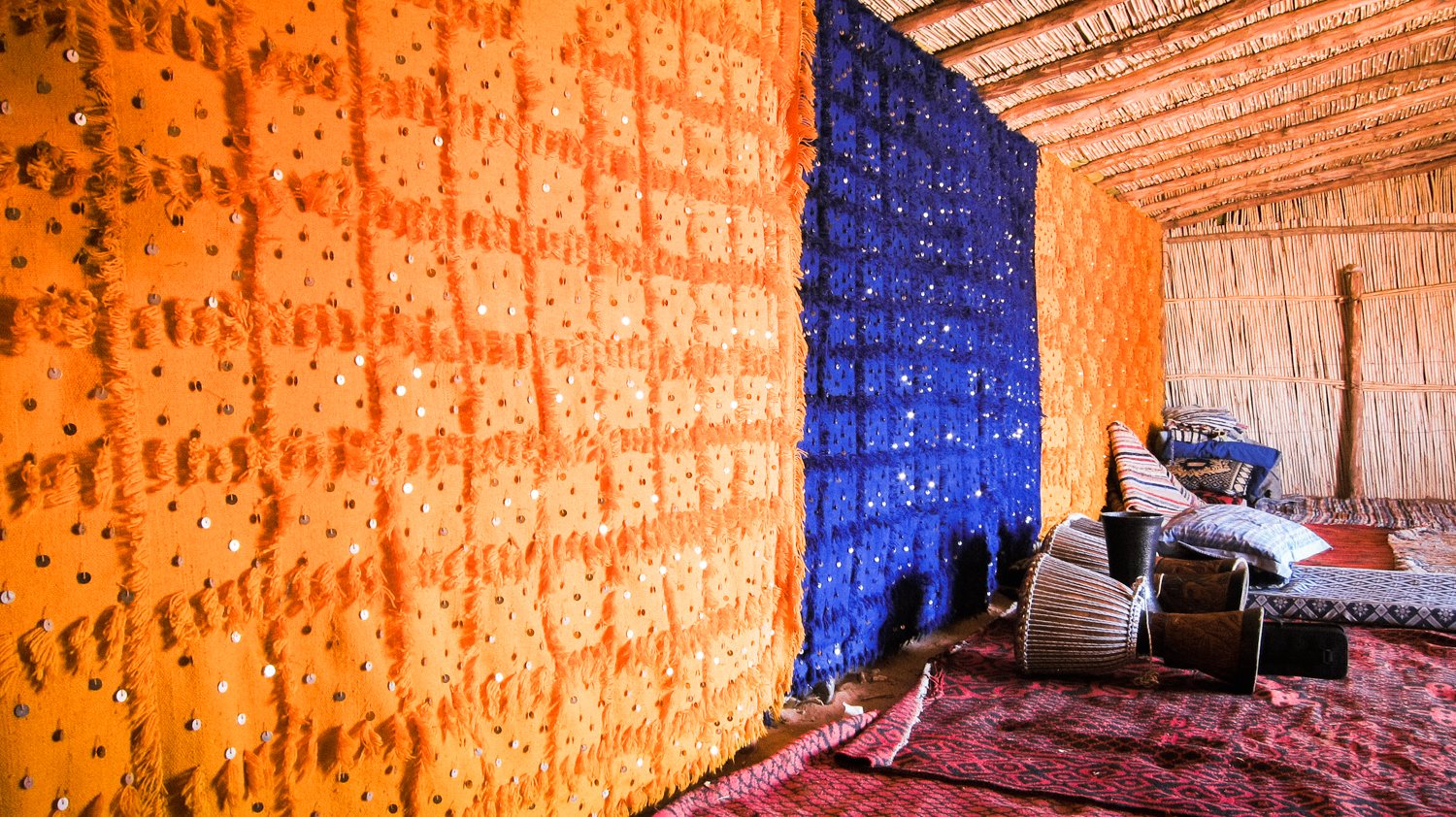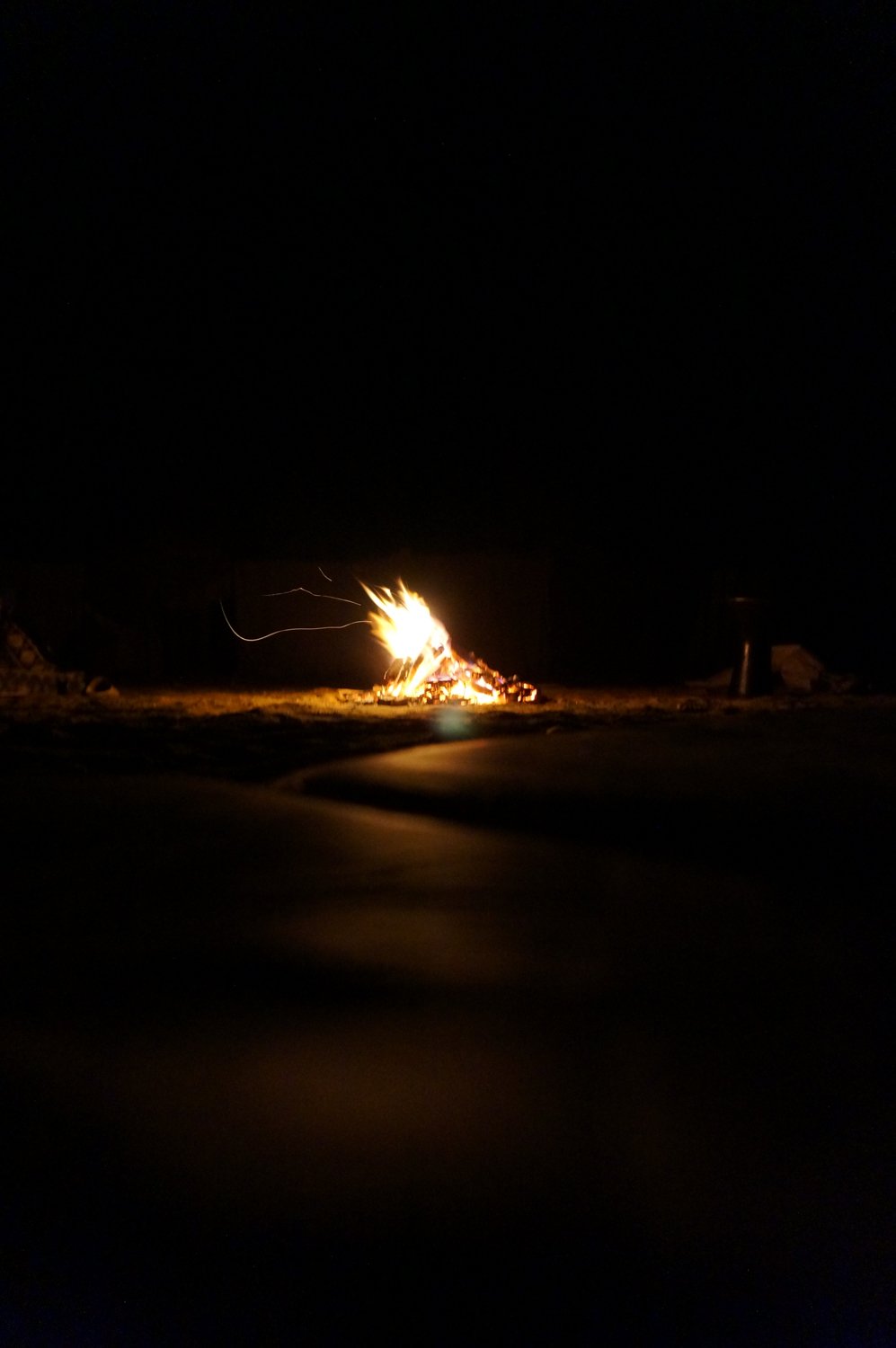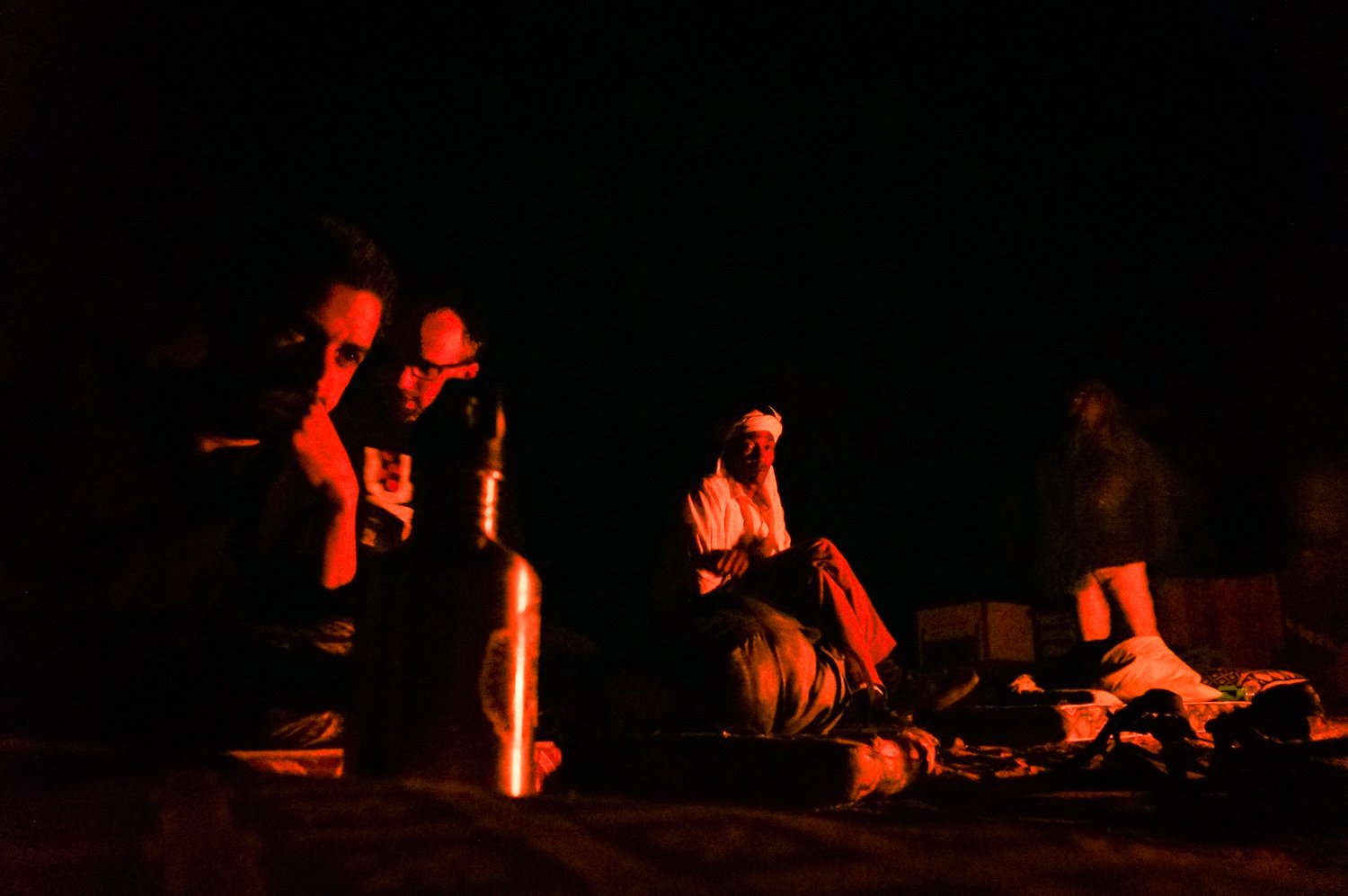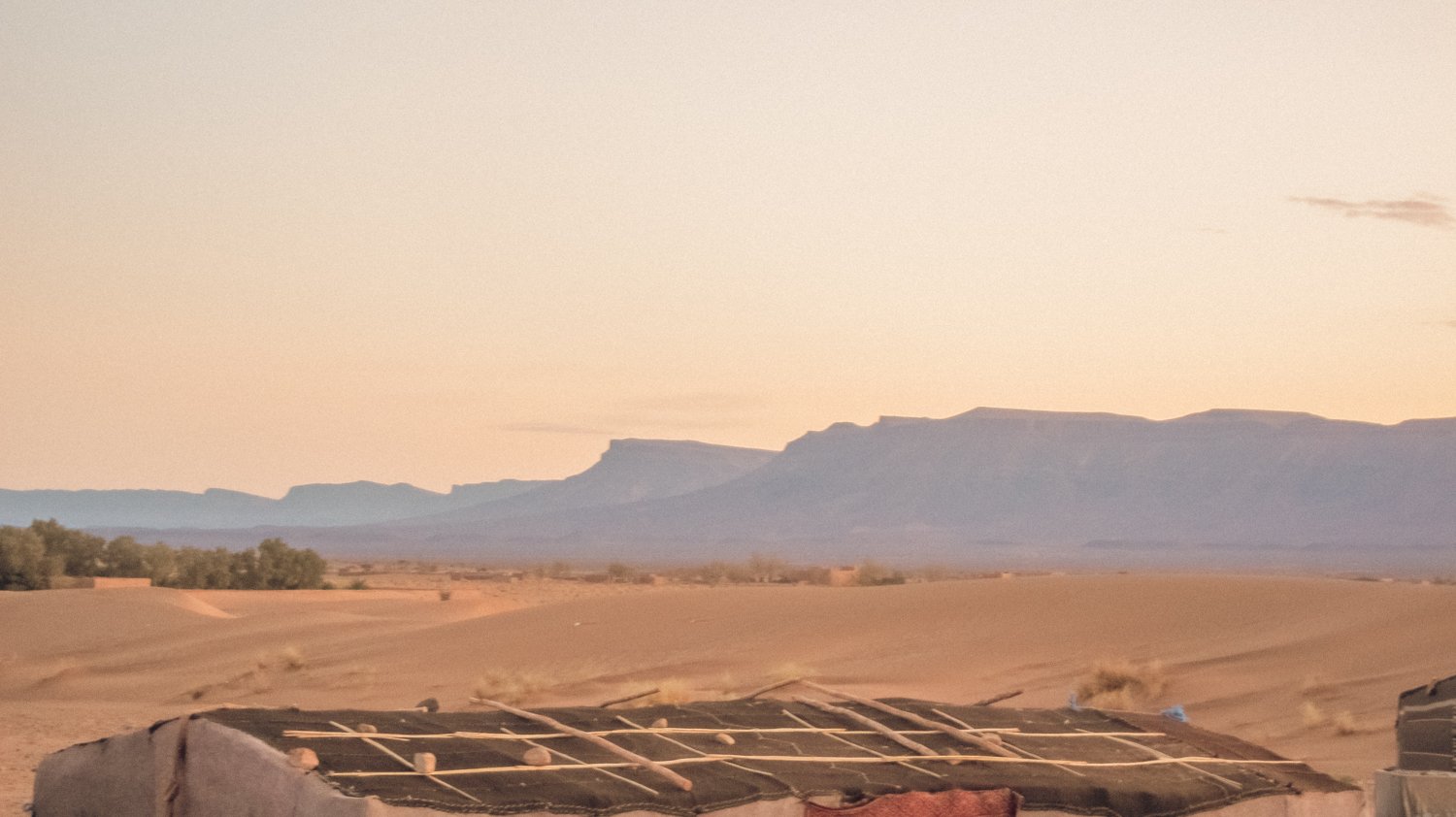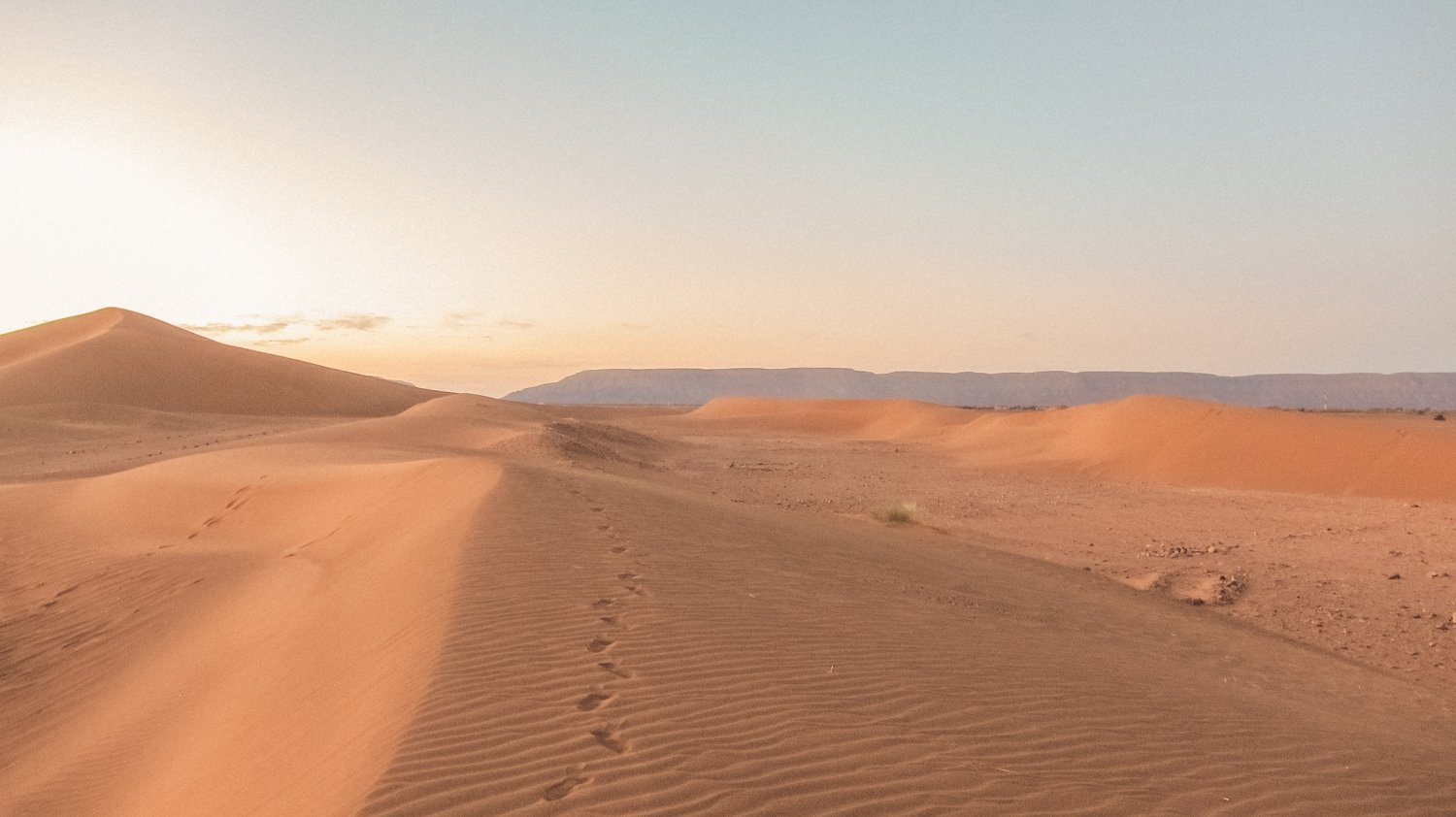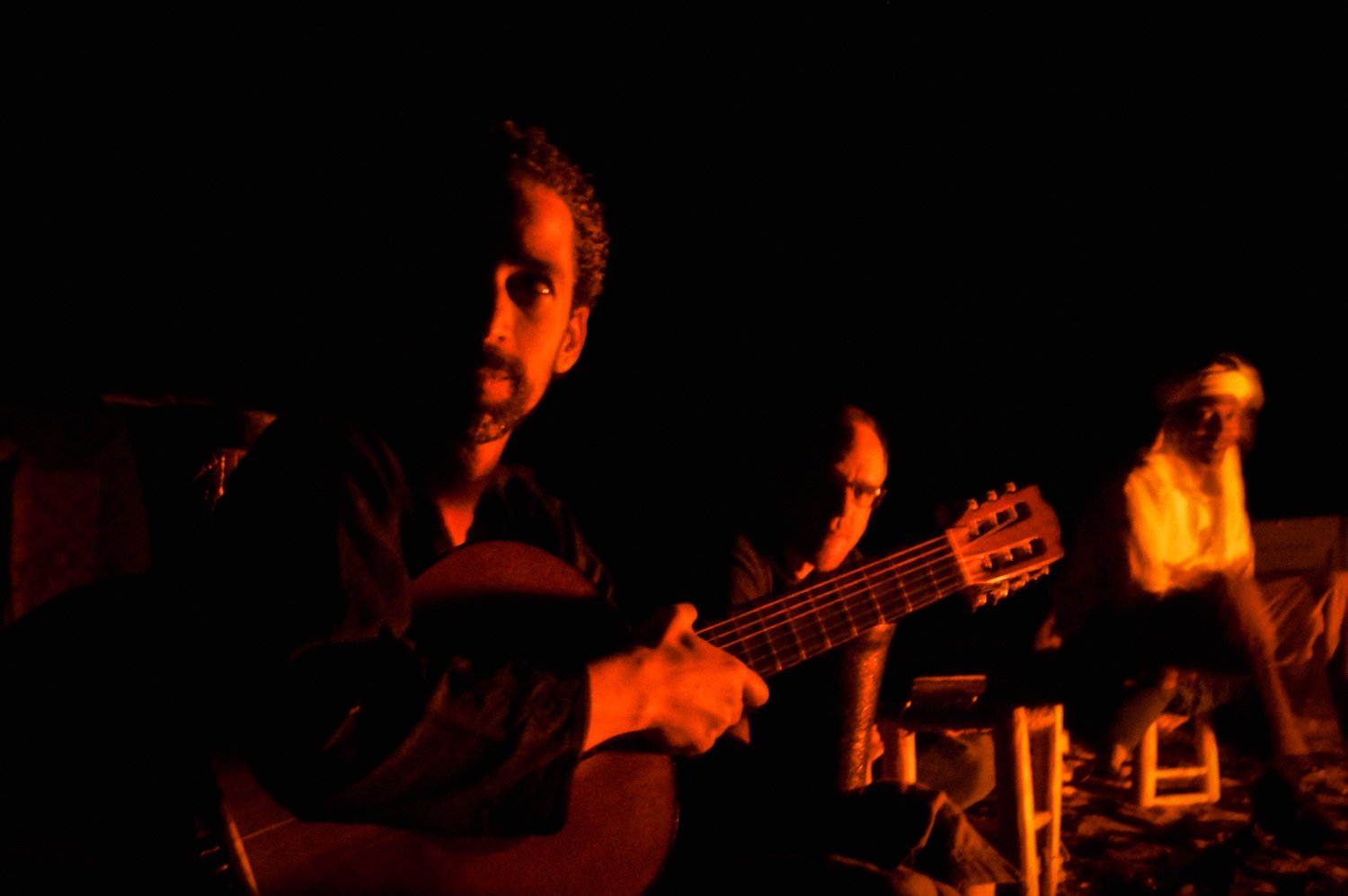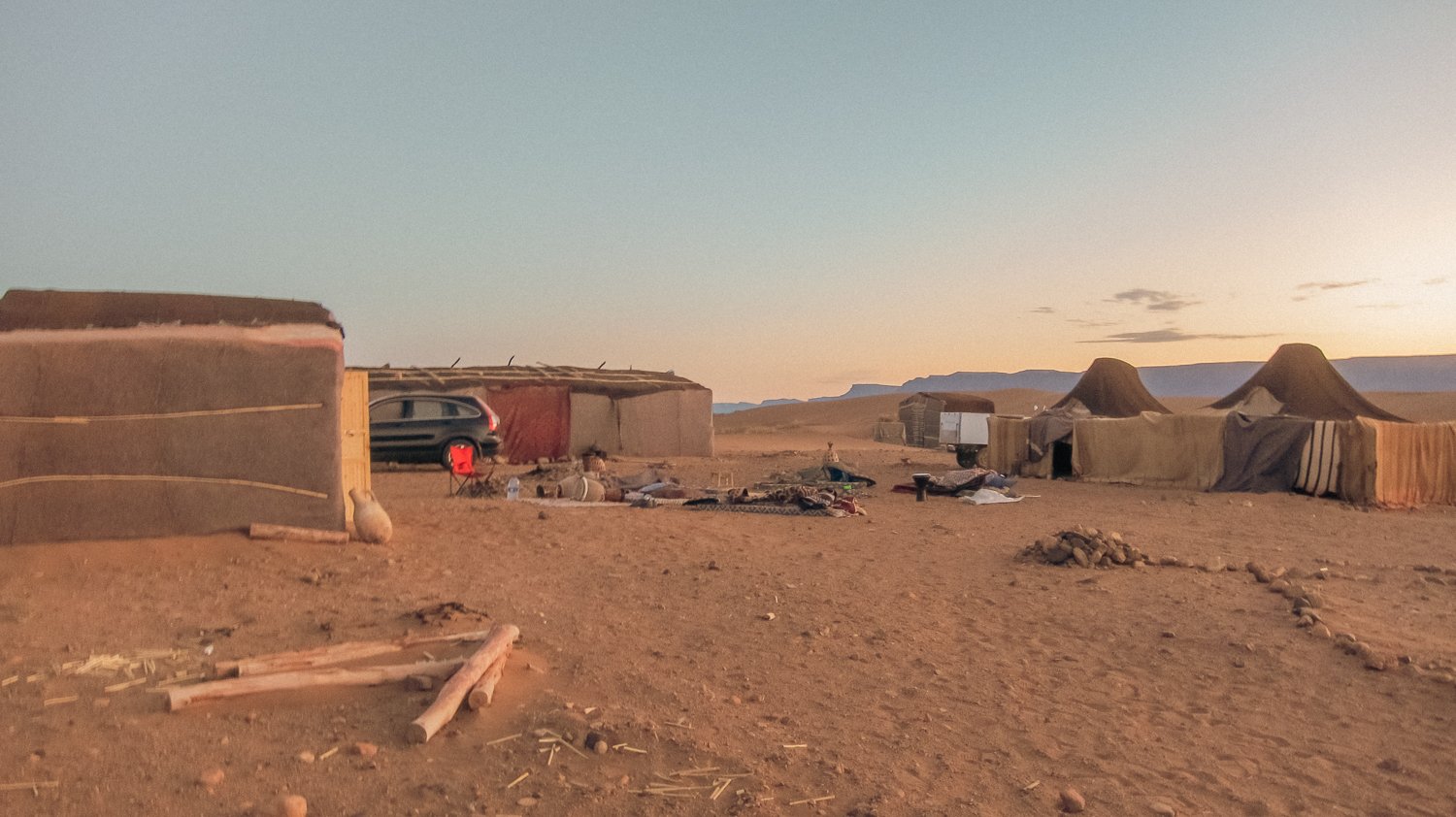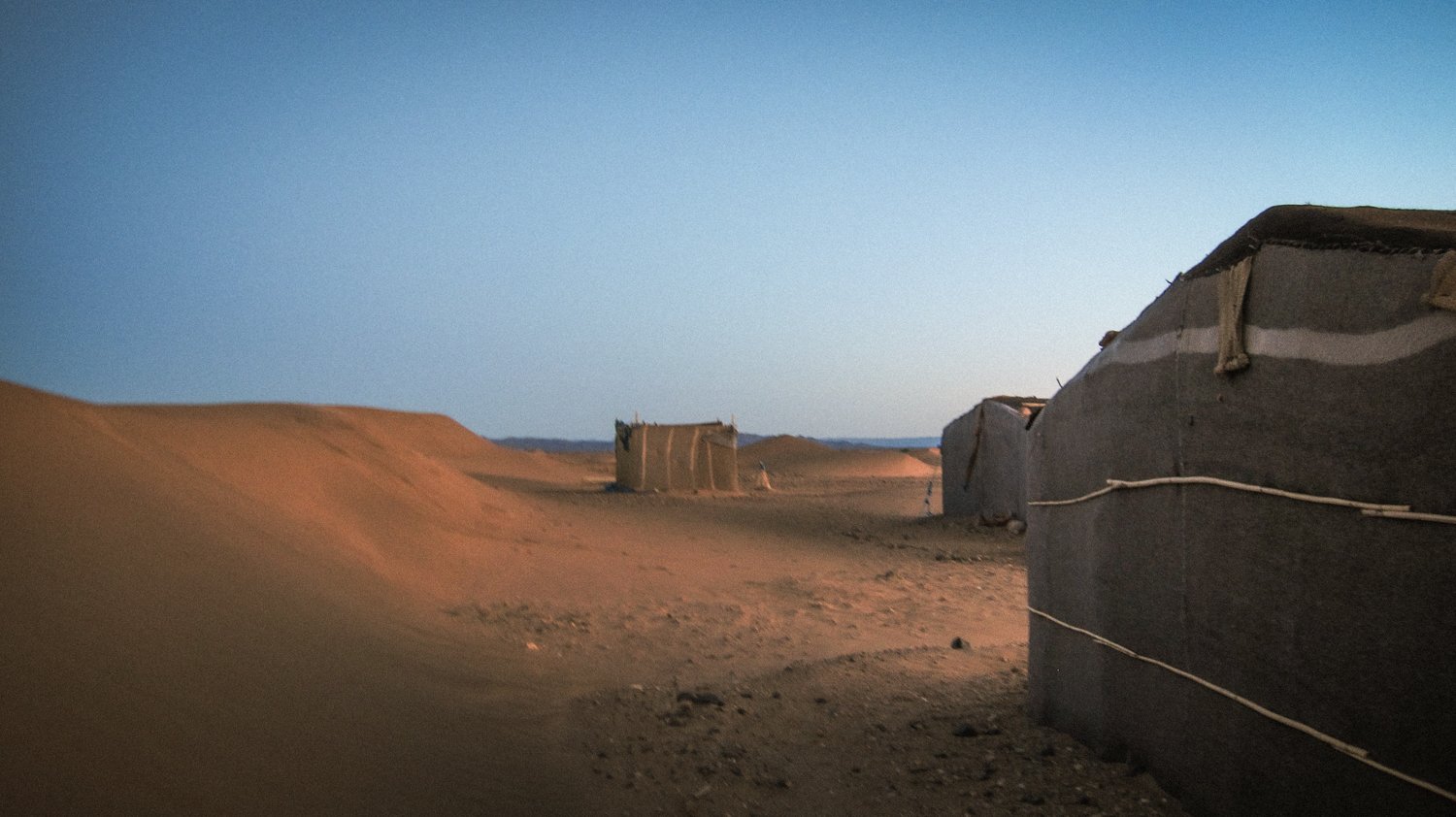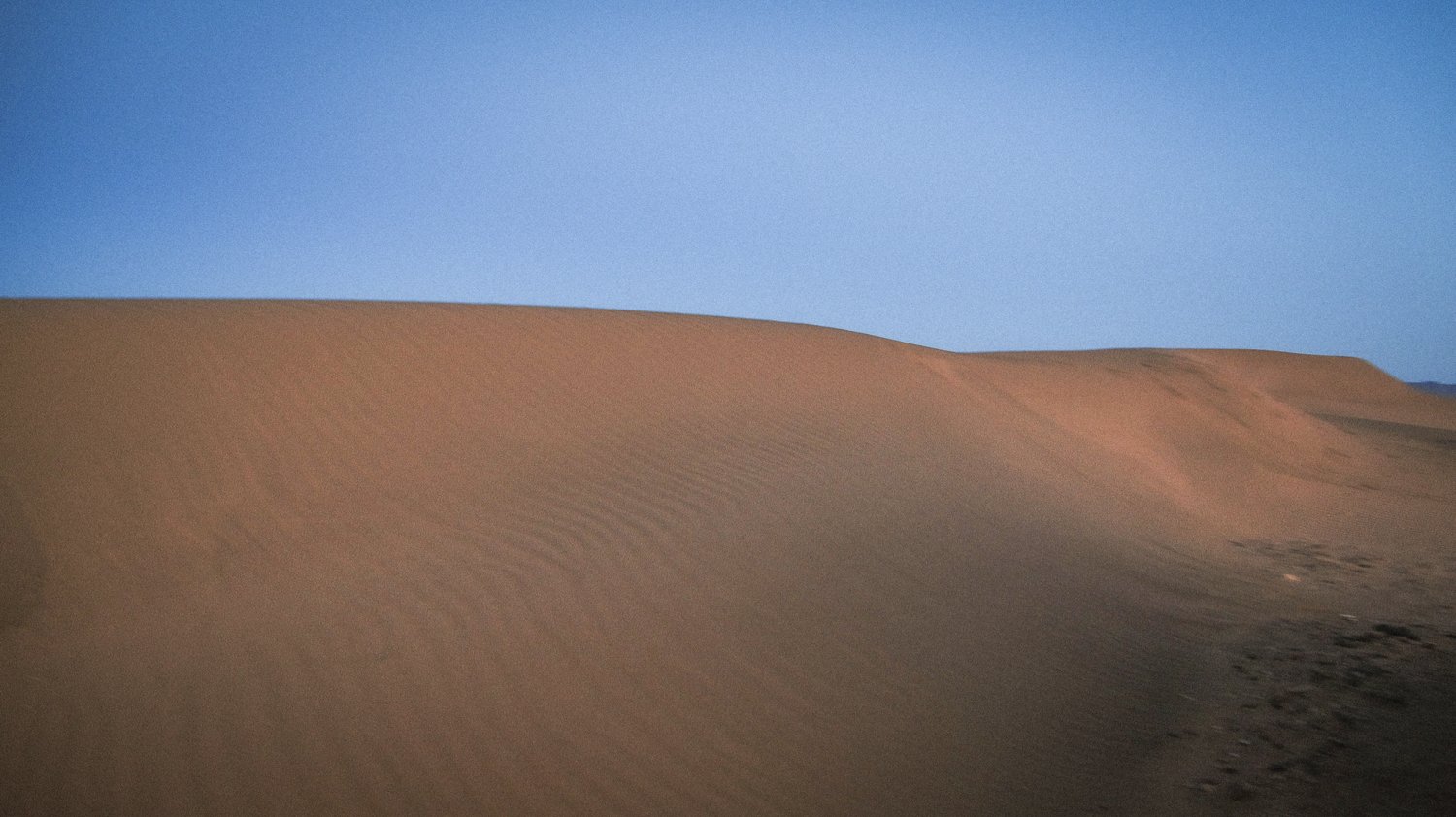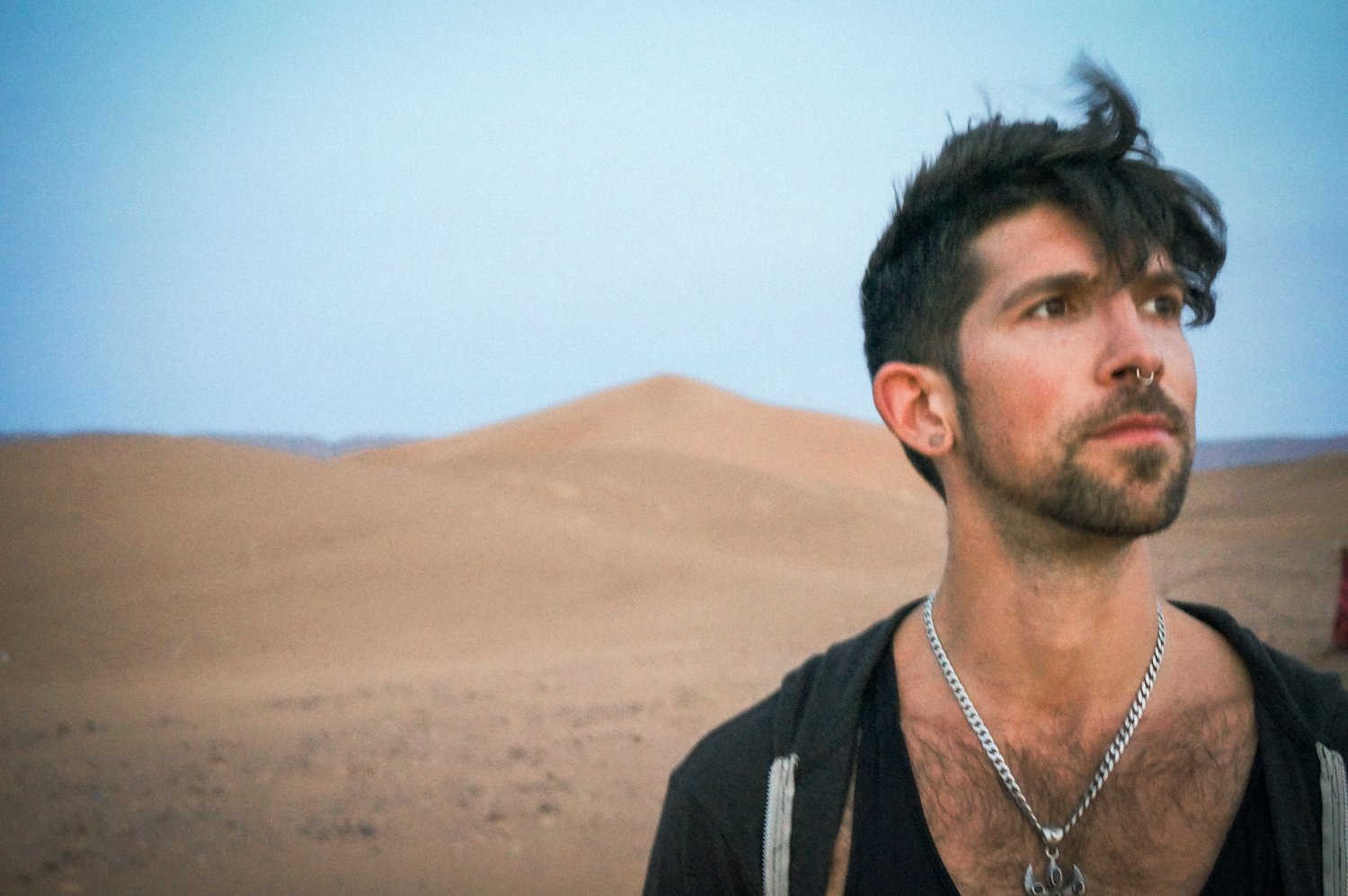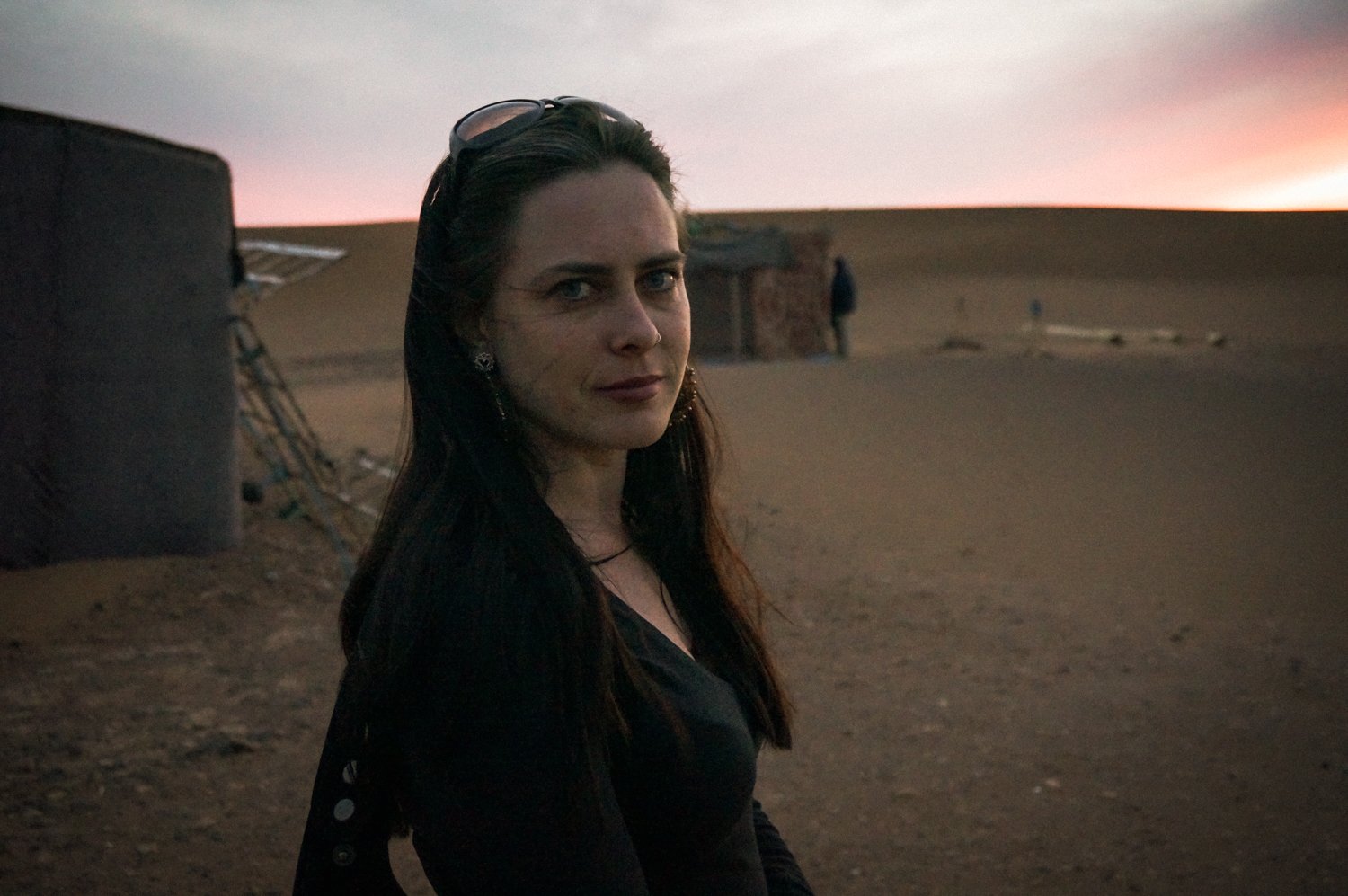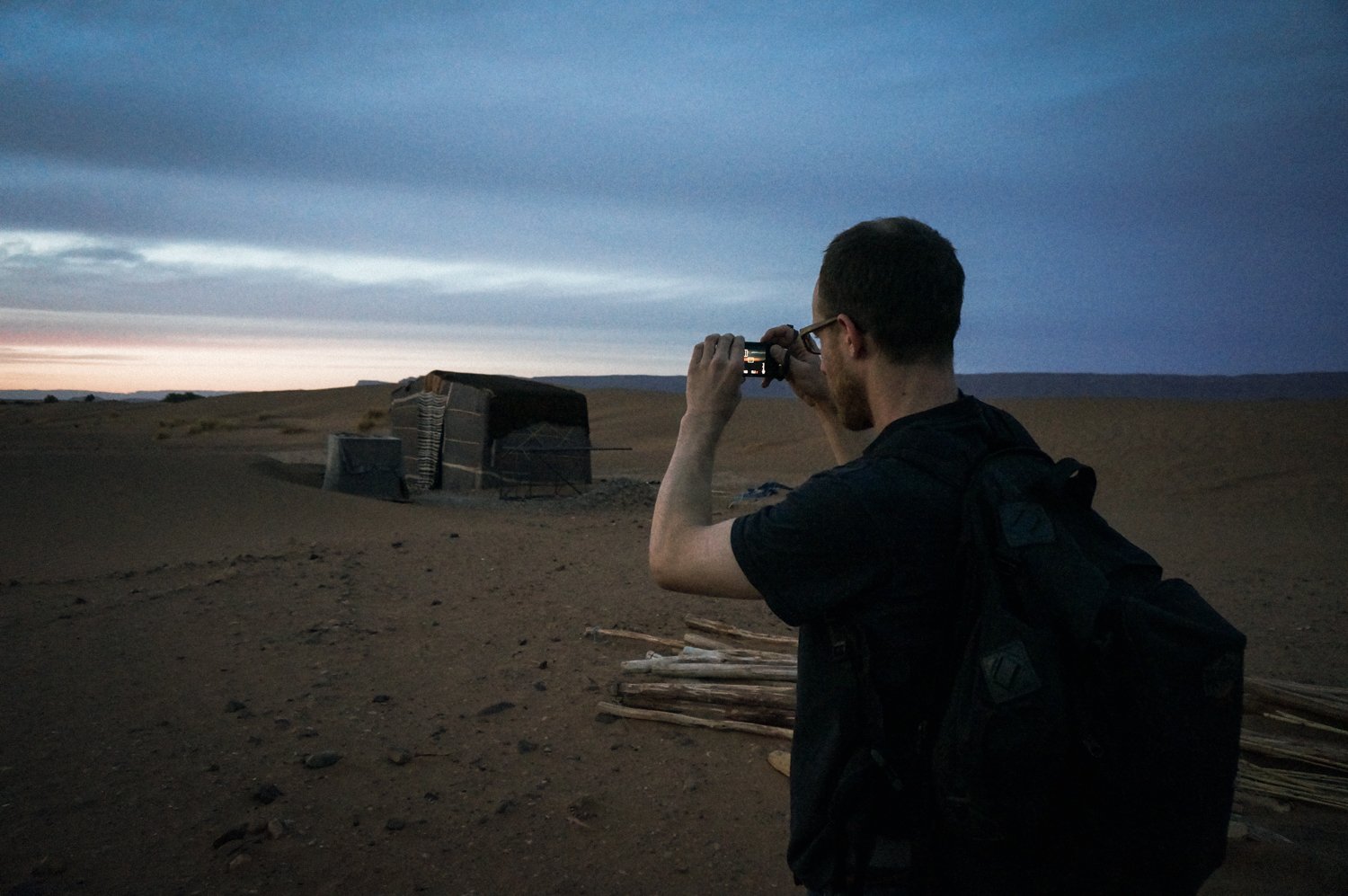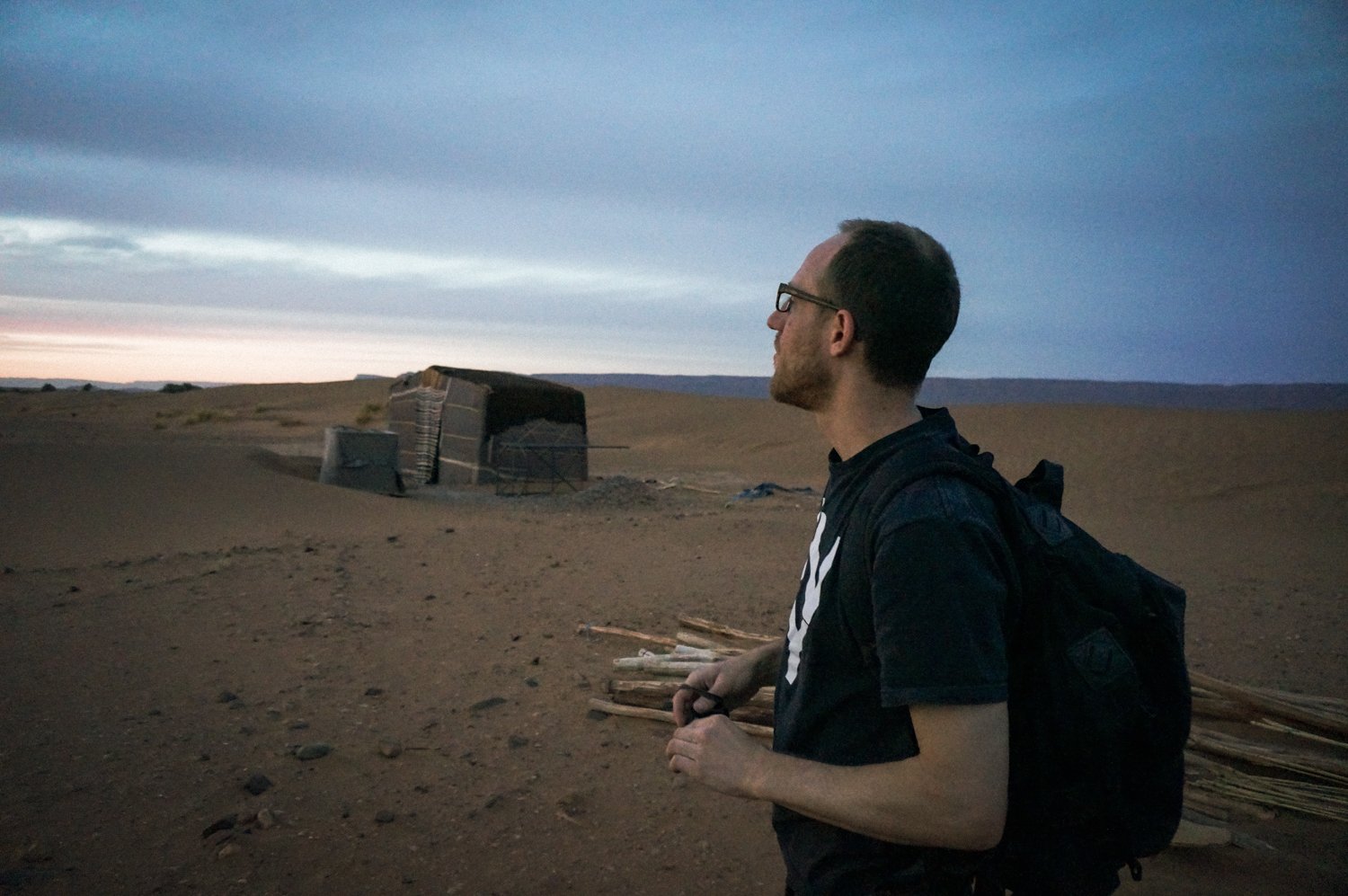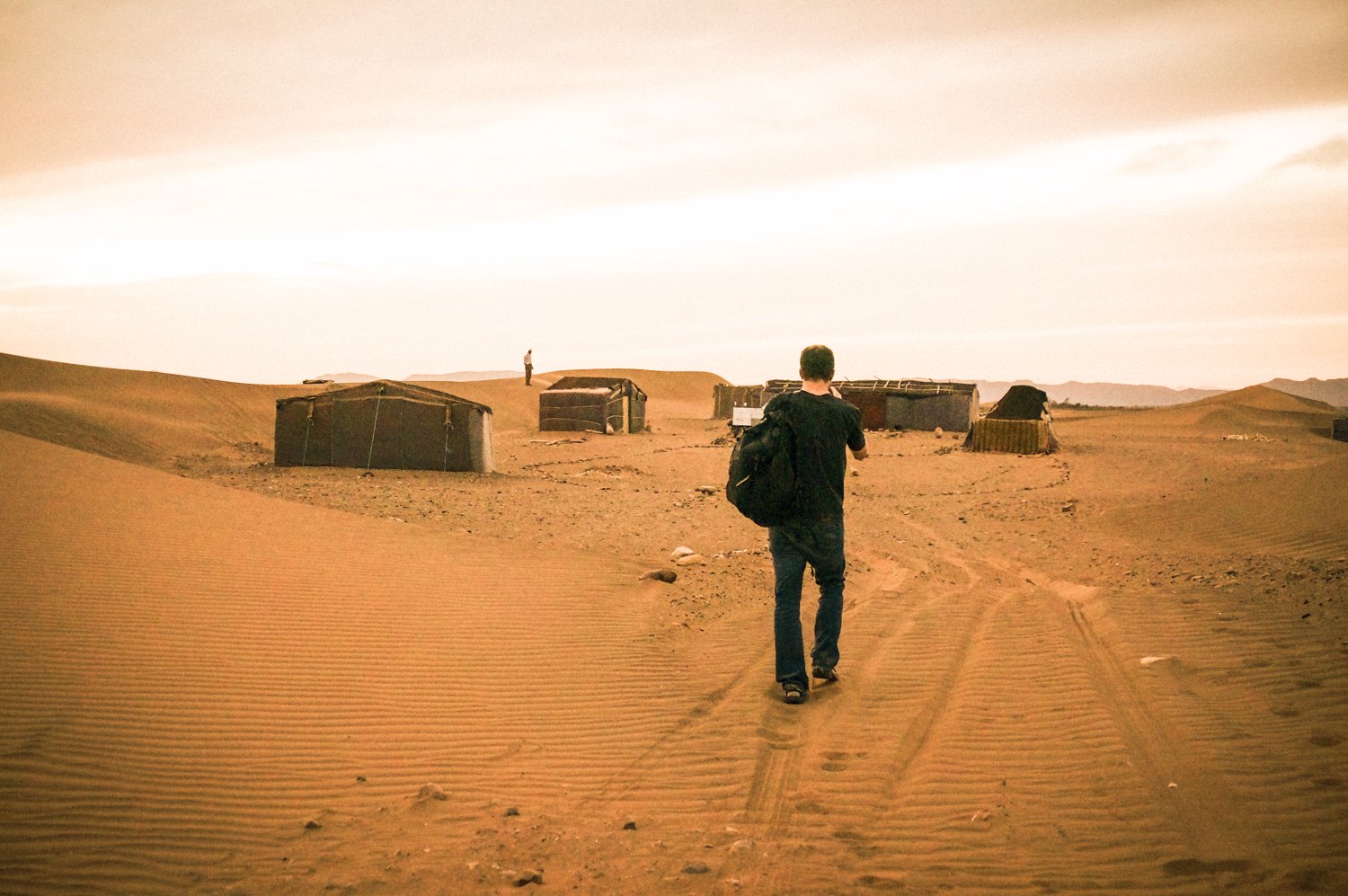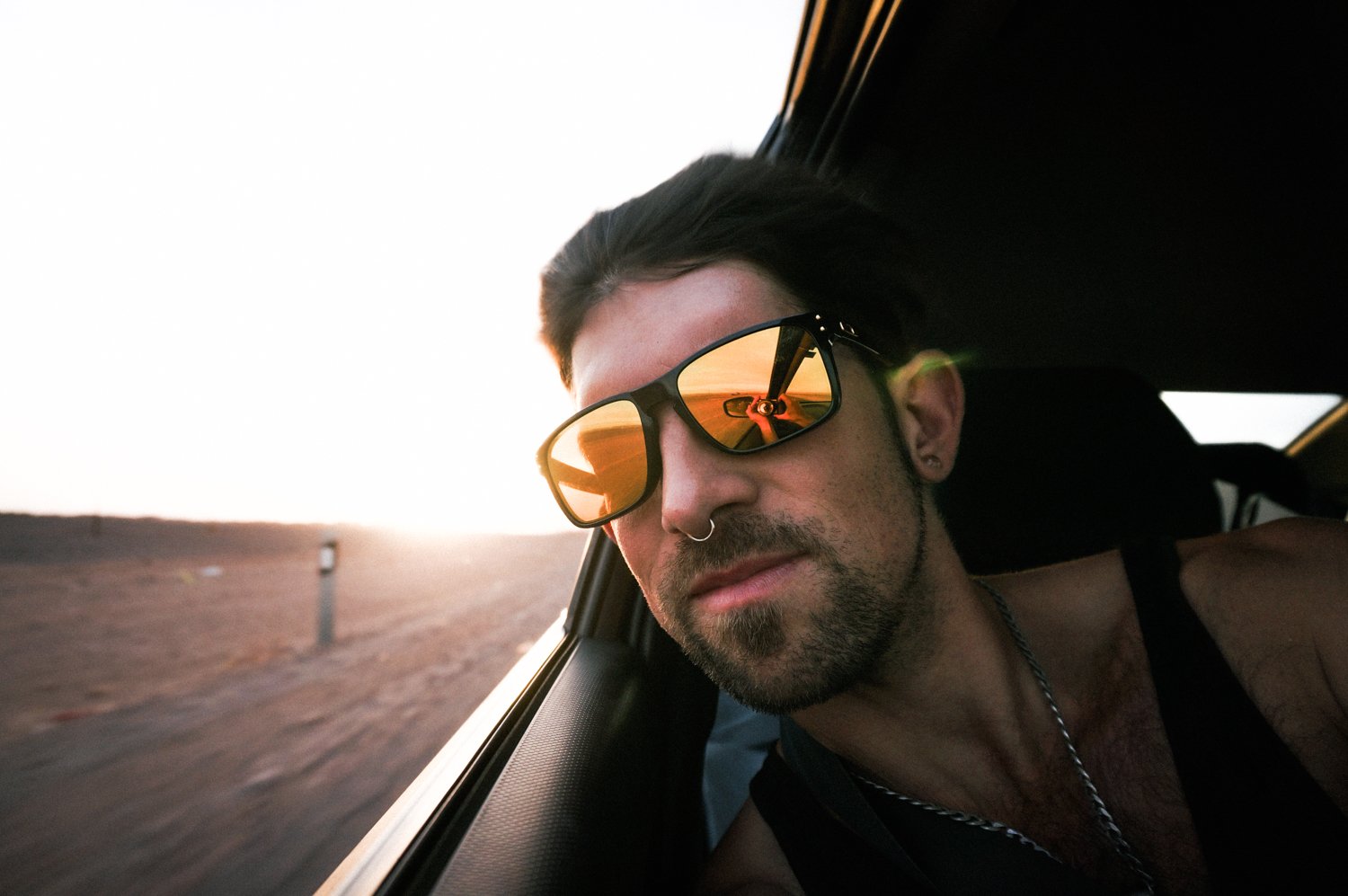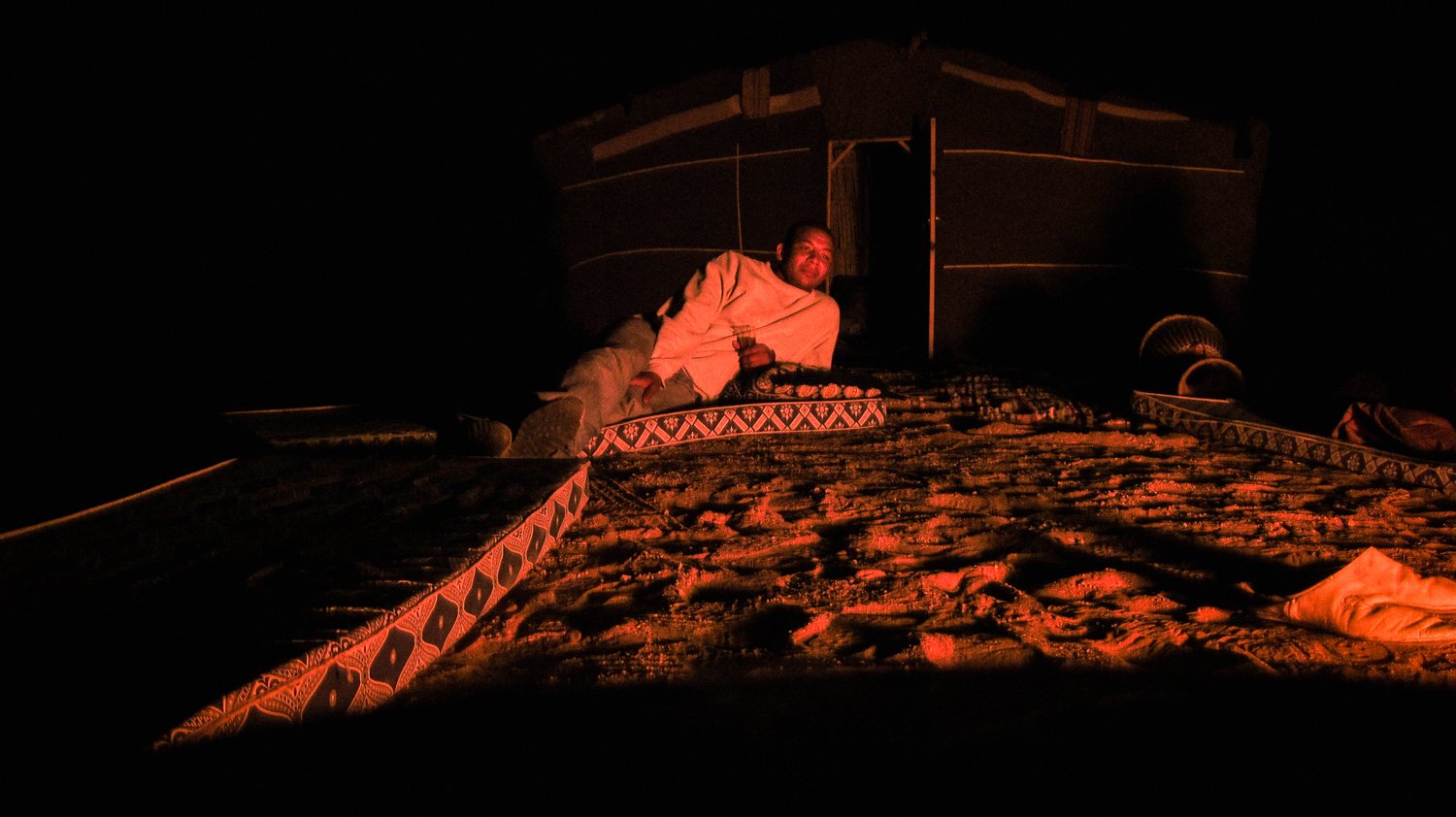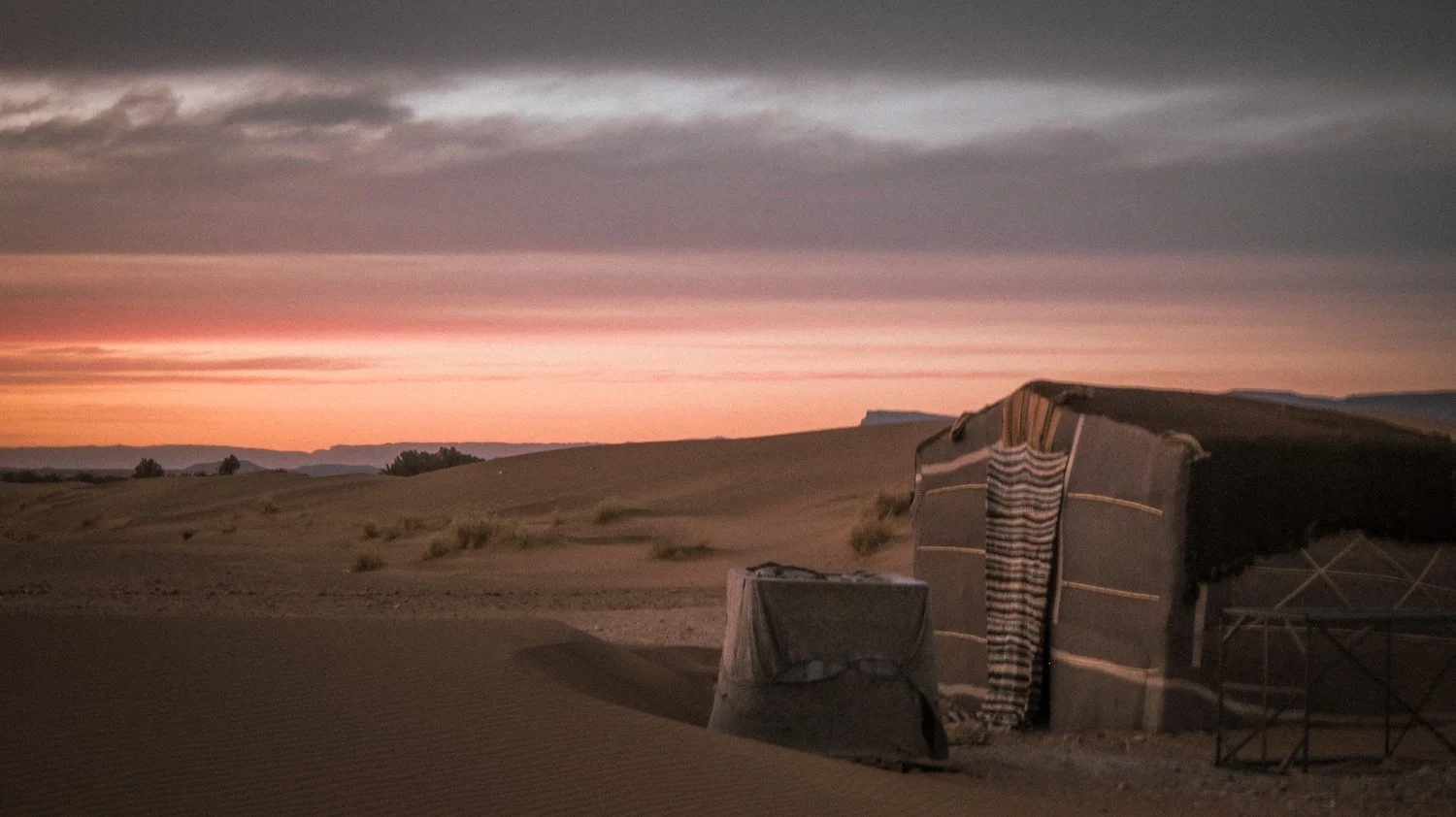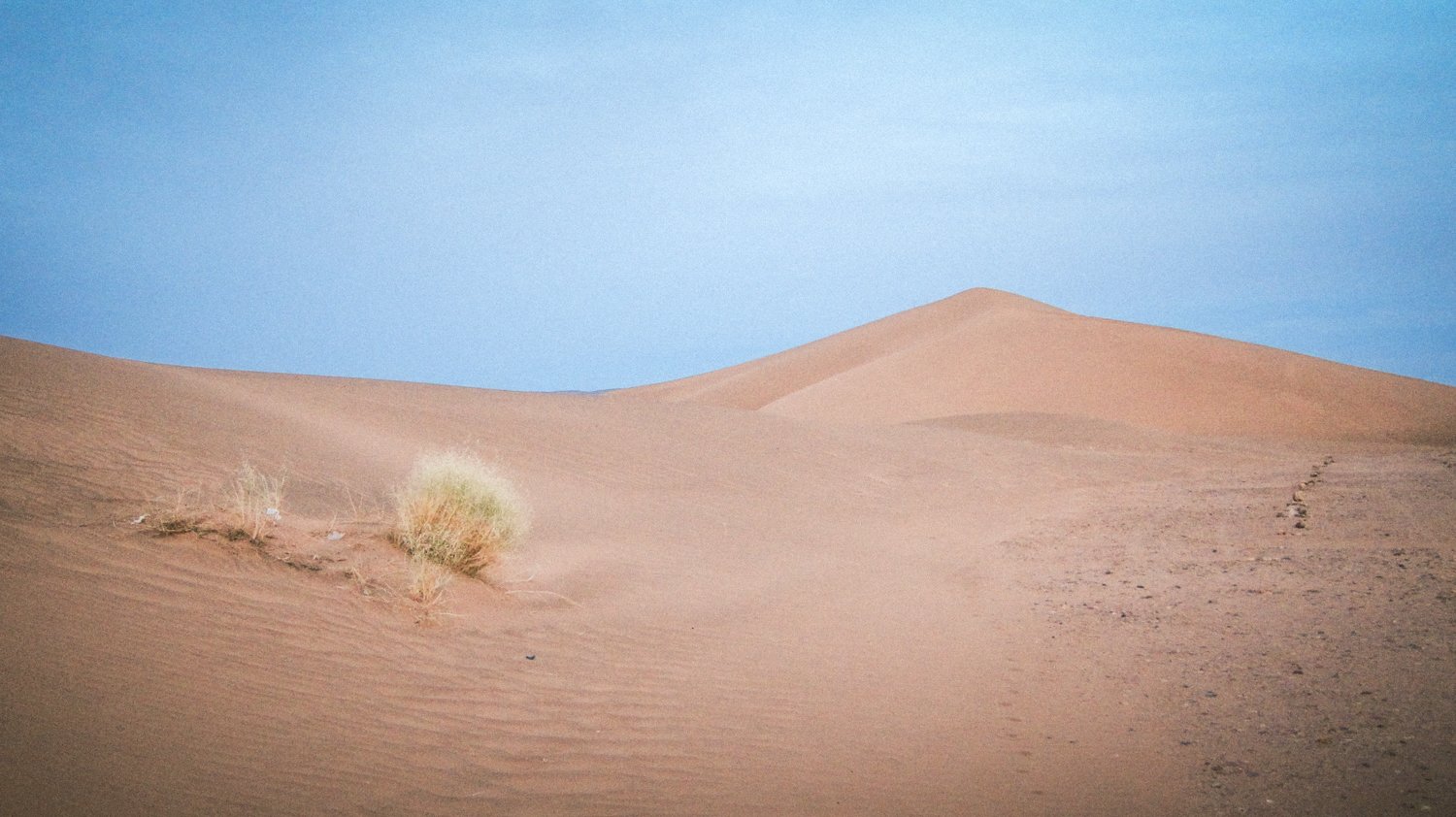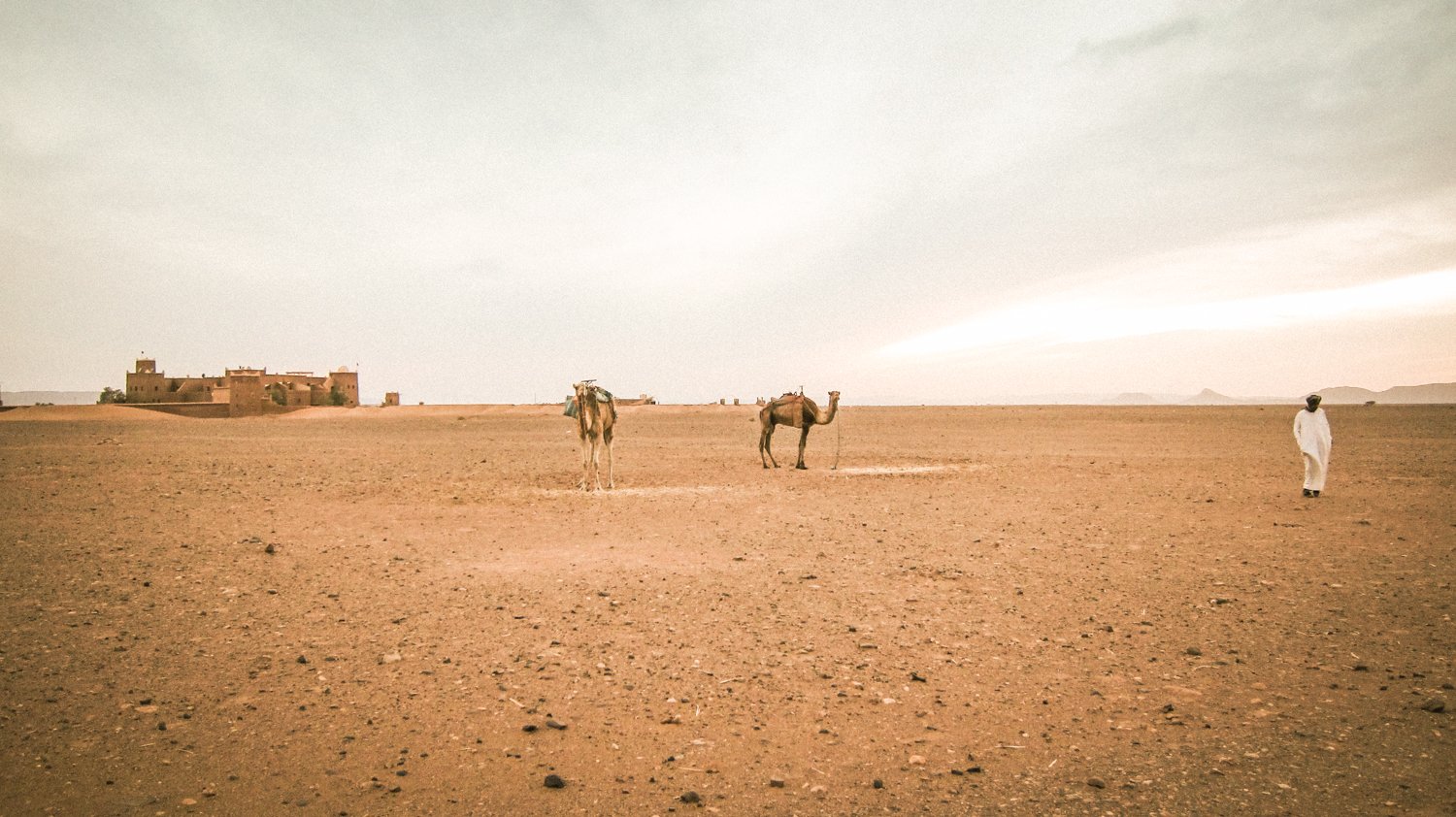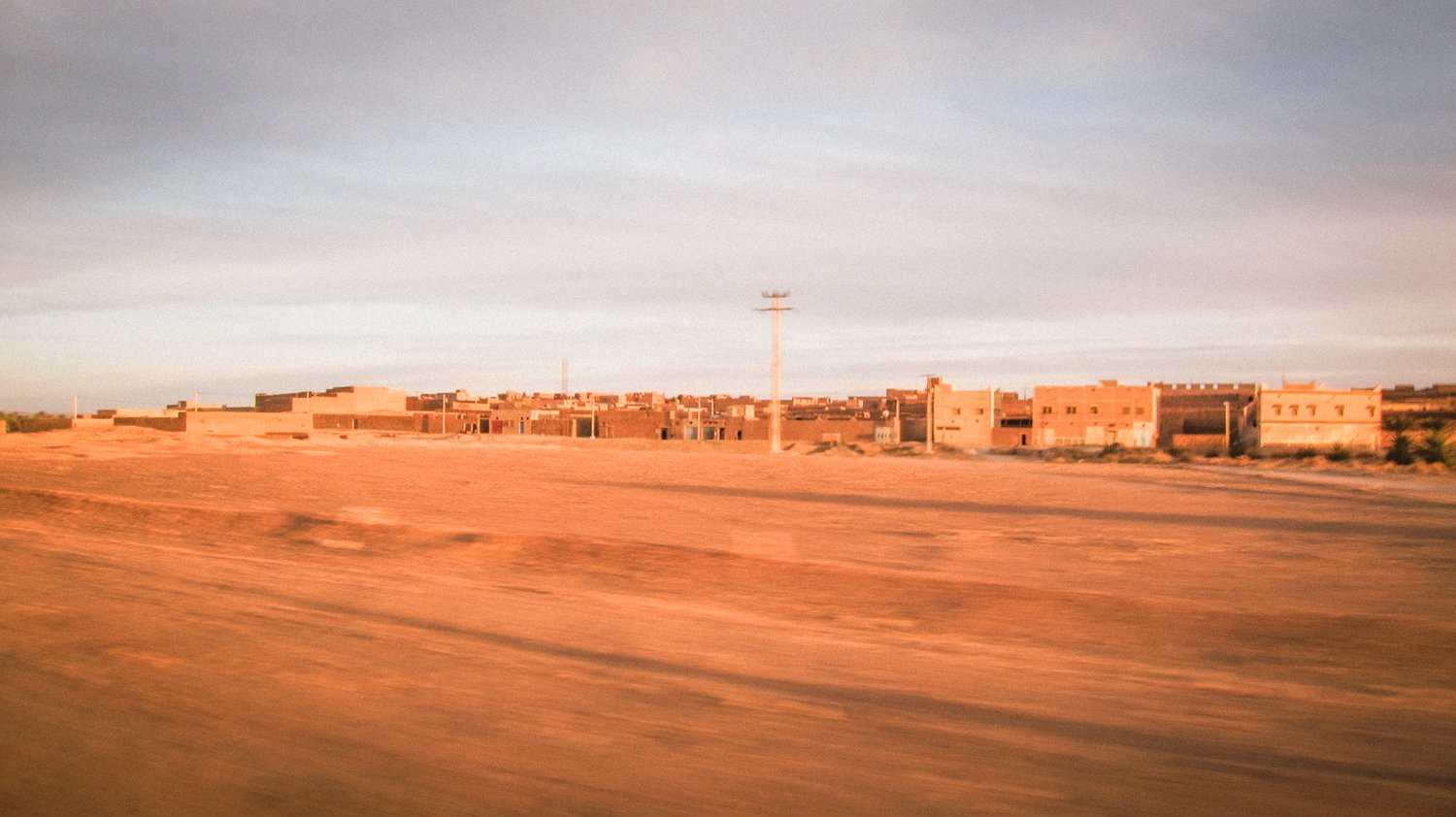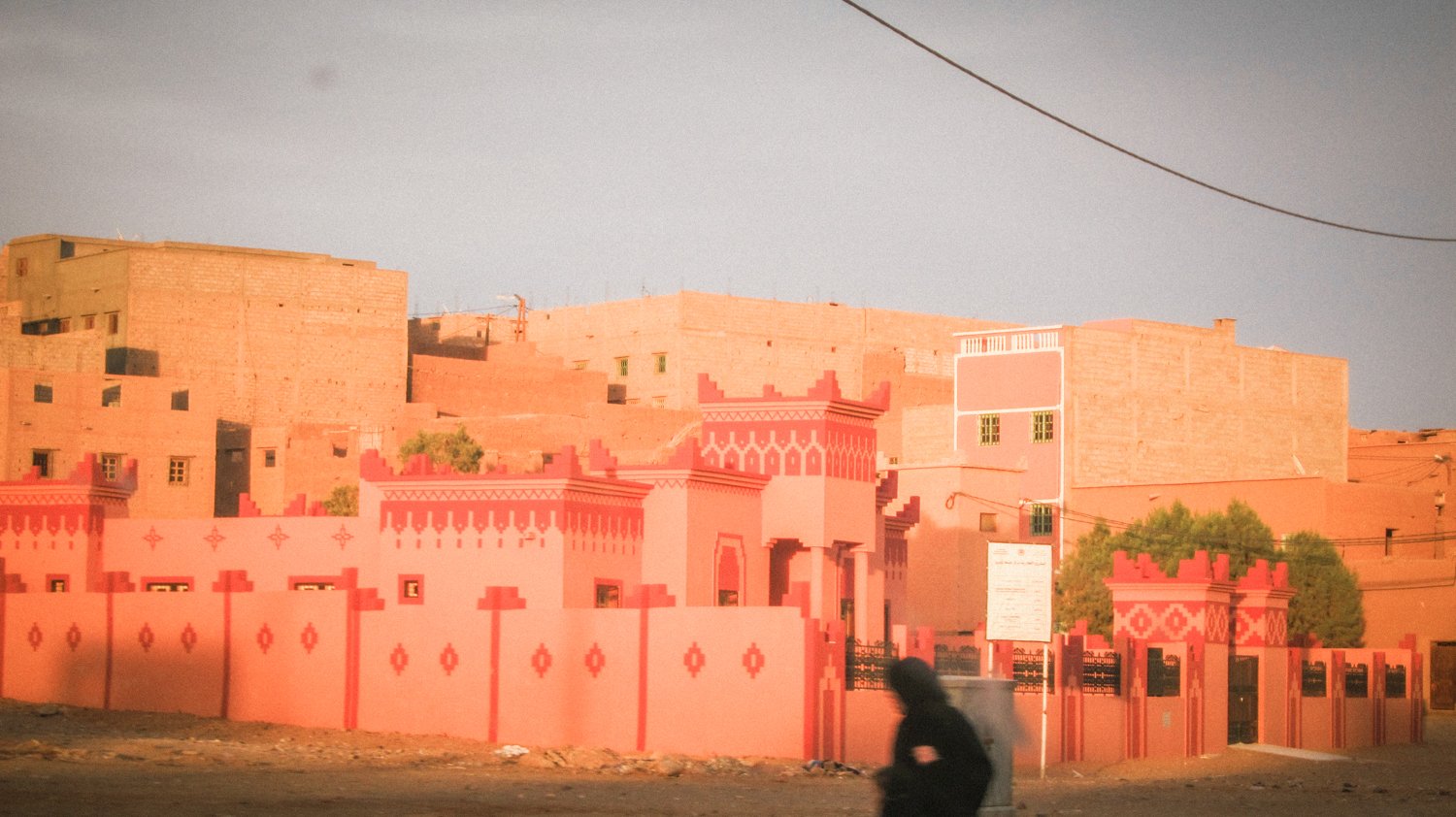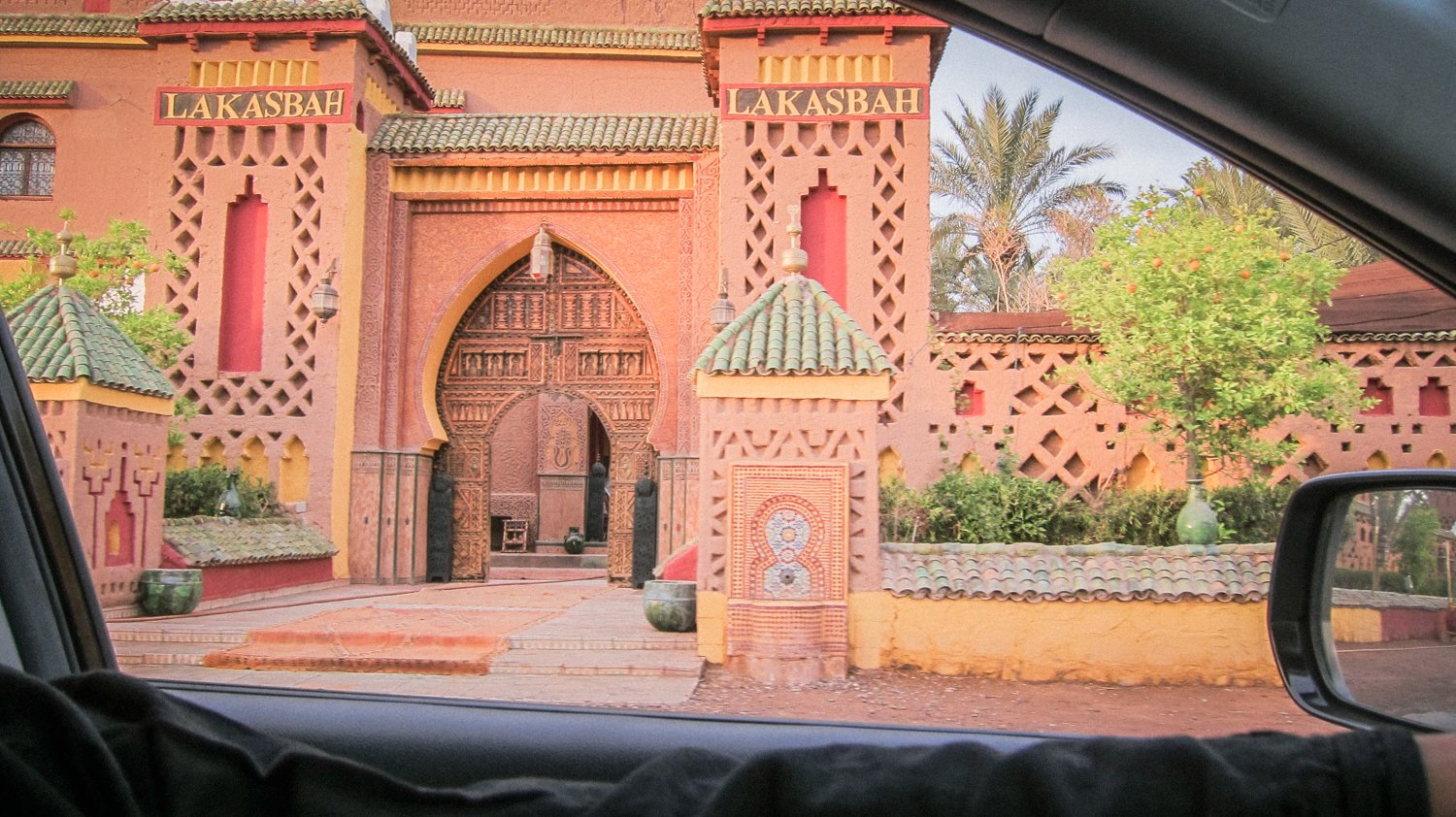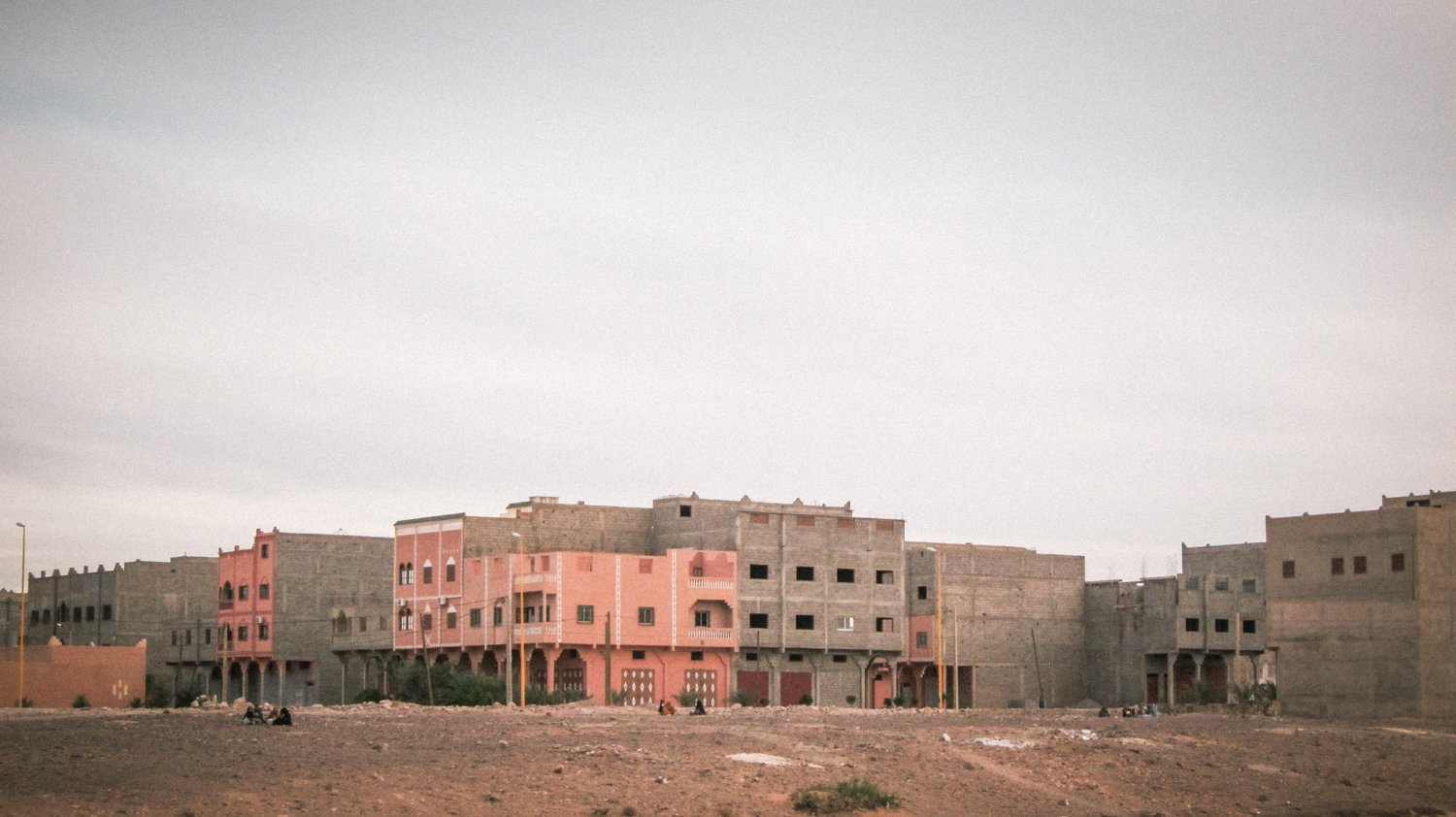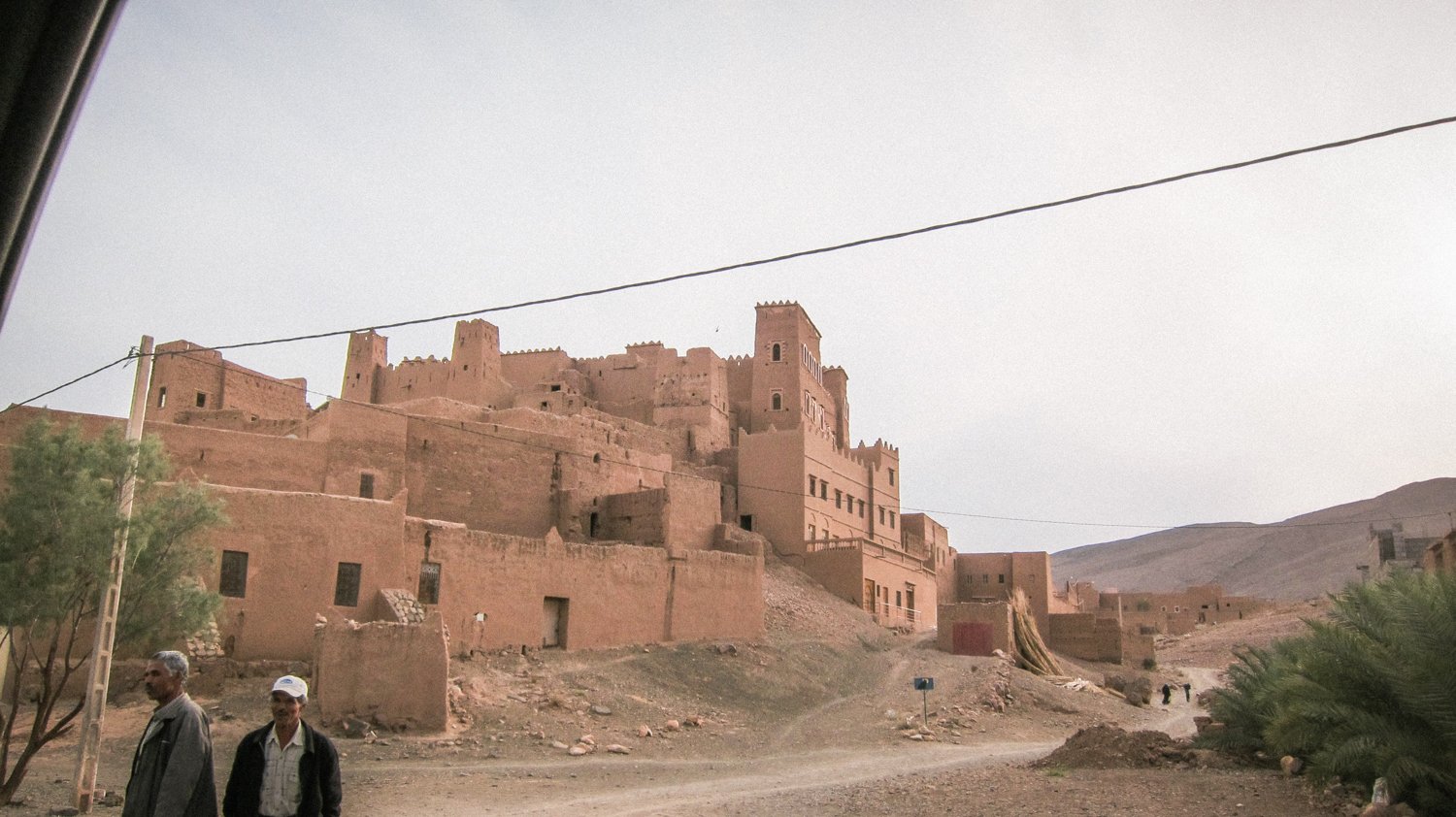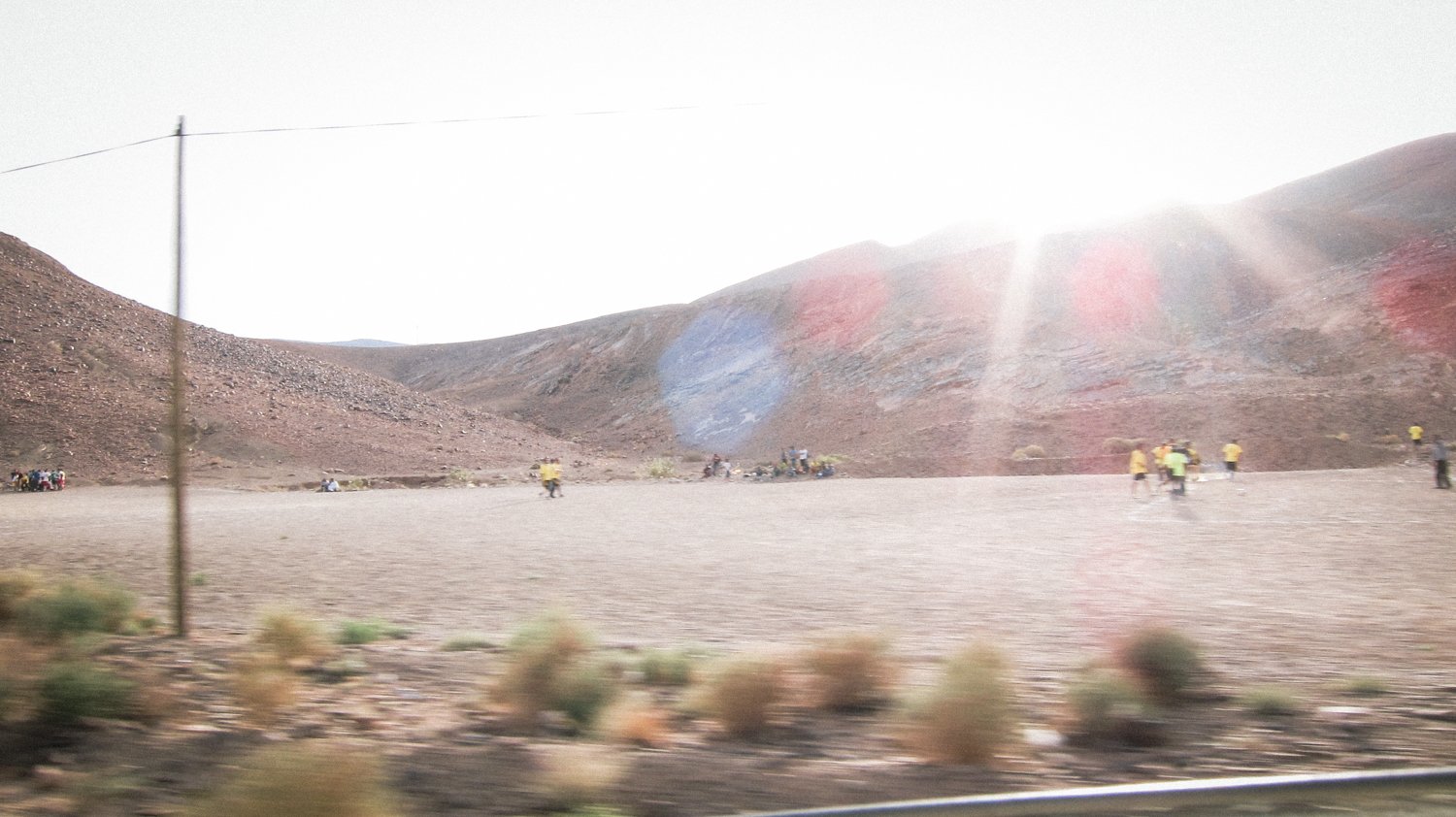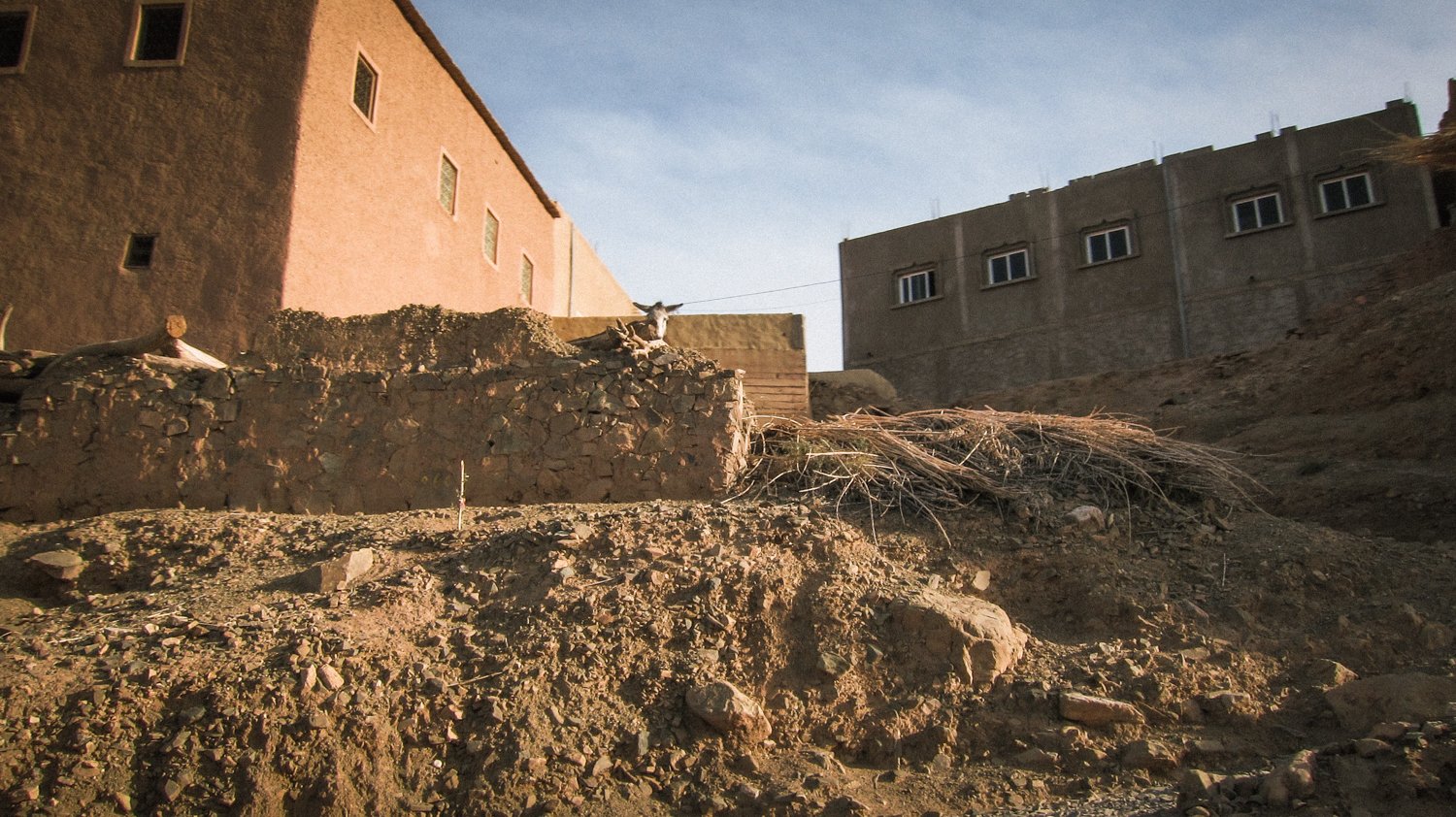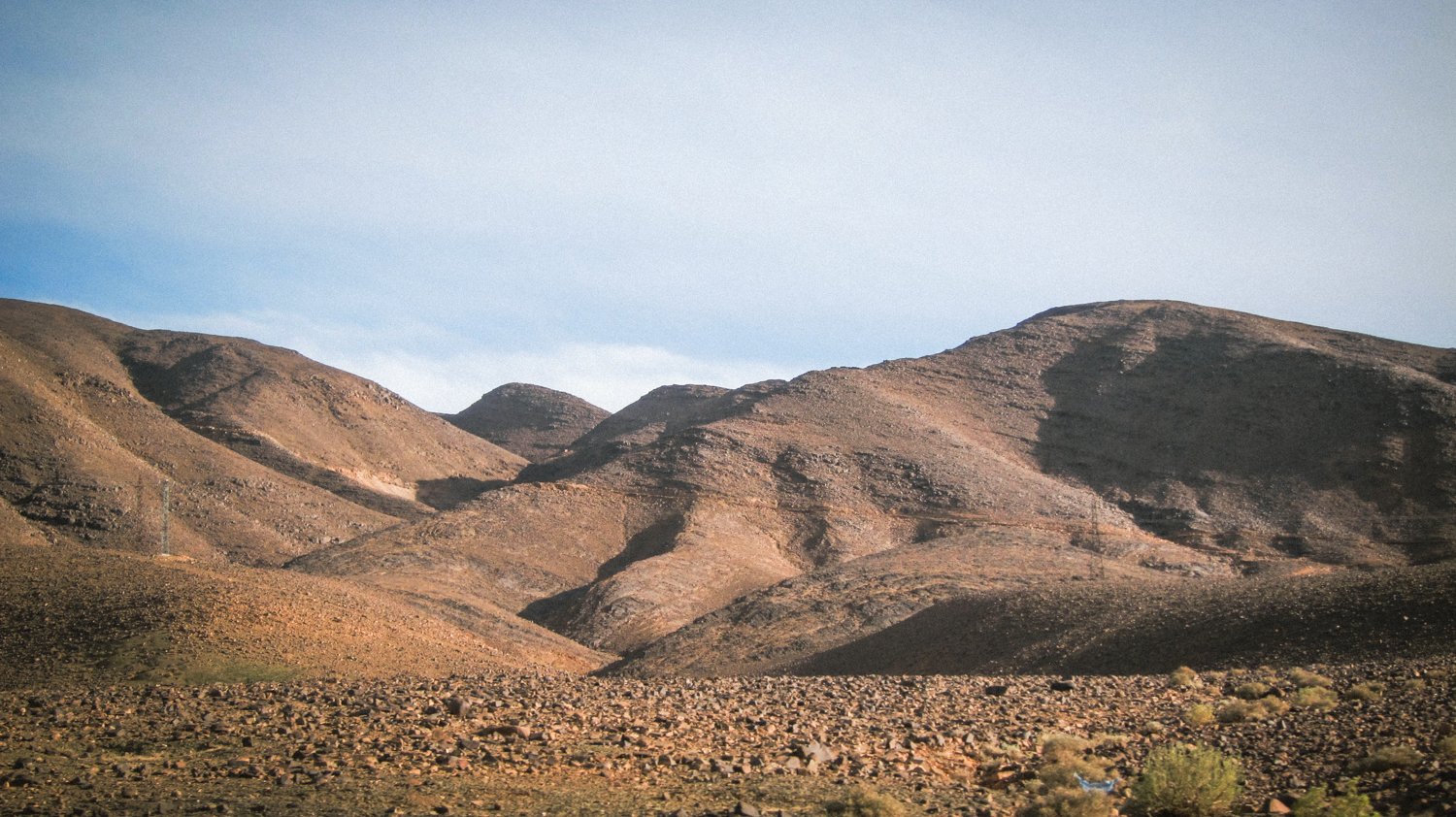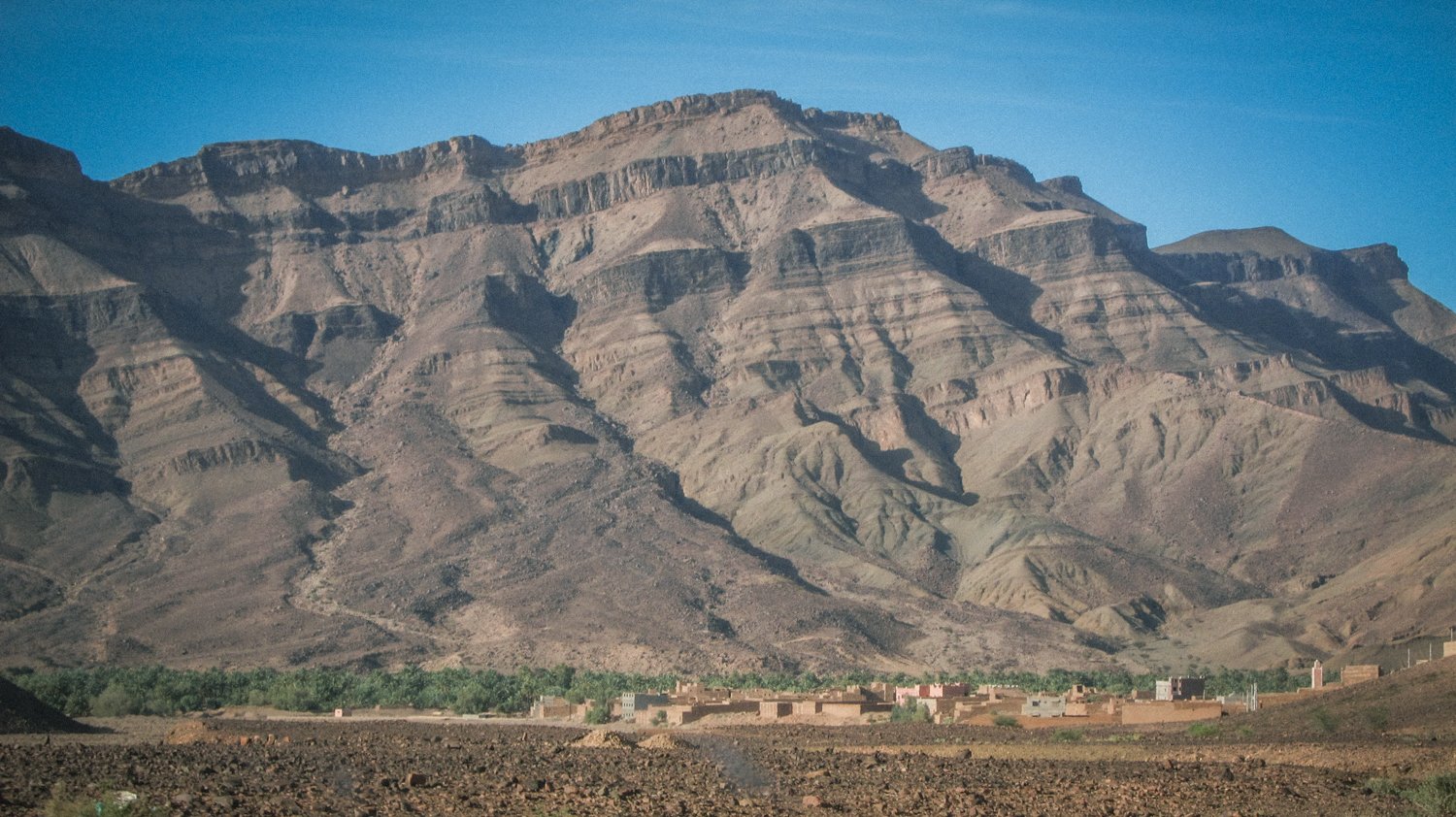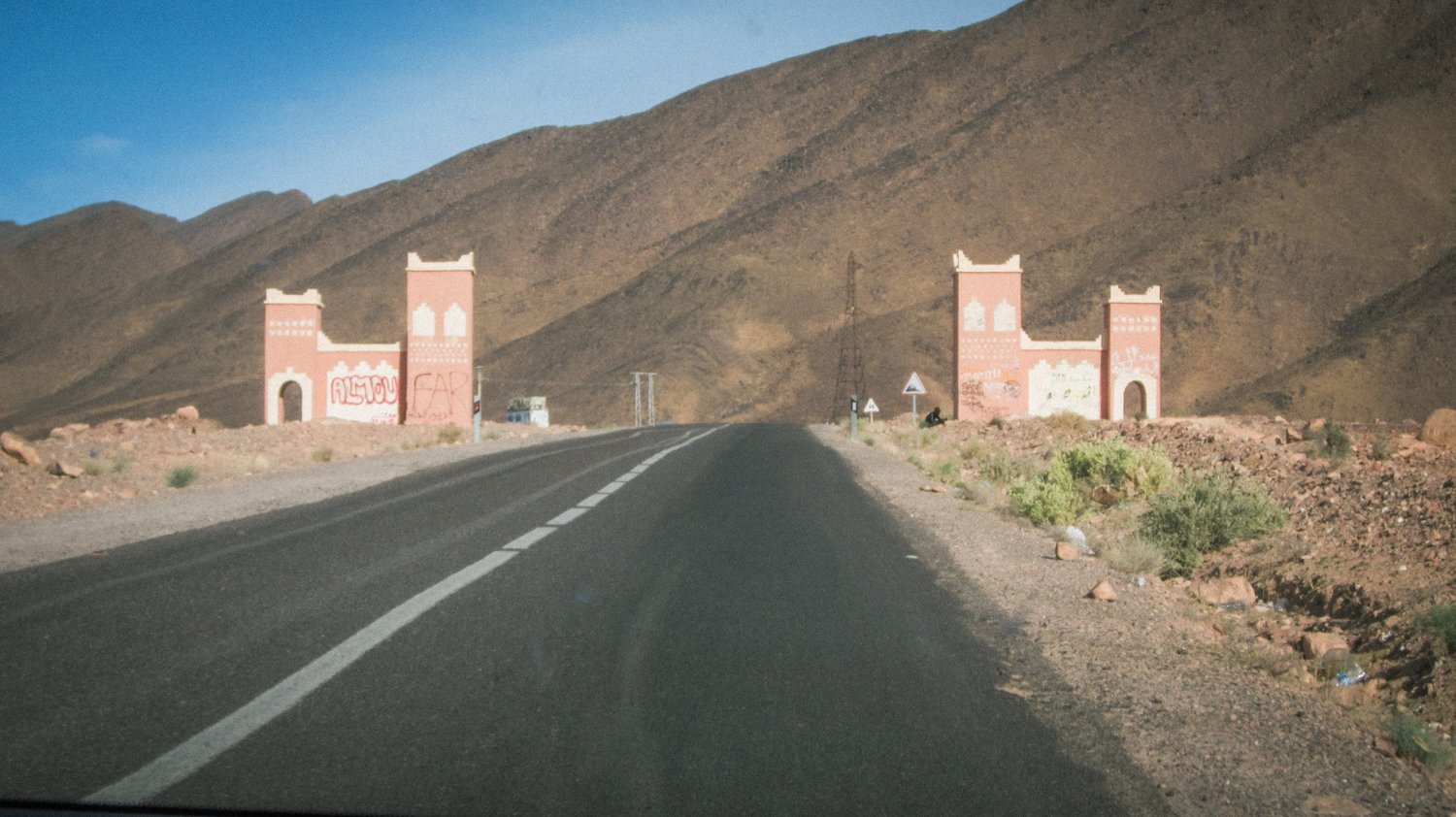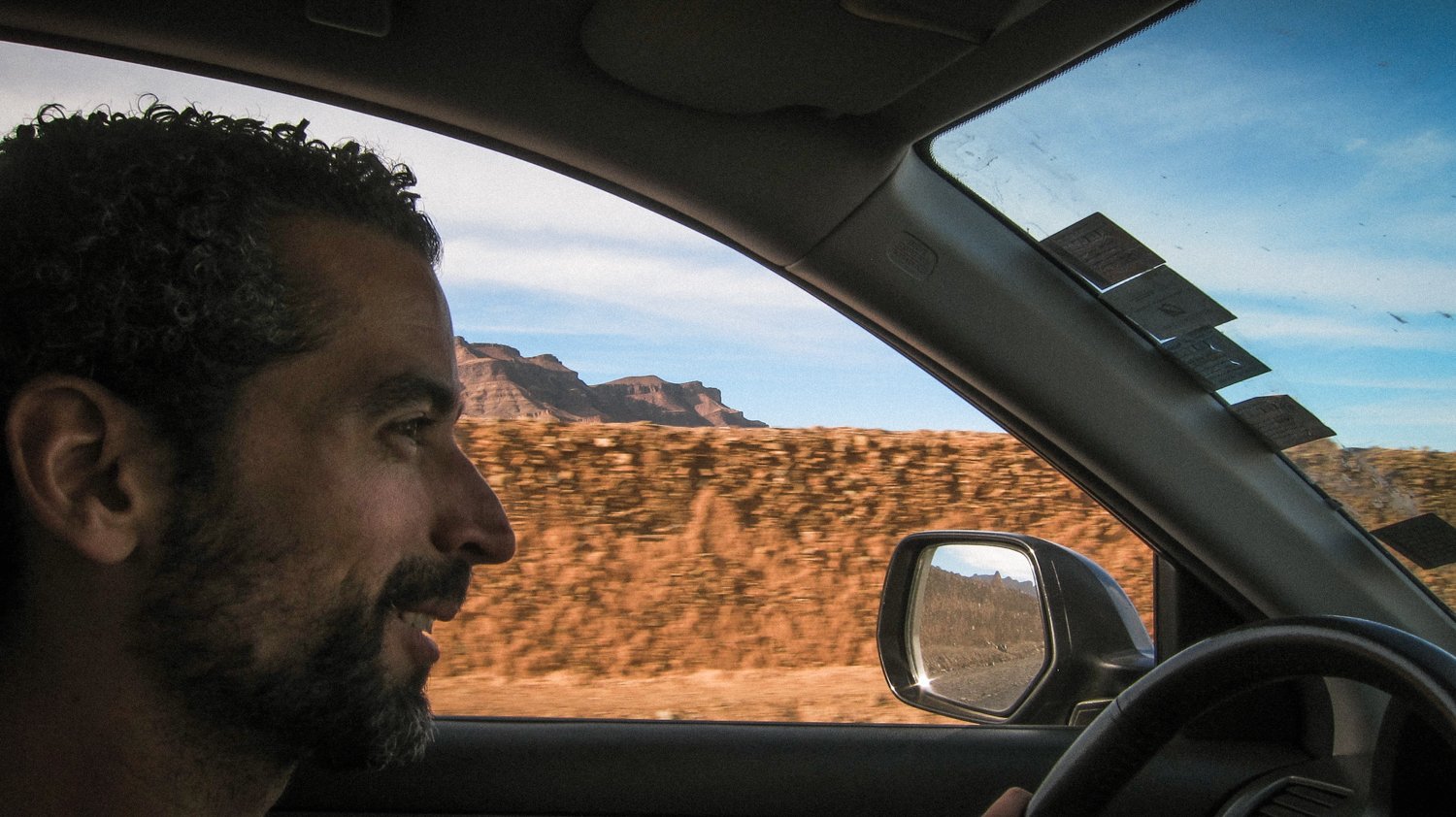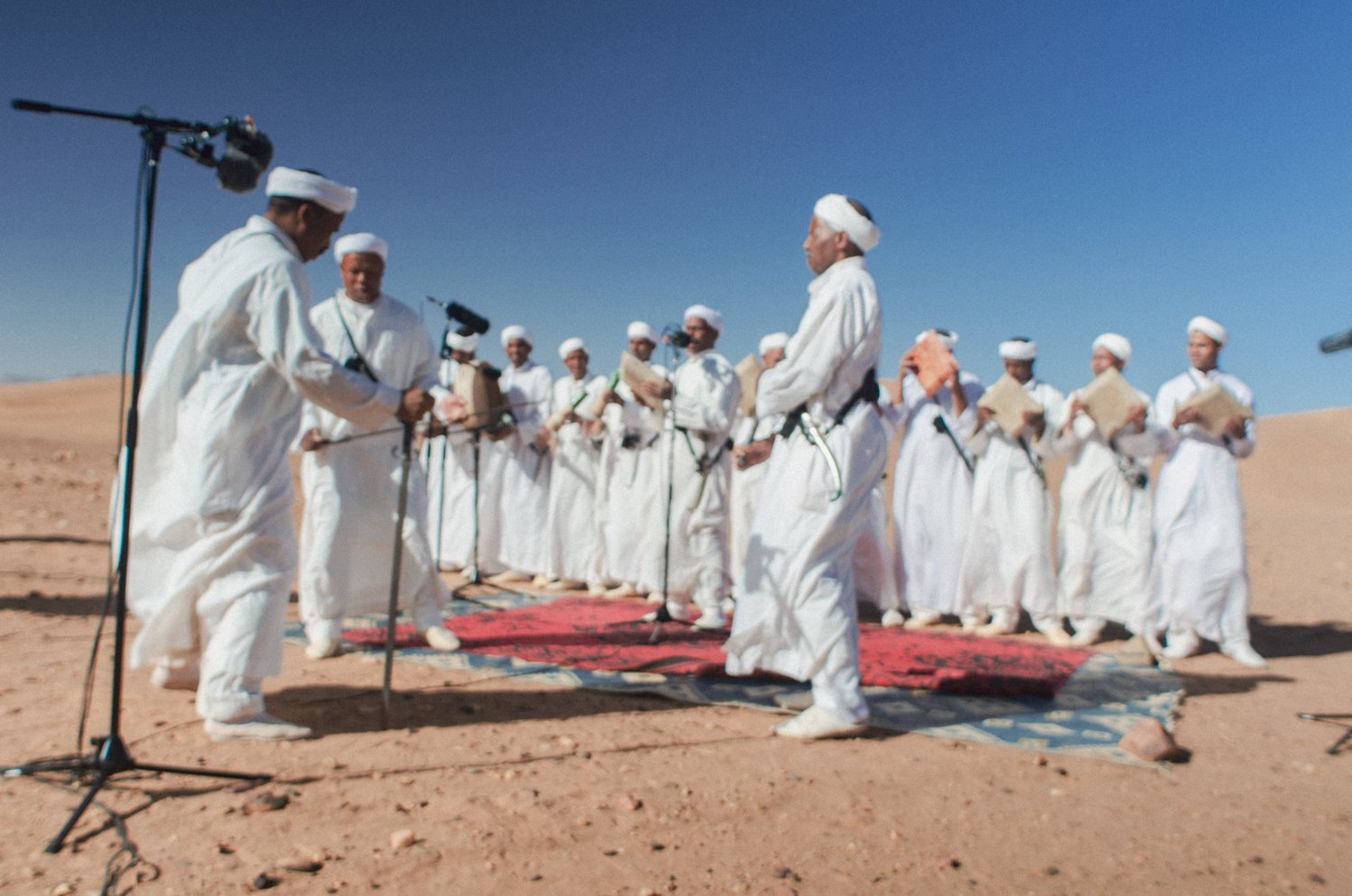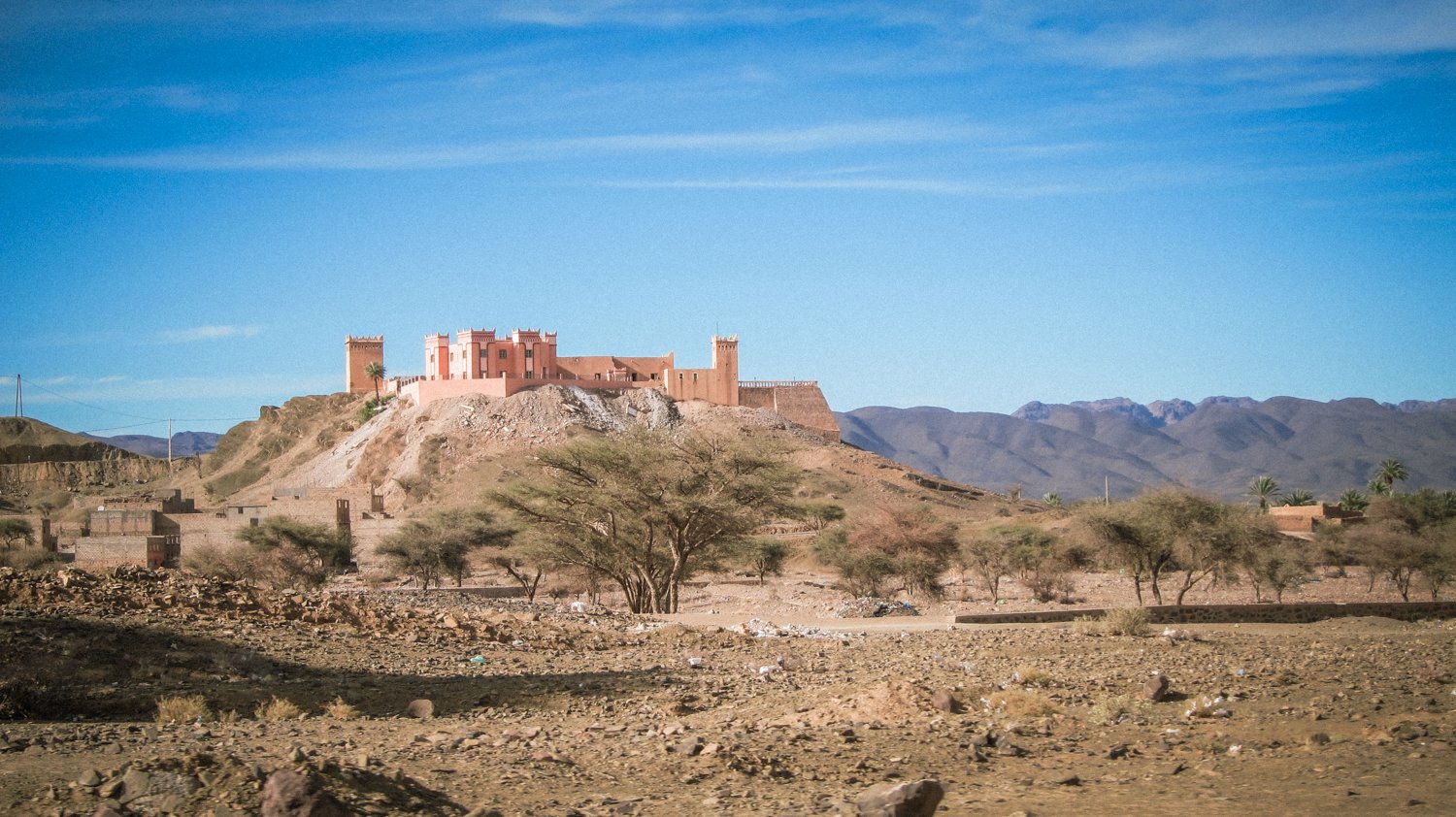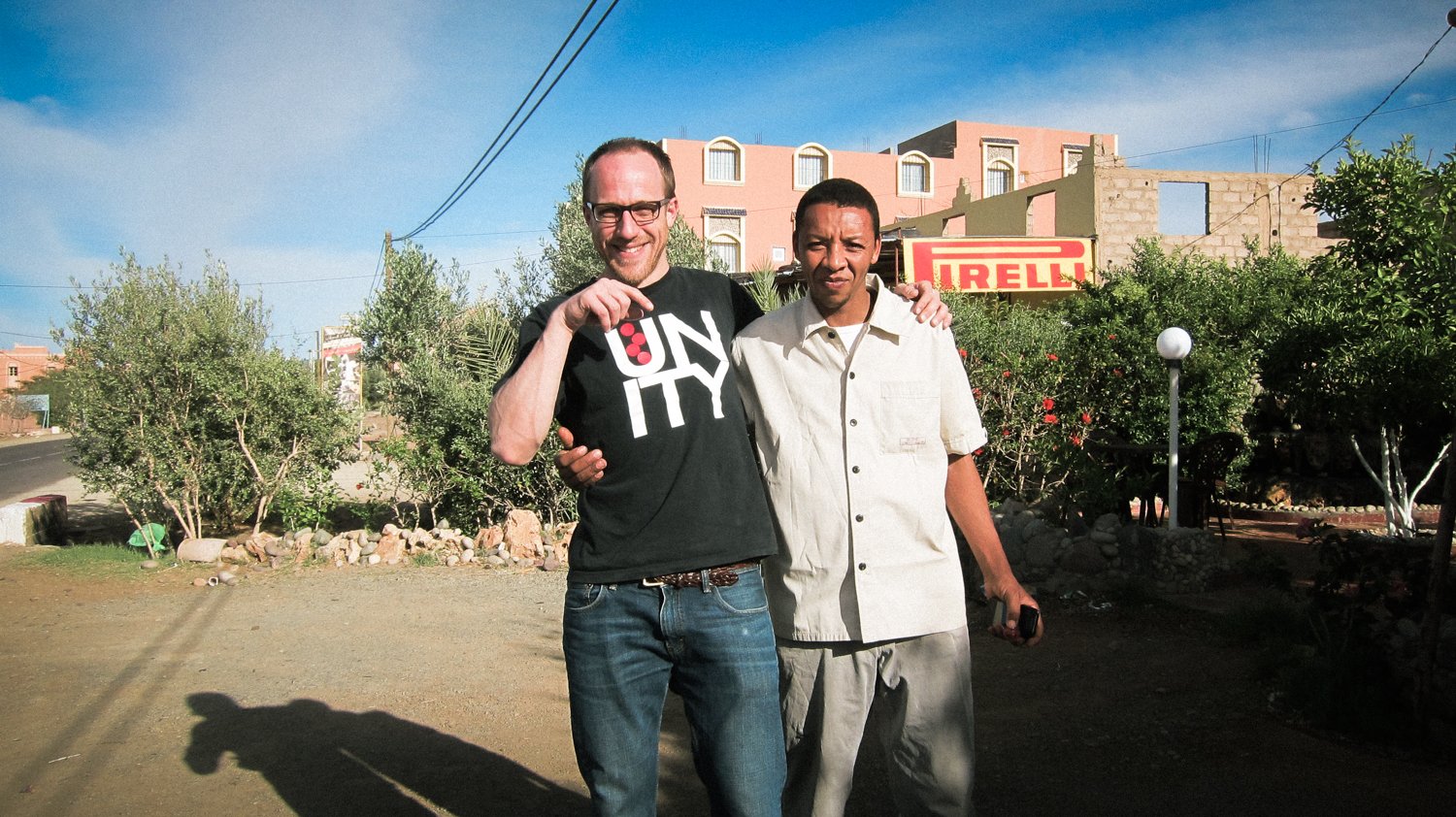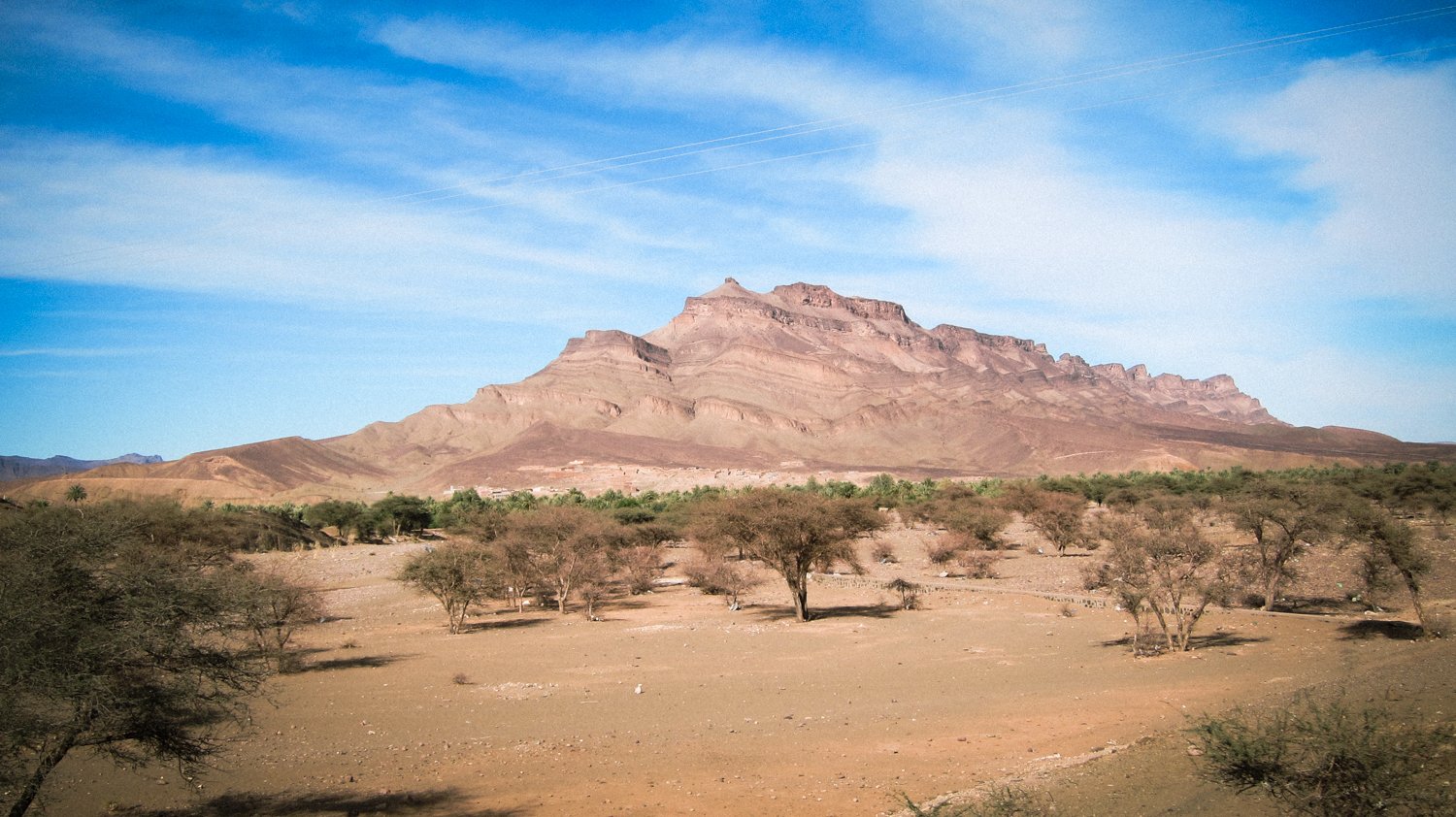Watch The Music
Listen To Album
Recorded live in April, 2014, by Tyler Wood in Tamegroute, Morroco.
Mixed and mastered by Tyler Wood at Sauce Farm Studio, Catskill, NY.
With deep gratitude to - Mhammed Elyadini and Kawtar Houari.
Remix Examples
Start Remixing
We've meticulously prepared a collection of remix-friendly audio (loops and one-shots) and video (stems) from the above album and are making them available as free downloads with a Creative Commons BY NC SA license, which allows you to remix and share them solely for non-commercial purposes, as long as you always give credit to Remix ⟷ Culture and Deqqat Assif Ou Aqellal and provide a link to this very same license.
If you end up making killer remixes and you'd like to earn money from remixing our audio, contact us for a licensing agreement.
Listen to a few of the hundreds of audio files you will find in the downloads above:
Preview a few of the dozens of video files that you will find in the downloads above:
![[1b] - Ney - Mono - 23.976FPS - DAOA](https://images.squarespace-cdn.com/content/v1/593ec58bc534a5c8d1095645/1645648669657-SH19PRL5R775Y6JJPTI5/image-asset.jpeg)
![[3a] - Lead Vox - Mono - 23.976FPS - DAOA](https://images.squarespace-cdn.com/content/v1/593ec58bc534a5c8d1095645/1645648744860-PCFWC8CEYXEOF183X8BC/image-asset.jpeg)
![[4e] - Backup Vox - Stereo - 23.976FPS - DAOA](https://images.squarespace-cdn.com/content/v1/593ec58bc534a5c8d1095645/1645649017548-RY981NC98OT3VF16ISCV/image-asset.jpeg)
![[4c] - Bendir L - Mono - 23.976FPS - DAOA](https://images.squarespace-cdn.com/content/v1/593ec58bc534a5c8d1095645/1645649077333-EYQ6AFW8XQ0J84F45EI0/image-asset.jpeg)
![[1e] - Backup Vox + Dafs - Stereo - 23.976FPS - DAOA](https://images.squarespace-cdn.com/content/v1/593ec58bc534a5c8d1095645/1645649195090-XL5RX9VPKU9NSPPSJ8L6/image-asset.jpeg)
![[3f] - Dafs - Stereo - 23.976FPS - DAOA](https://images.squarespace-cdn.com/content/v1/593ec58bc534a5c8d1095645/1645649410286-SZGL535C70FEJ9FWZP75/image-asset.jpeg)
About The Band
Band Members
Hassan Boulaâzafar - Lead Vocals, Ney, Bendir
Ait Almadani Alhaj Mohamed Benhoussa - Bendir, Backup Vocals
Boukhali Brahim - Bendir, Daf, Claps, Backup Vocals
M'bark Ben Mohamed Benmadani & Elkhder Almadani - Ta3rija, Backup Vocals
Nah Elkhder Mohamed, Alhamdaoui Mohamed, Elfkhar Abderrahman, Agli Youssef - Daf, Claps, Backup Vocals
Almahjoun Alkheddar, Mohamed Belnoqra - Daf, Claps, Backup Vocals
Abdelmalek, Omar Elkhder Almahjoub, Ait Babani Mali - Sif, Daf, Claps, Backup Vocals
Youssef Al Hanafi - Sif, Bendir, Daf, Claps, Backup Vocals
Deqqat Assif ou Aqellal started as a childhood dream for Hassan, its founder, where he played the gasba or ney (reed flute) on Moussem day (community festival) in his town of Tamegroute. The following morning, he bought his first gasba, and began the journey of dedicating the rest of his life to learning more about his community’s tradition. Today, the musical ensemble Deqqat Assif ou Aqellal is an organization counting more that 40 individuals learning the different rhythms, dances and lyrics of their region.The group plays for audiences during celebrations as well as Moussems, and its members are, among other things, farmers or masons, all united by their passion for music and tradition.
Tamegroute is a town situated in the southeastern Moroccan desert, only a few kilometers away from the more popular city of Zagora. Tamegroute’s trademark is its pottery (a craft originally brought from Fez) whose distinctive features lie in its green or sometimes ochre-brown glaze. The green enamel is made of copper, khol (a traditional form of mascara), ground stone and flour, recalling colors of the Zagora palm grove and the country’s green olives.
More generally, Tamegroute has equally been defined by the Saharan trade routes, as it used to be one of the main roads leading to Timbuktu. It is also home to many small fortified villages (Ksour) offering mud walls and colors representative of the Draa valley’s beauty, as well as the Zawiya Nasiriyya, a Sufi sanctuary. The zawiya was founded in the 17th century by Sidi Mohammed Ibn Nassir Al-Drawi, who made significant contributions to Islamic jurisprudence (Fiqh), science, and poetry. The zawiya was not only a sanctuary for the Nasiri Sufi order, but also housed a mausoleum, and a 50,000-volume library of books collected by Ibn Nassir and his progeny/successors from their travels through North Africa, East Africa, and Southwest Asia. The zawiya became a renowned meeting place for Sufi pilgrims from various parts of the Maghreb, inspiring a brotherhood of peacemakers. To this day, each year, a festival (Moussem) is held in Sidi Mohammed Ibn Nassir’s honor, one month after the holy day of Aid el-Kebir.
It is in this historically rich town that the musical ensemble Deqqat Assif ou Aqellal finds its roots, as its art is the product of different influences. The musical tradition they play is called Aqellal or Sqel which refers to the generally slow tempo inspired by the stillness of their desert environment. Similarly to Gnawa, the roots of this tradition can be traced back to various sub-Saharan origins, from Sudan to Senegal. The use of swords as part of their musical and visual performance is a recent development, moving from the West-African-originated use of sticks to the Middle Eastern-inspired use of swords, explains the ensemble’s leader Hassan Boulaâzafar. Hassan is the main singer (Rais) and leads the group, the tempo changes, and sends the go signal for dancers. He chants about Al-Gharam - or fervour, a sense of unwavering devotion to a person or entity be they God, the Prophet, the king, spiritual faith, or marriage. While the group is Amazigh, the lyrics are always in Arabic, usually praising God - except for the Q’said, or poetic stories or odes, sung during weddings. The musicians use instruments such as the bendir (round frame drum), taârija (small cylinder-like percussion instrument), assif (sword), ney/gasba (reed flute), and the daf (square drum).
For the francophones, listen to this radio story about the band:
Upcoming Shows







